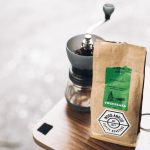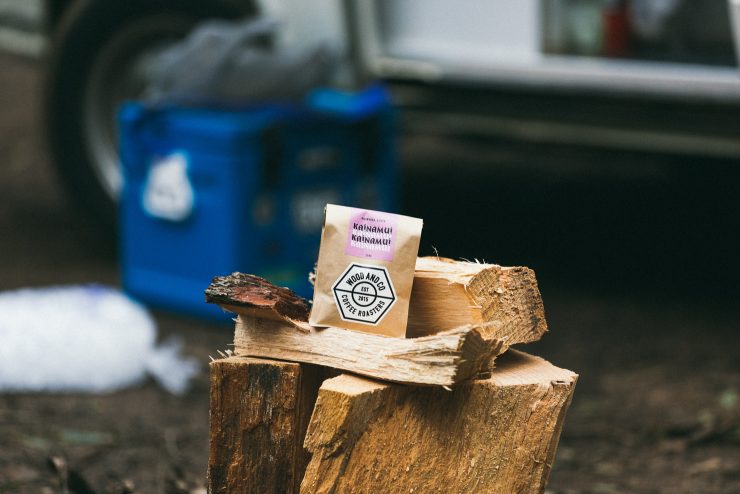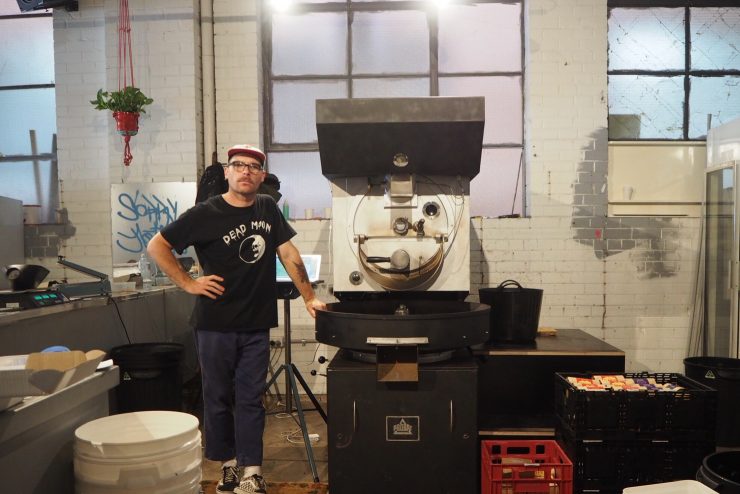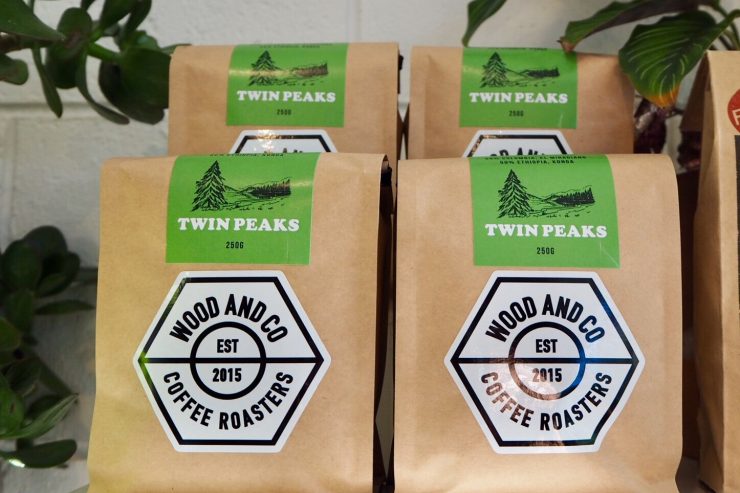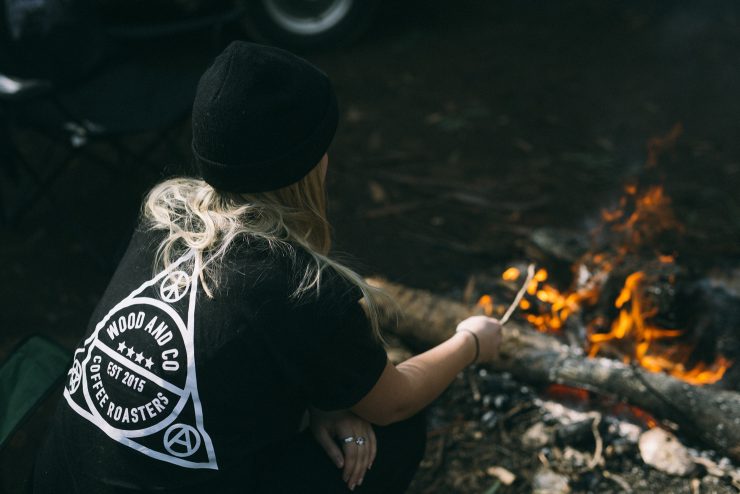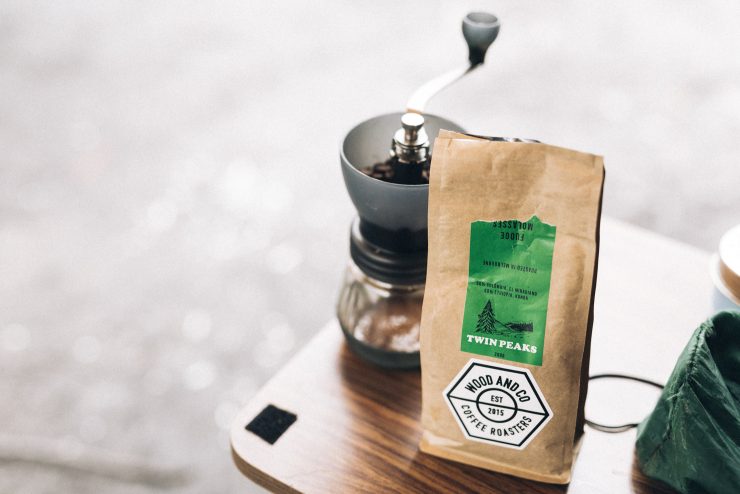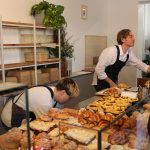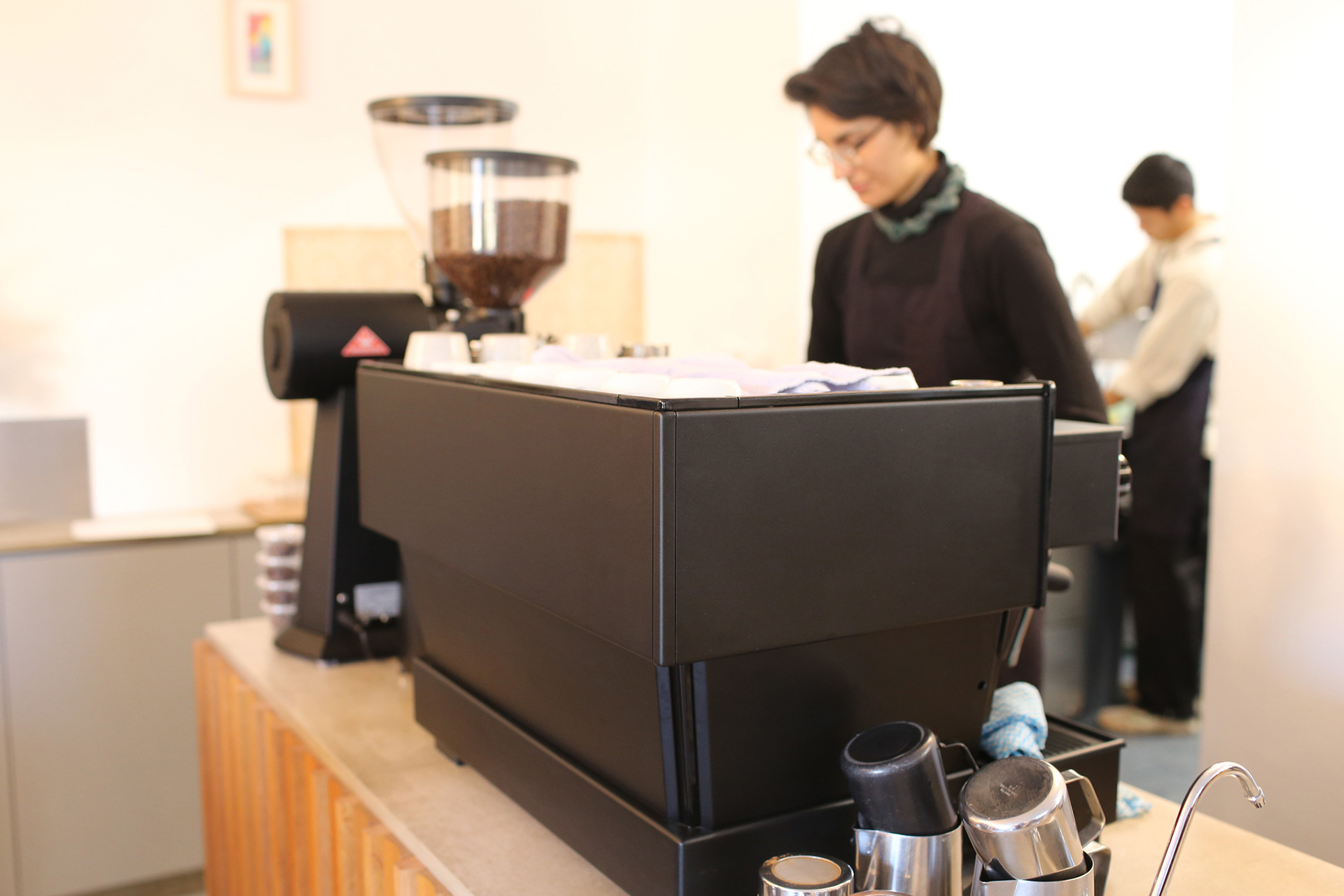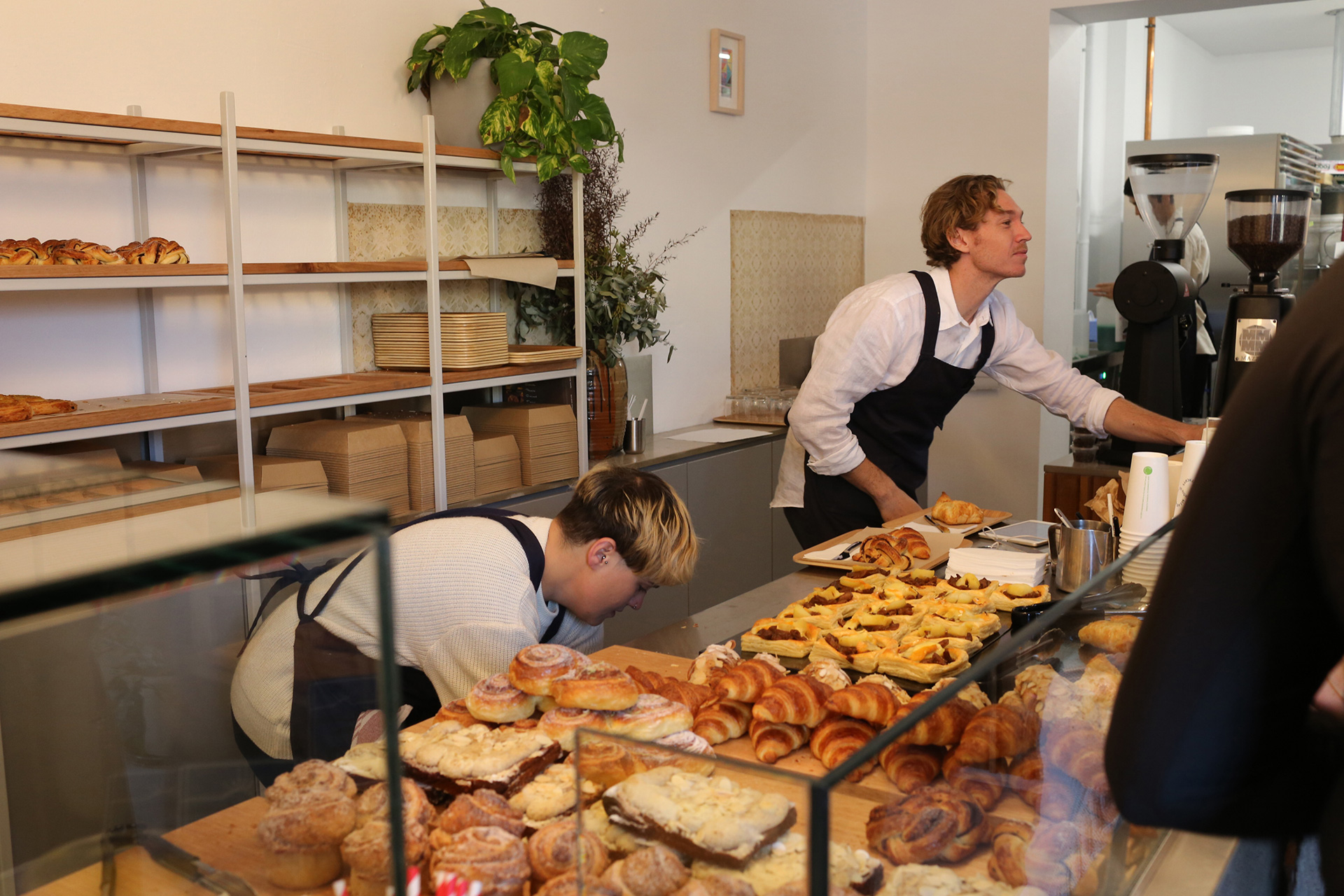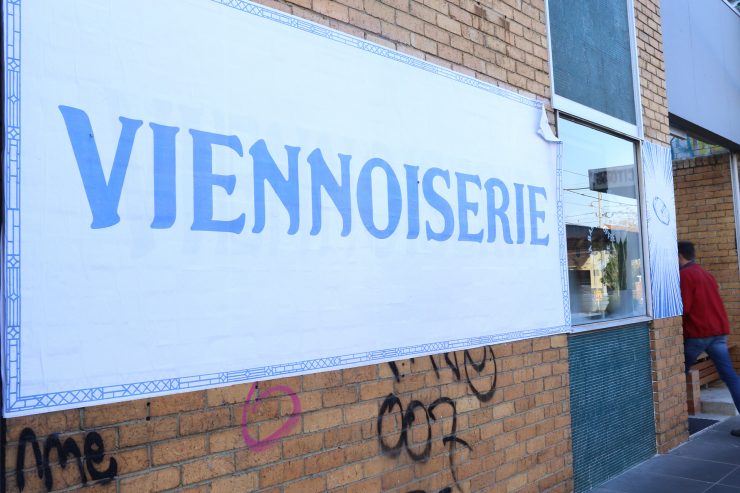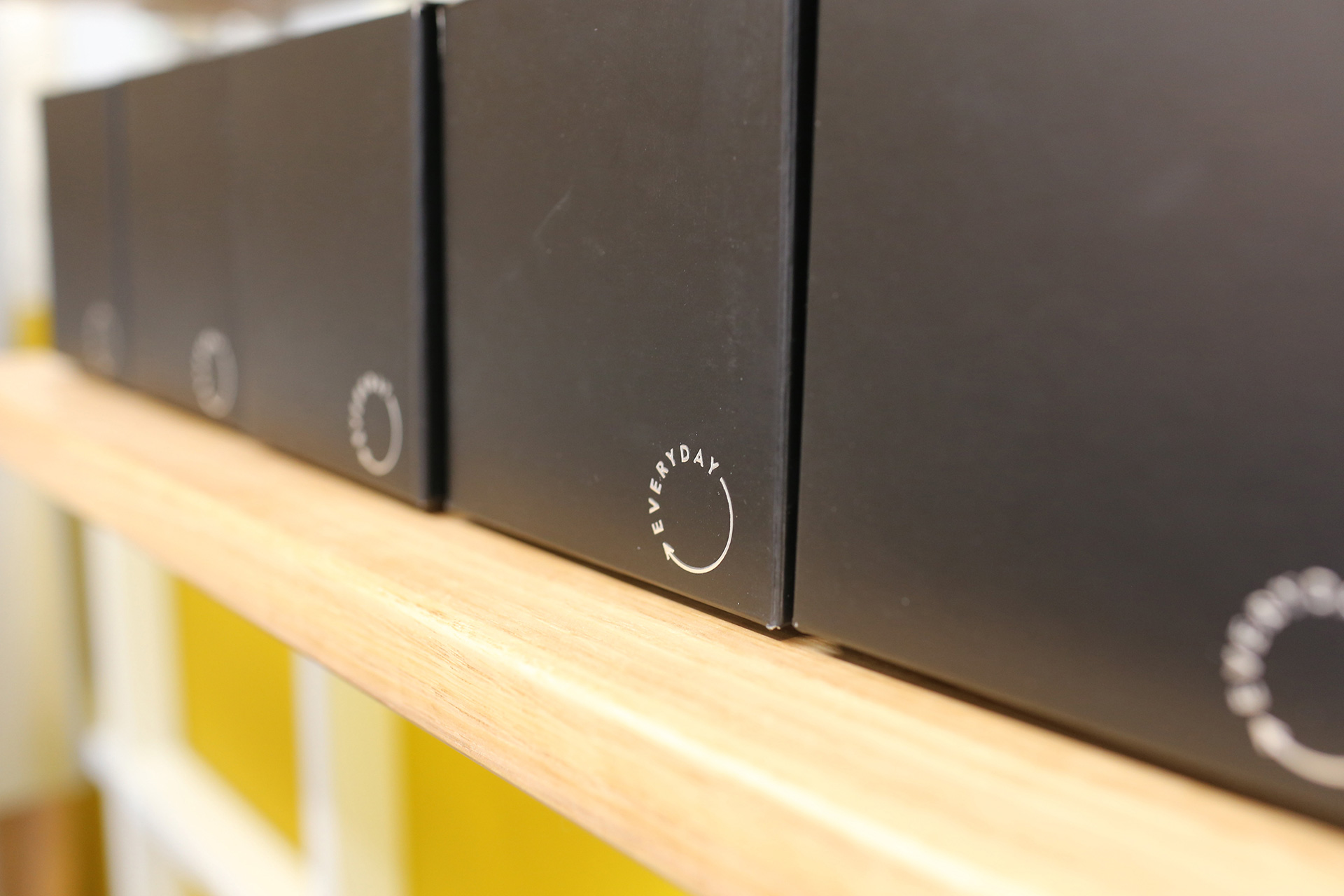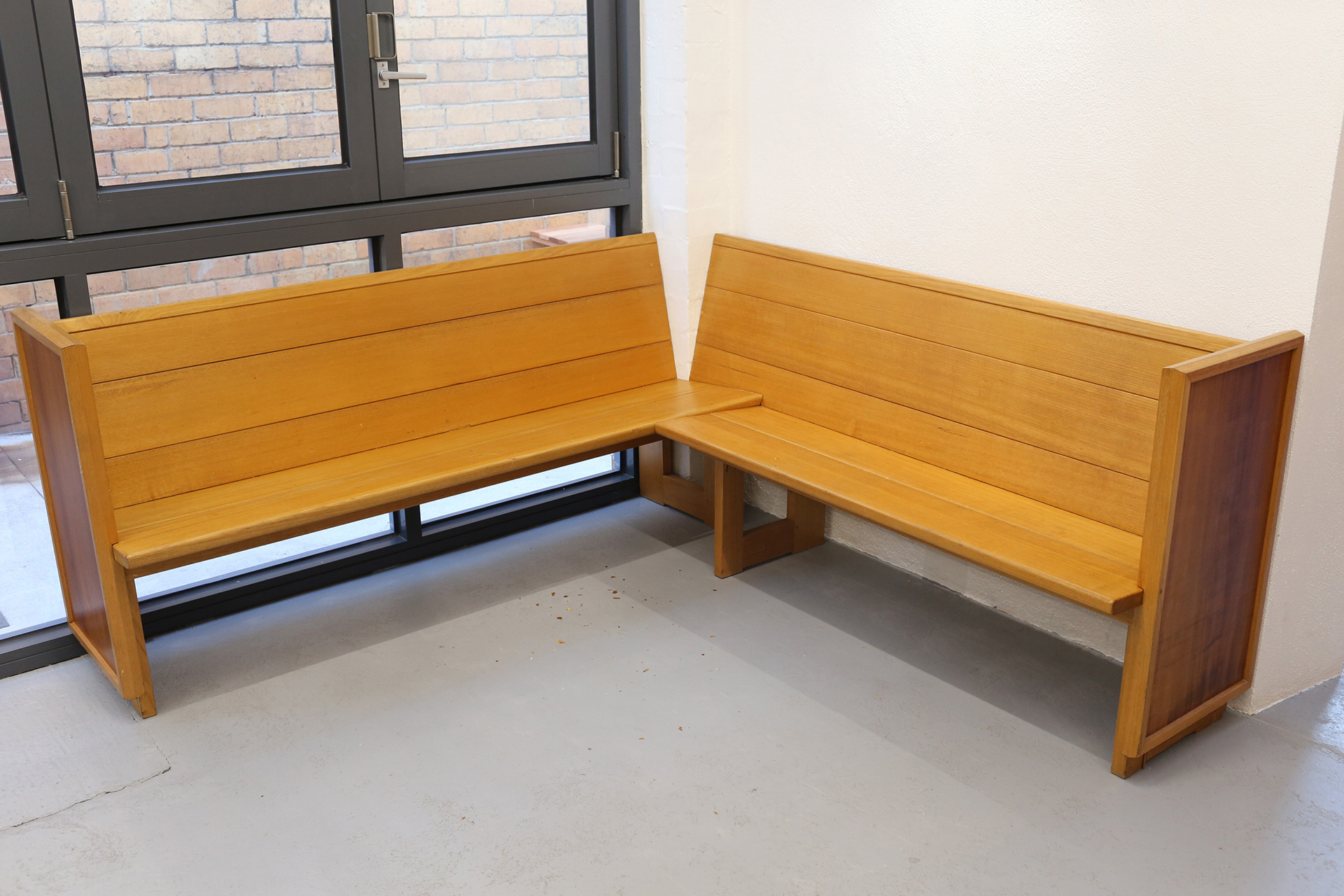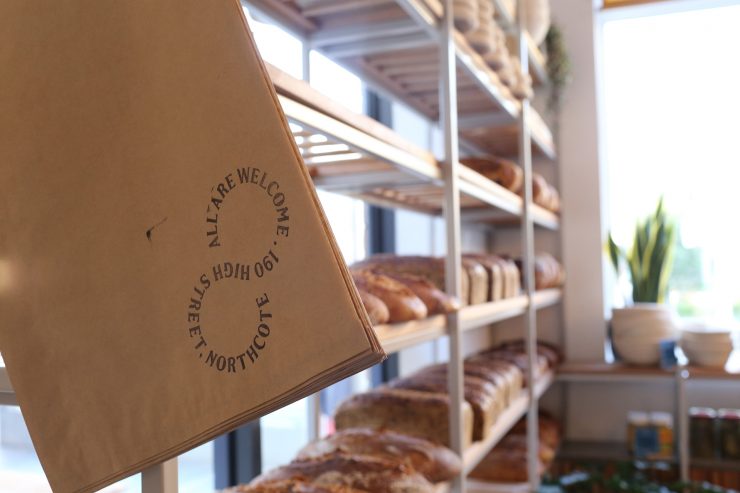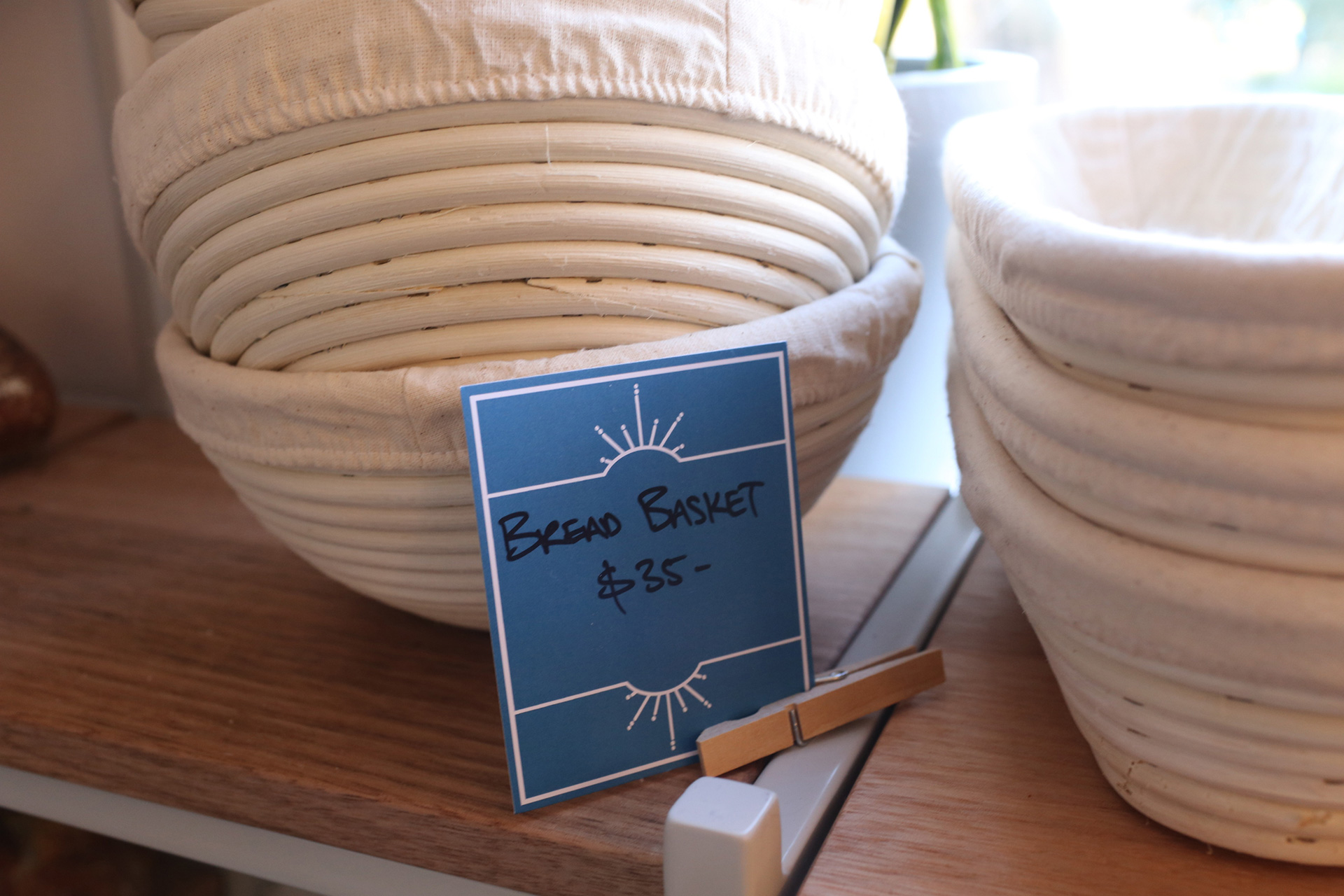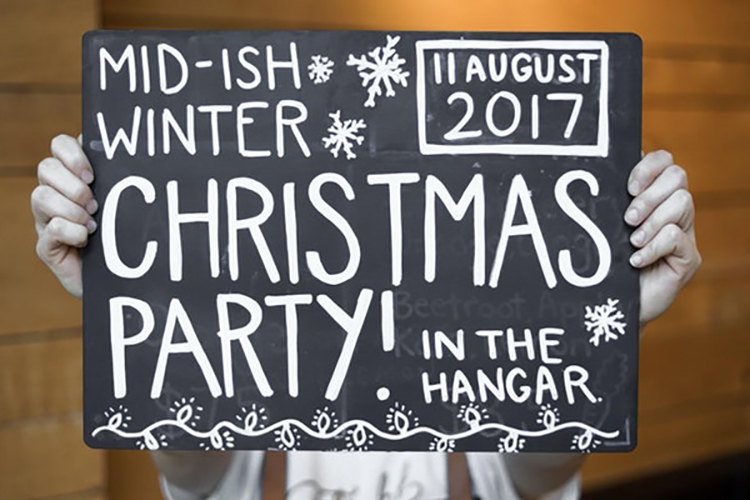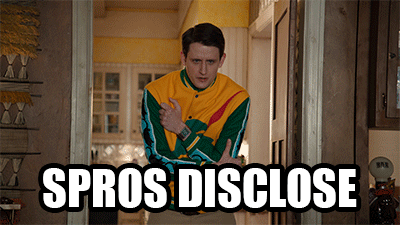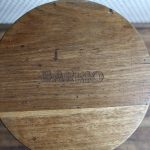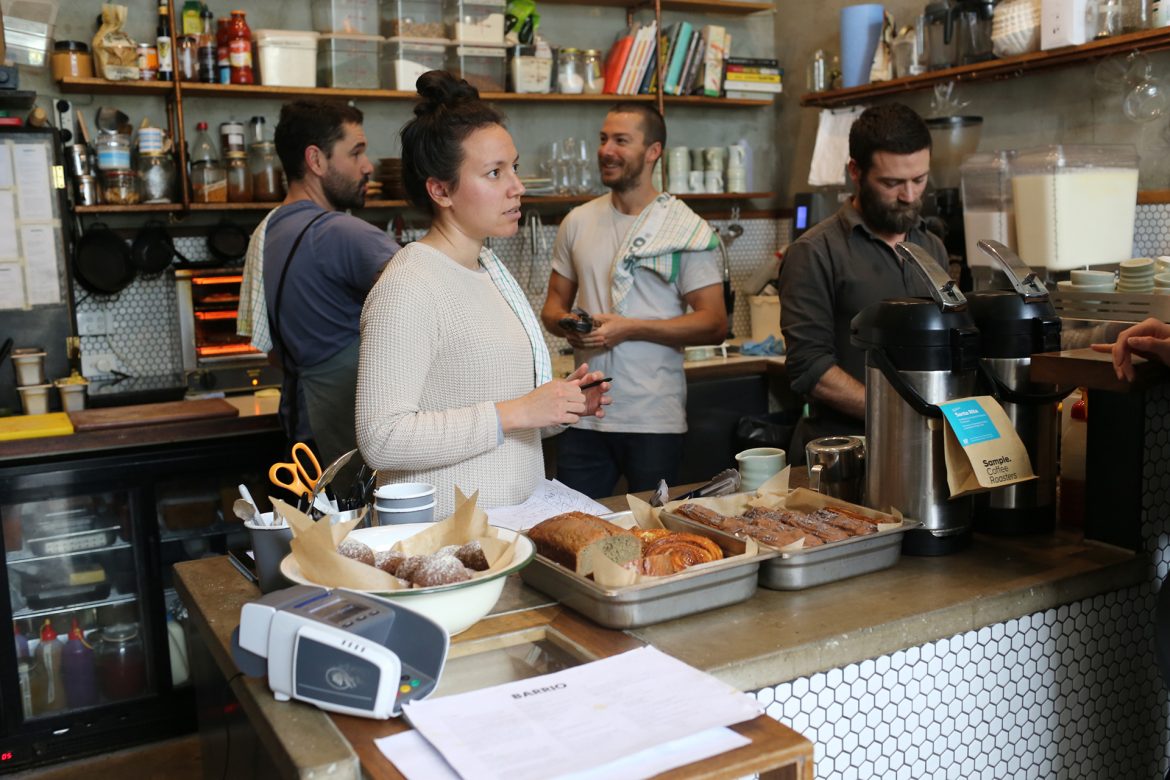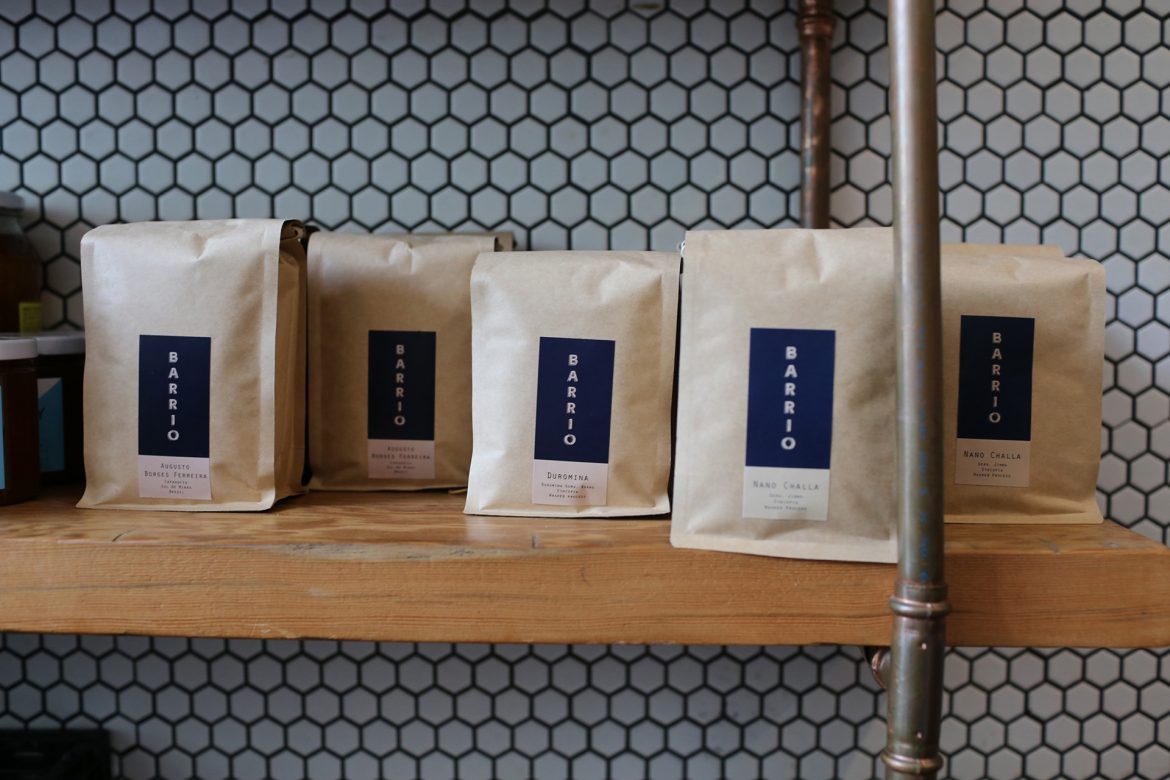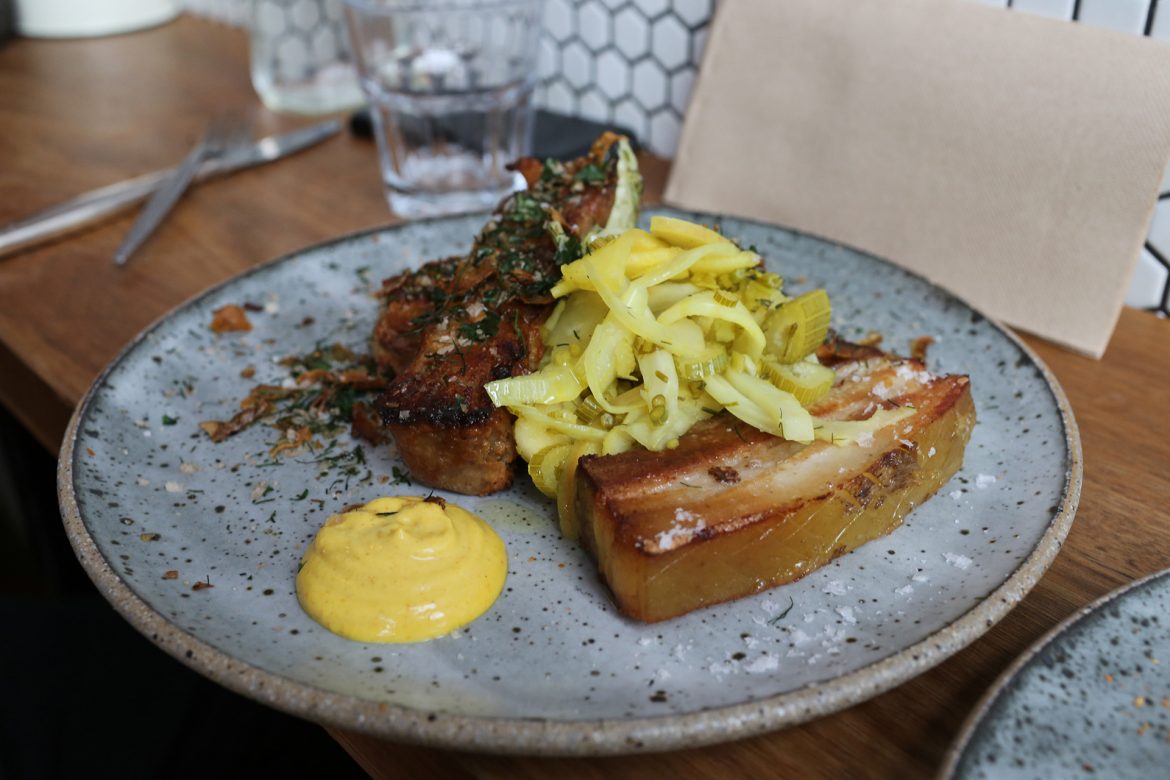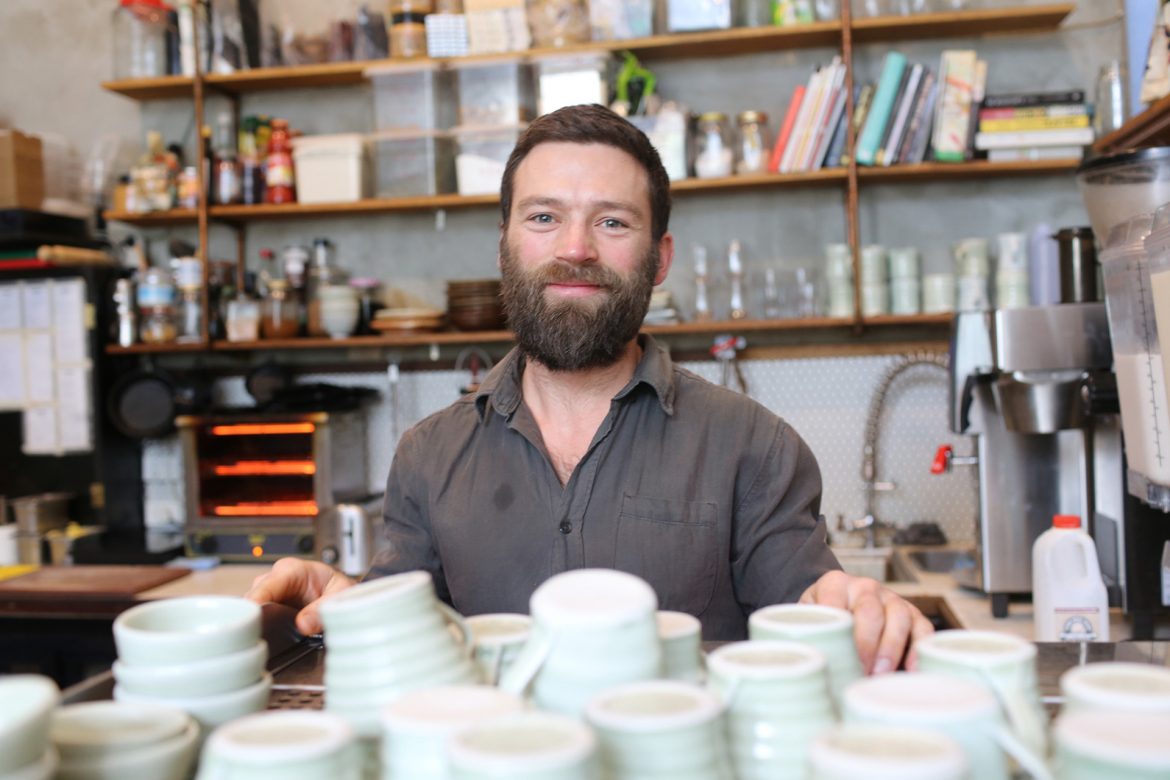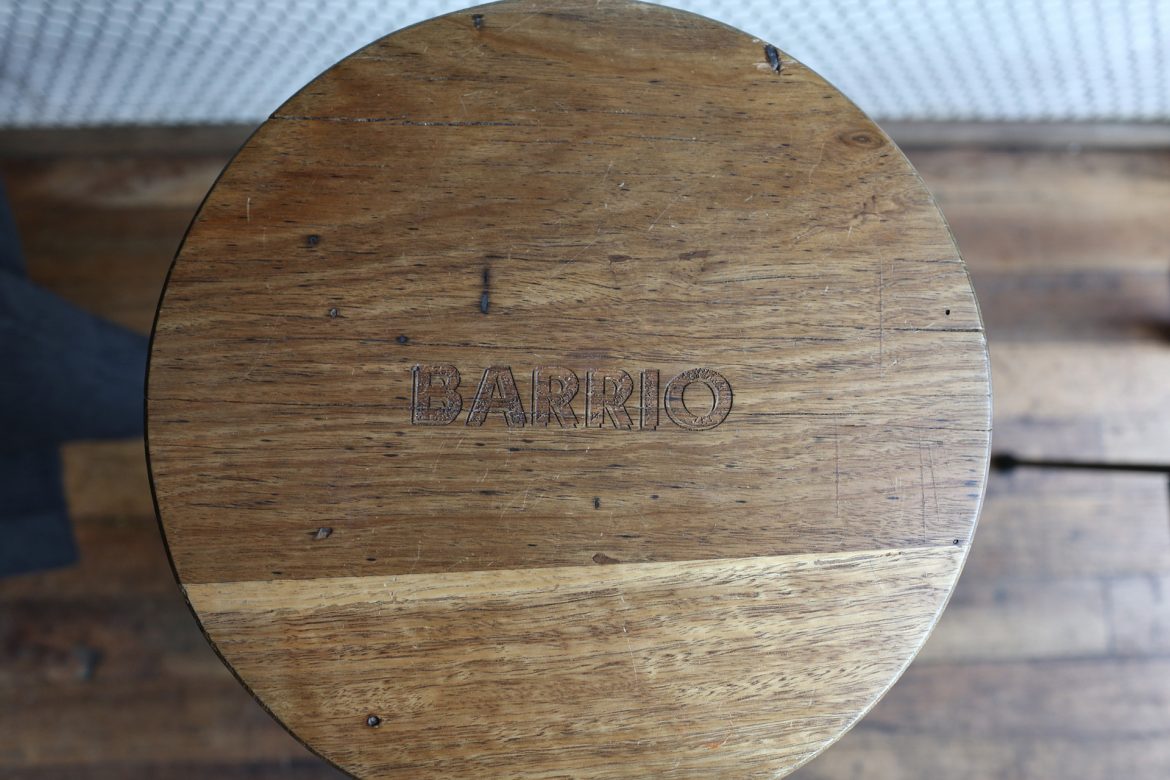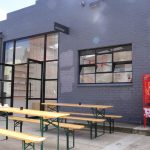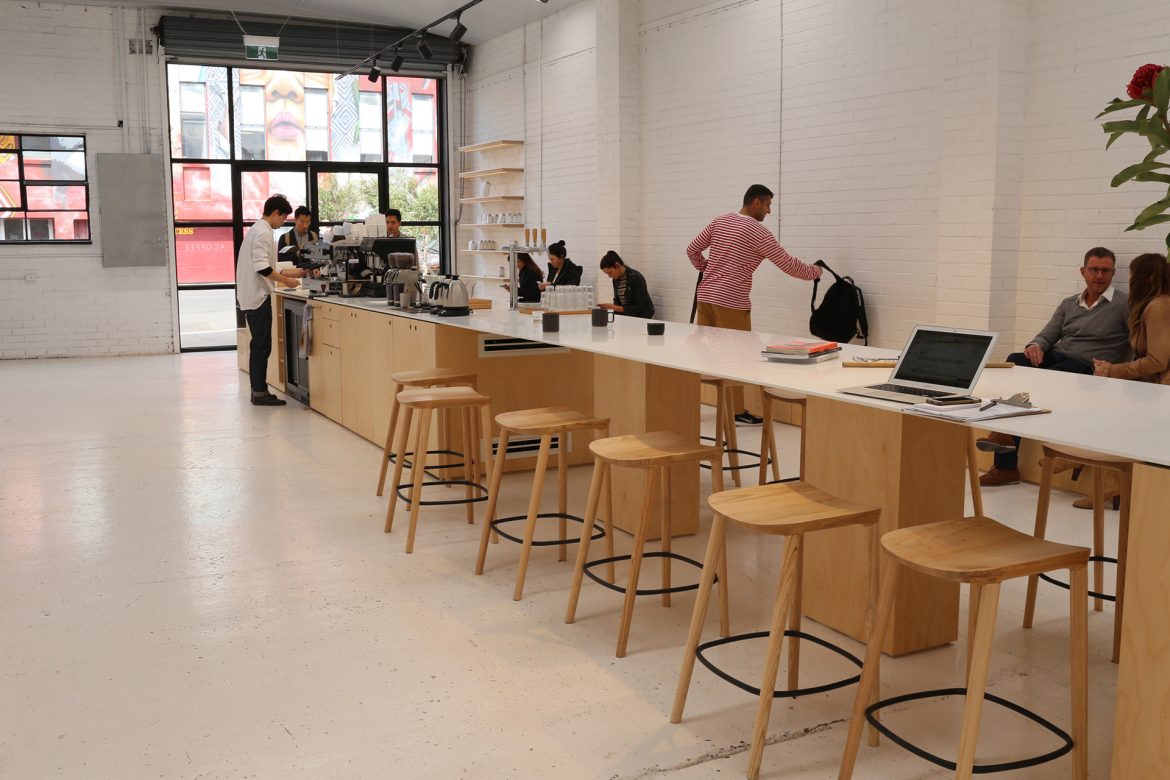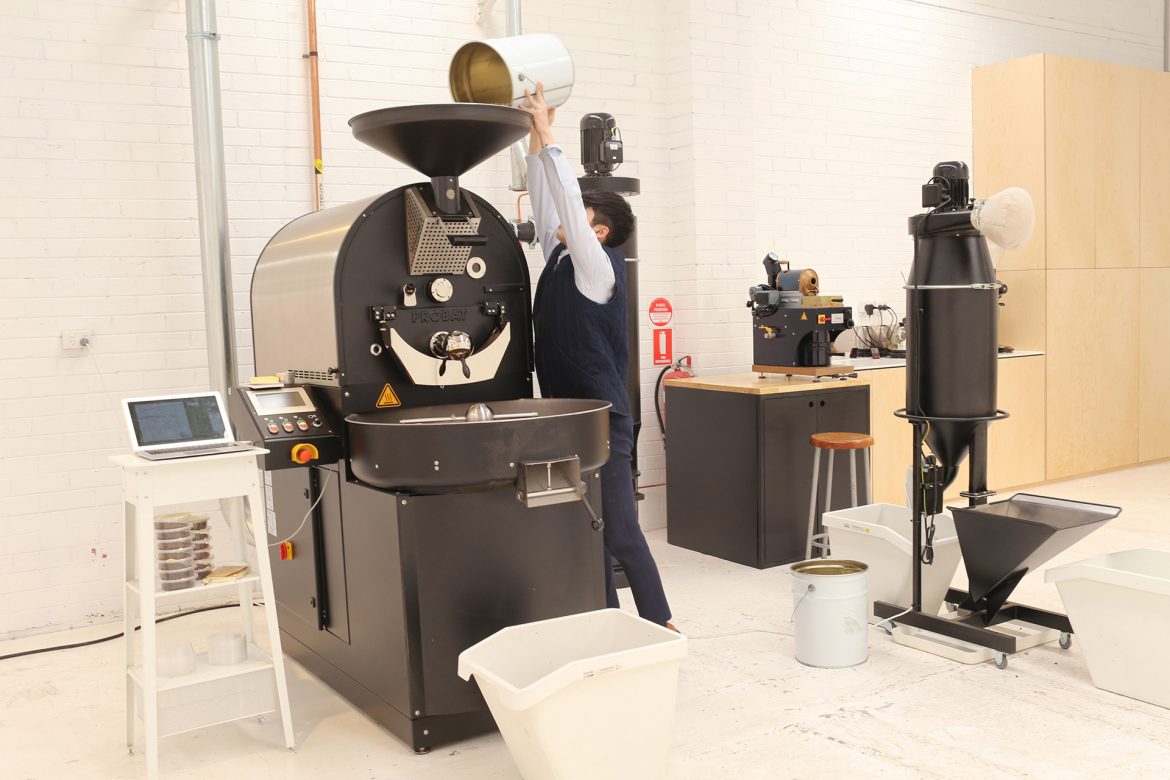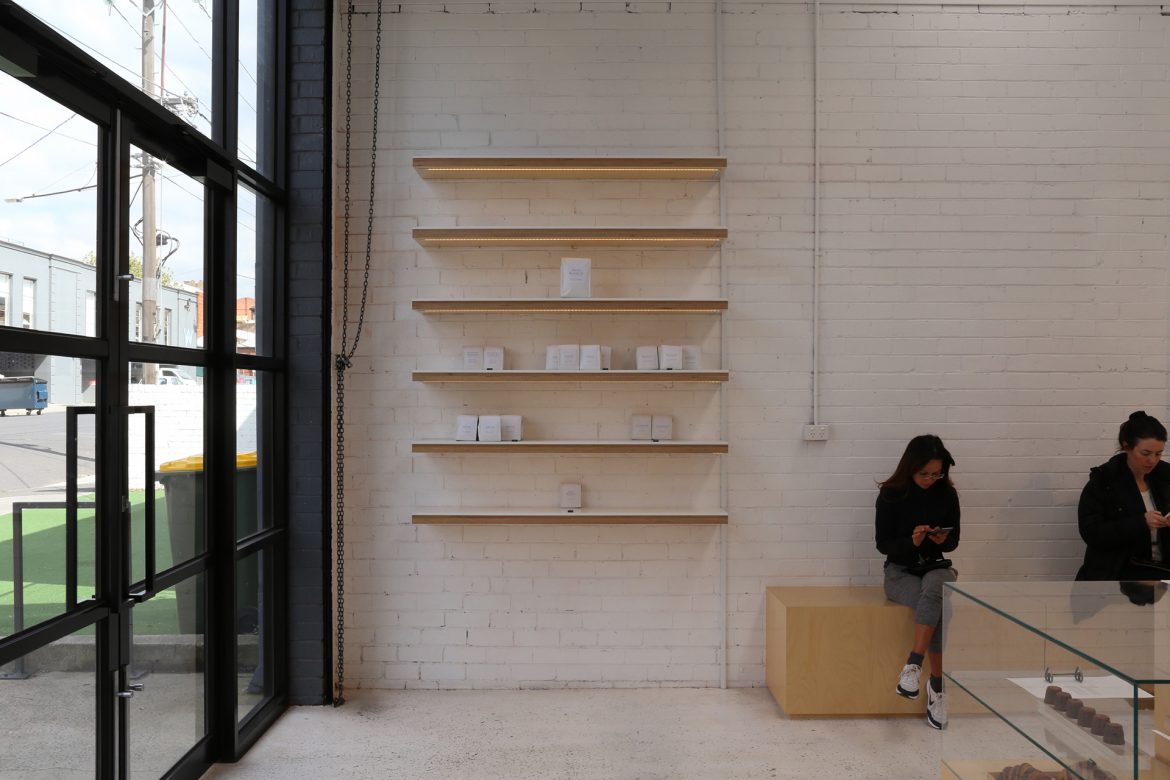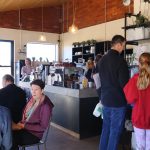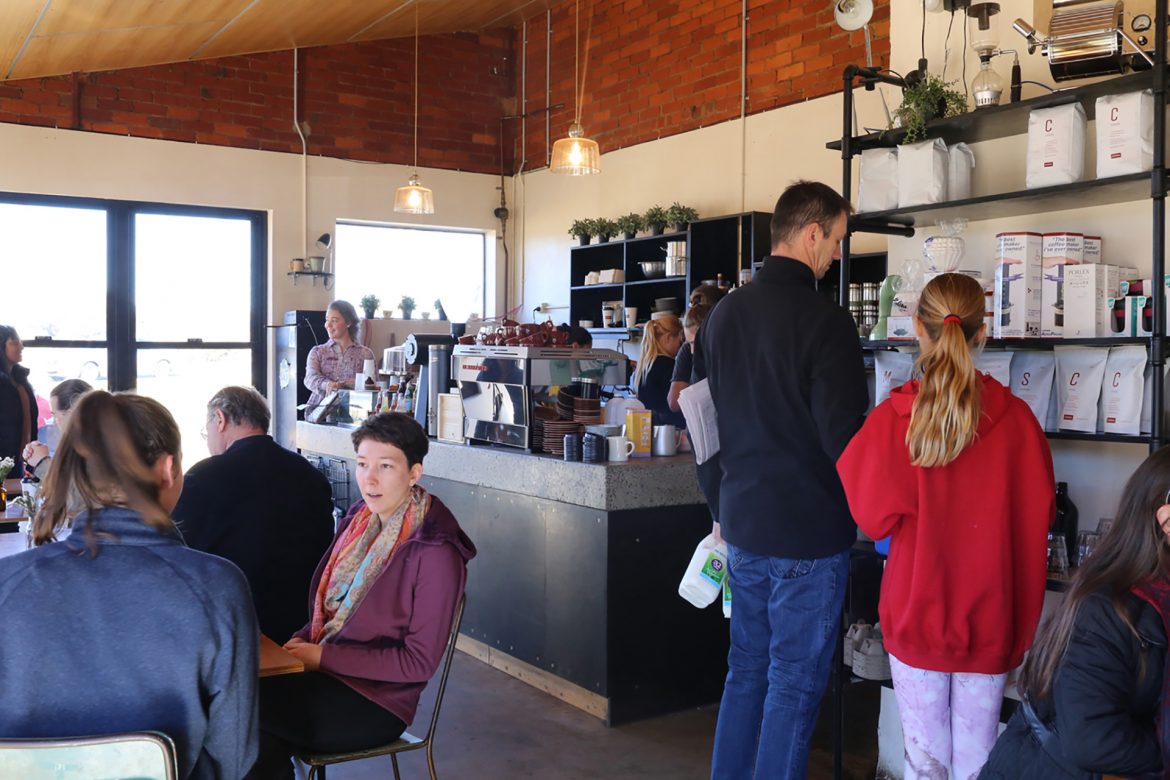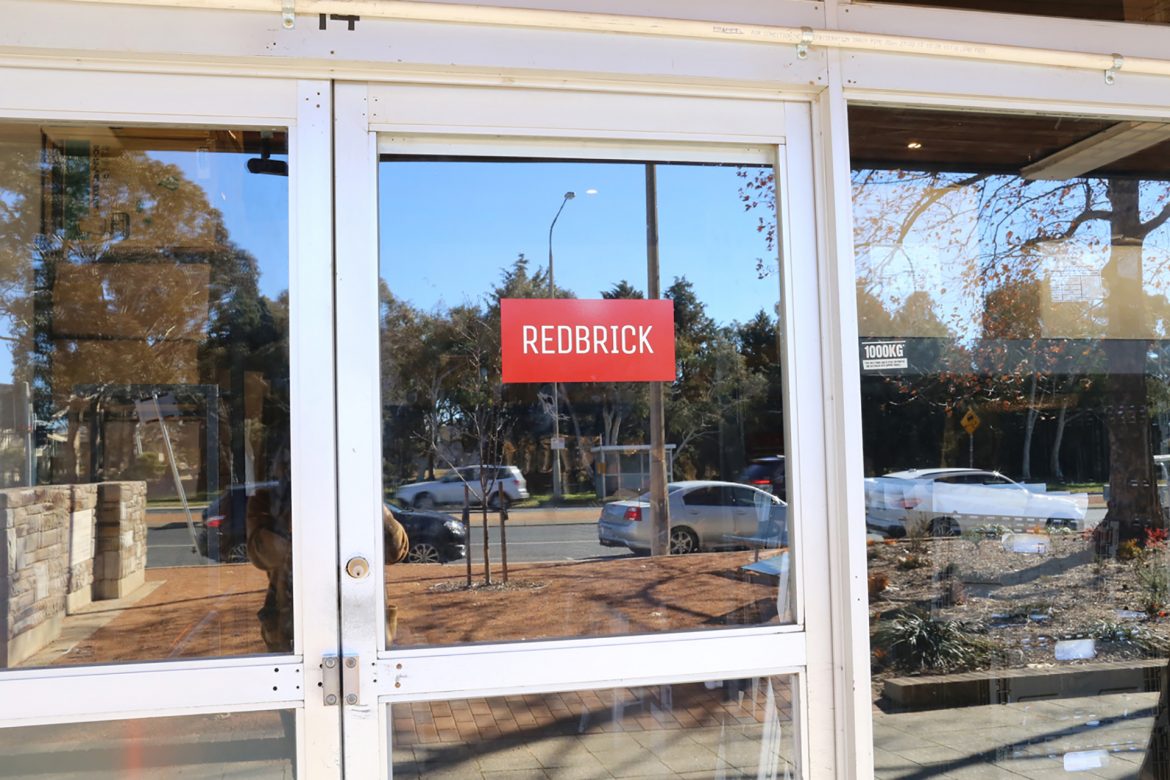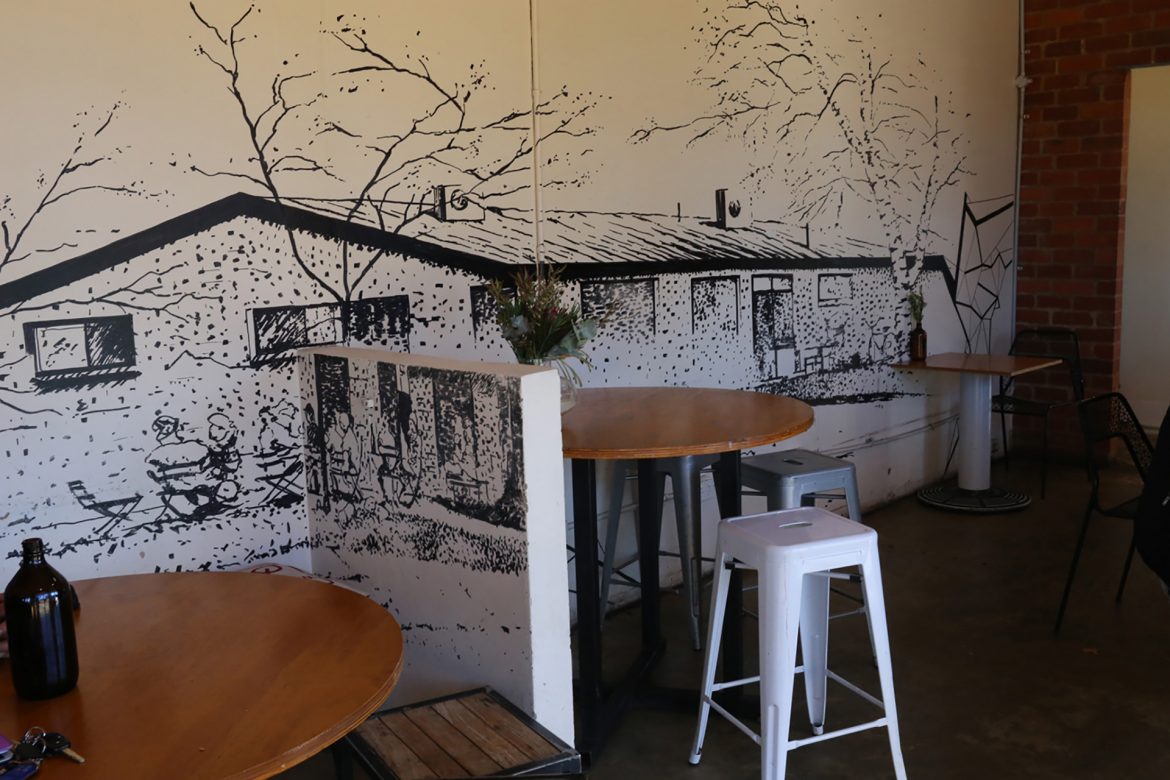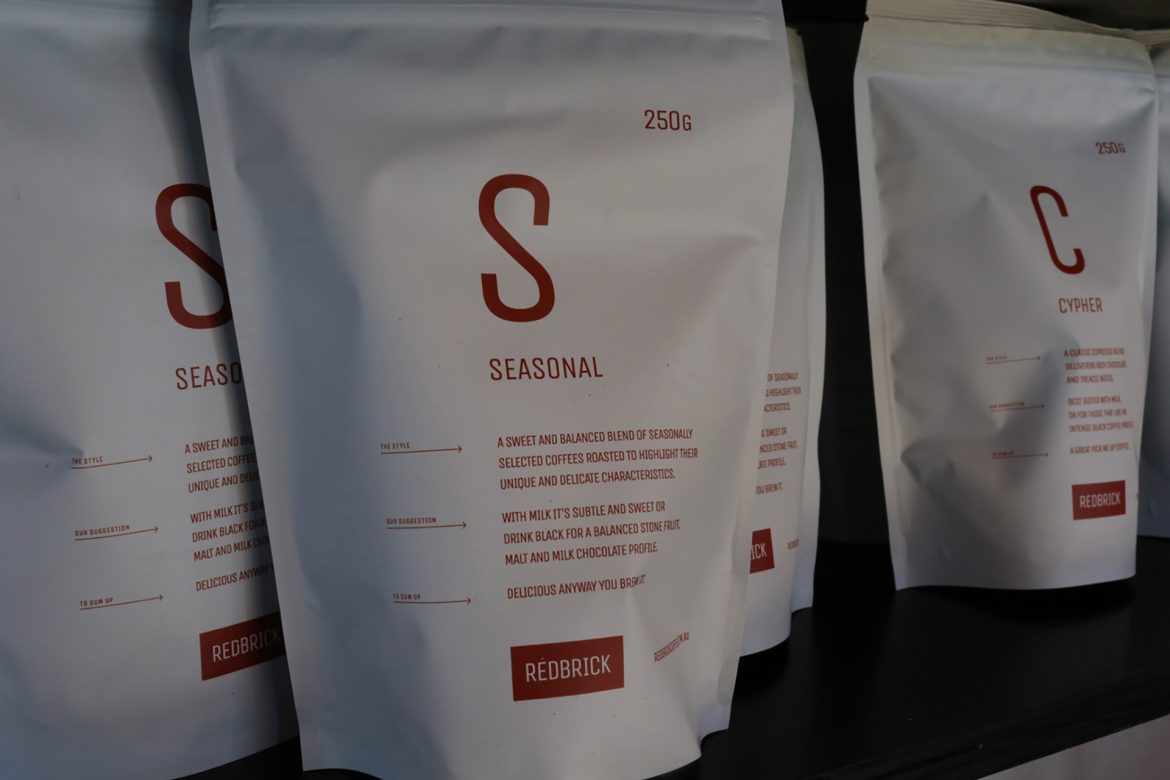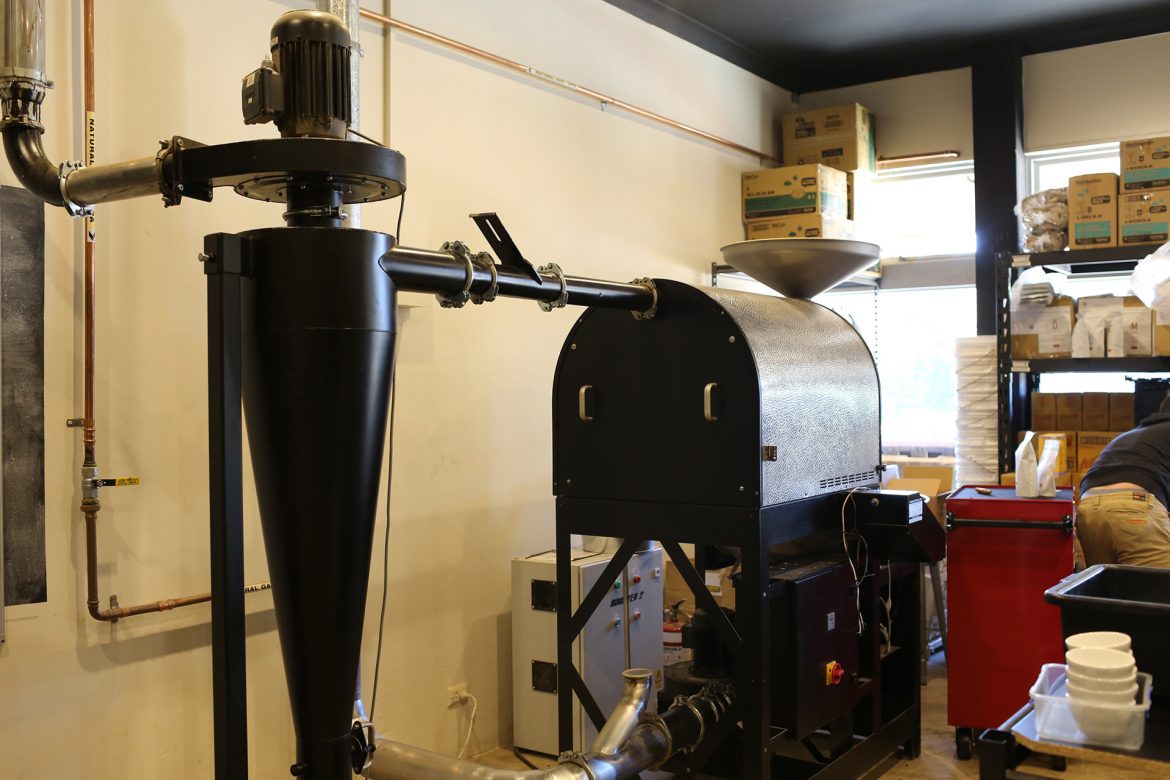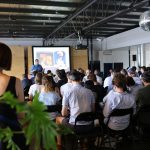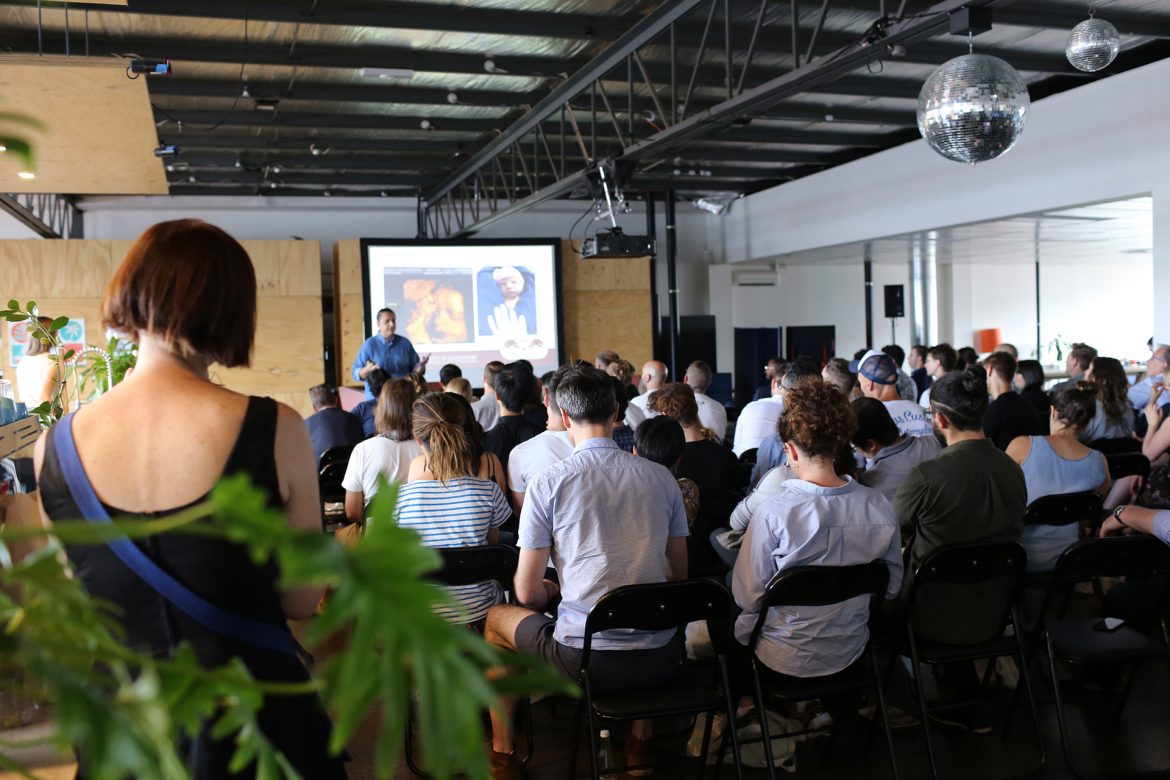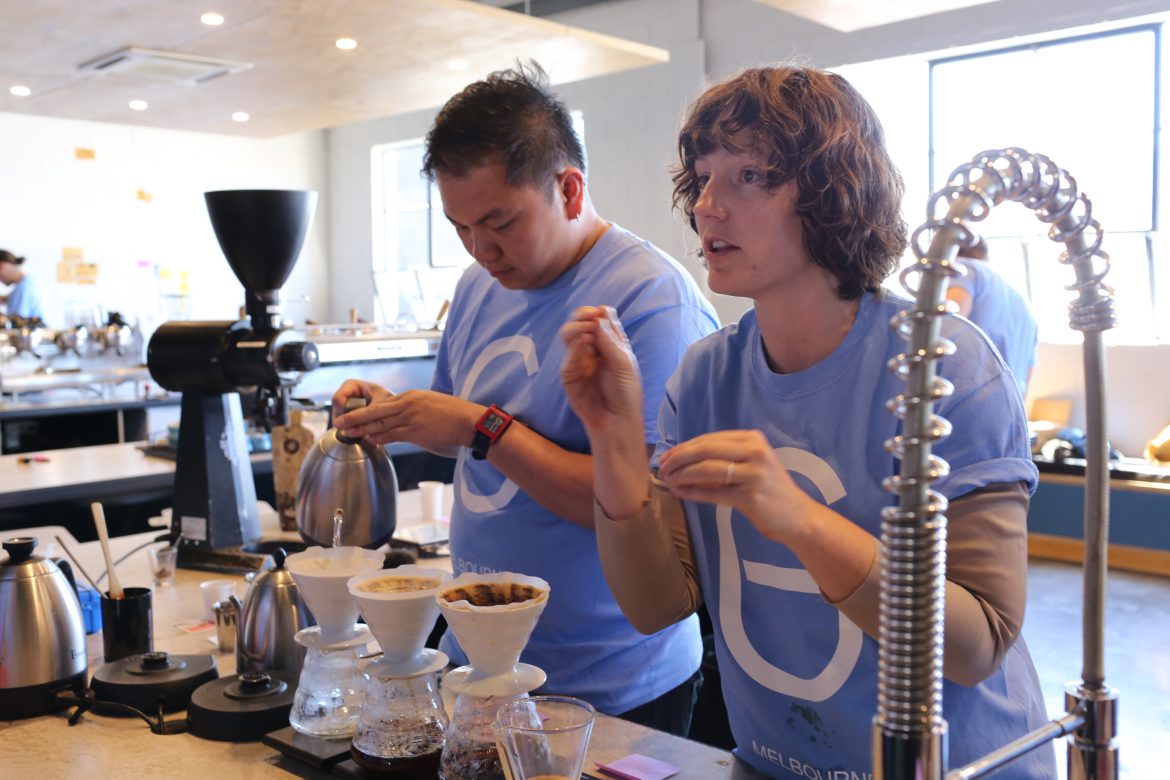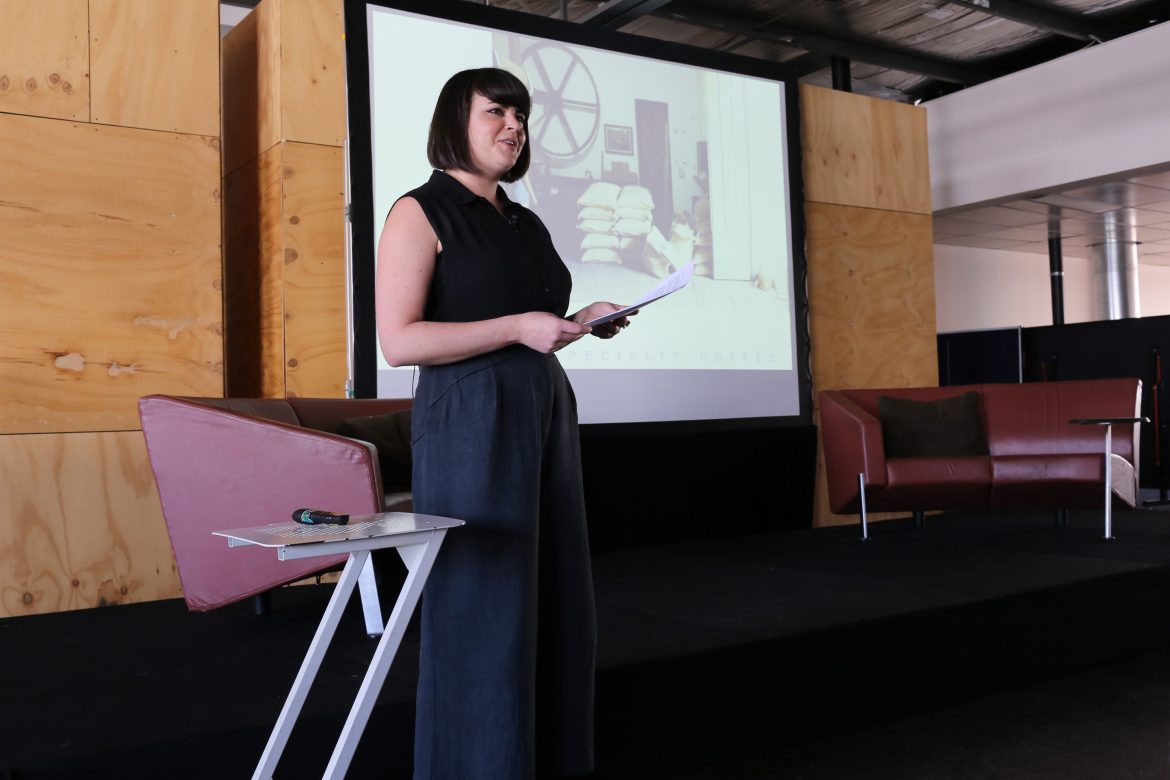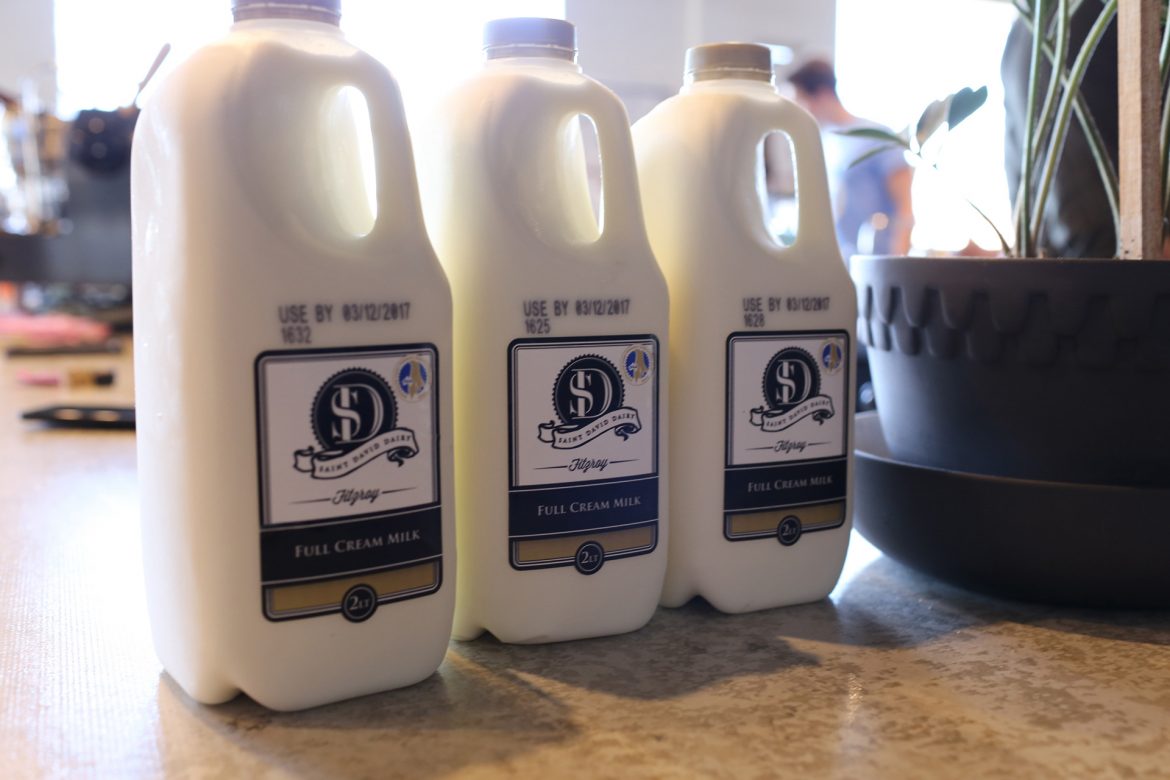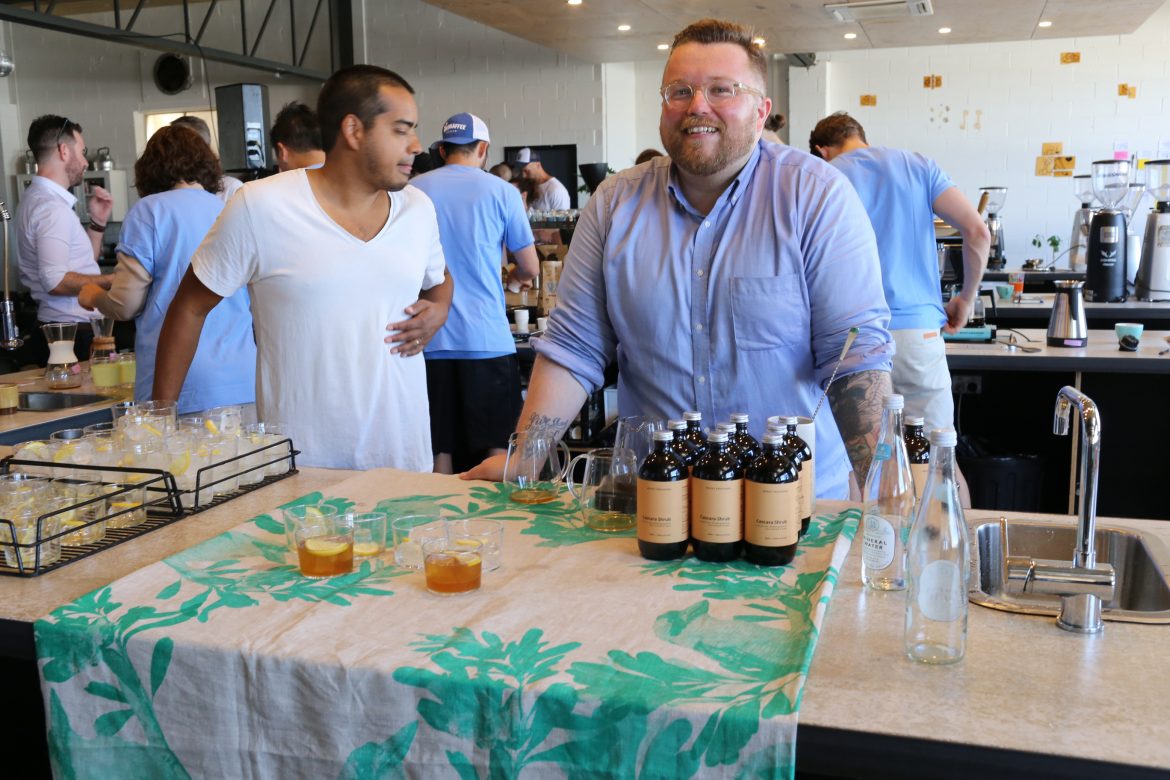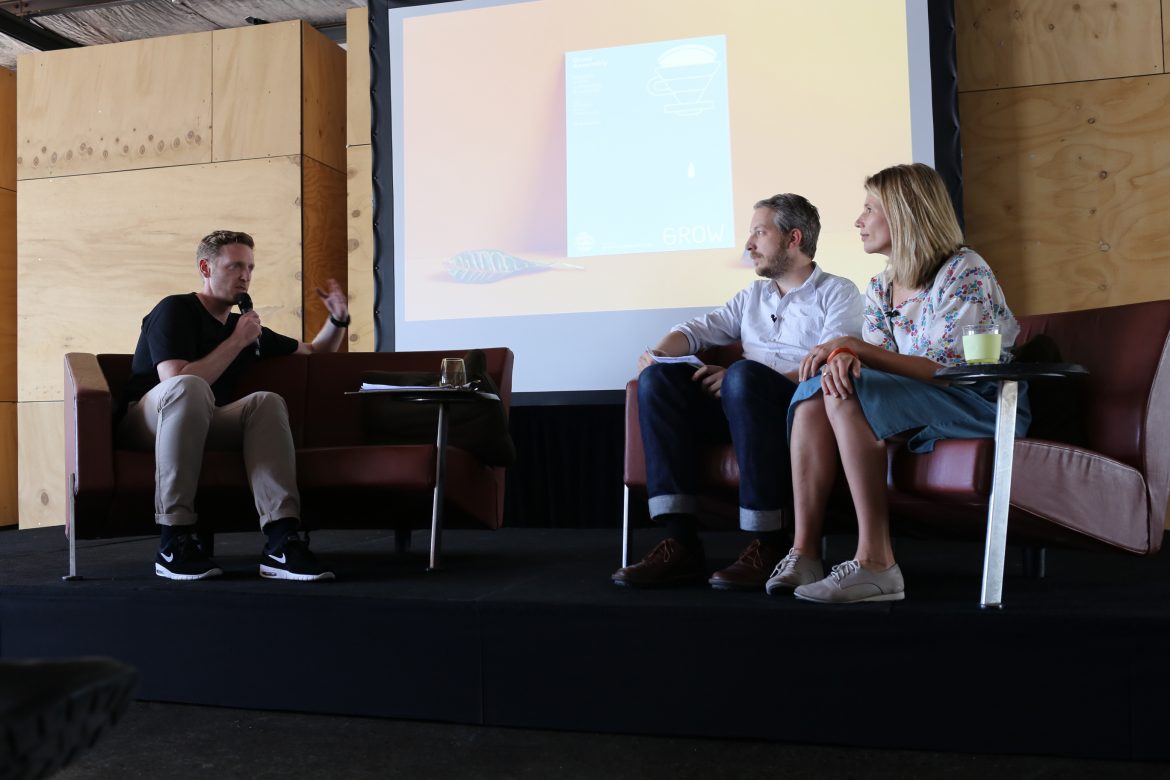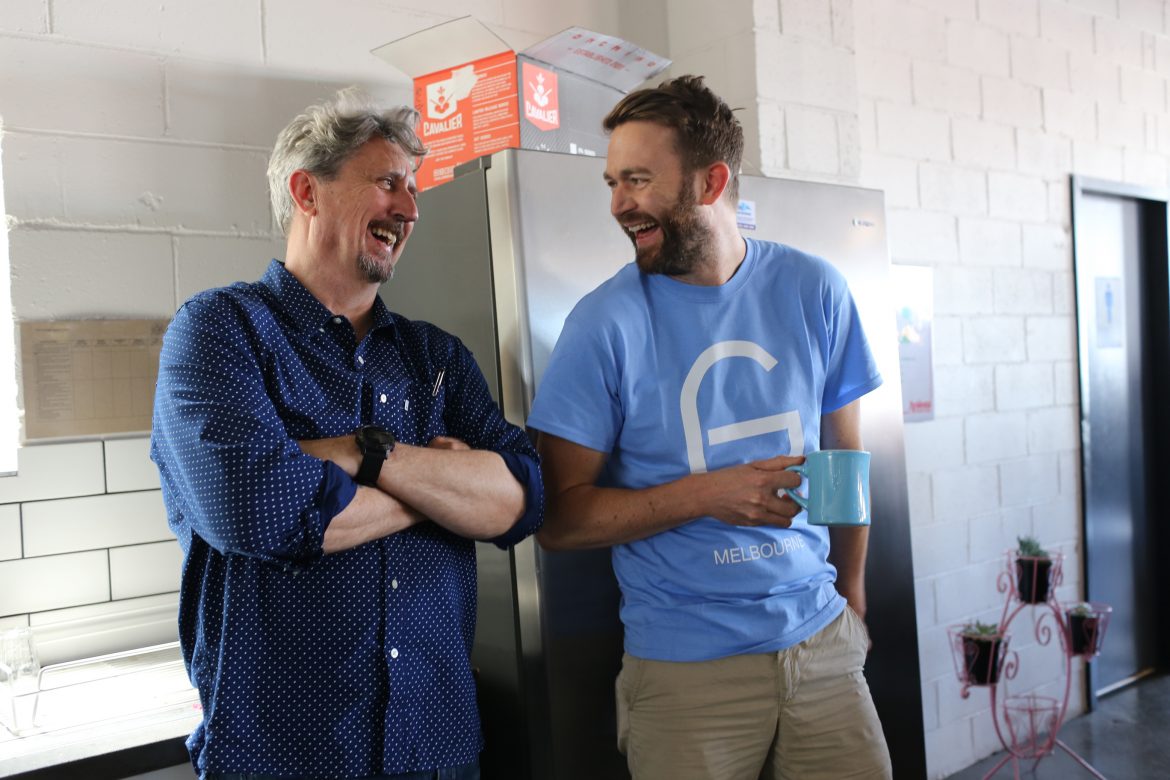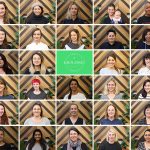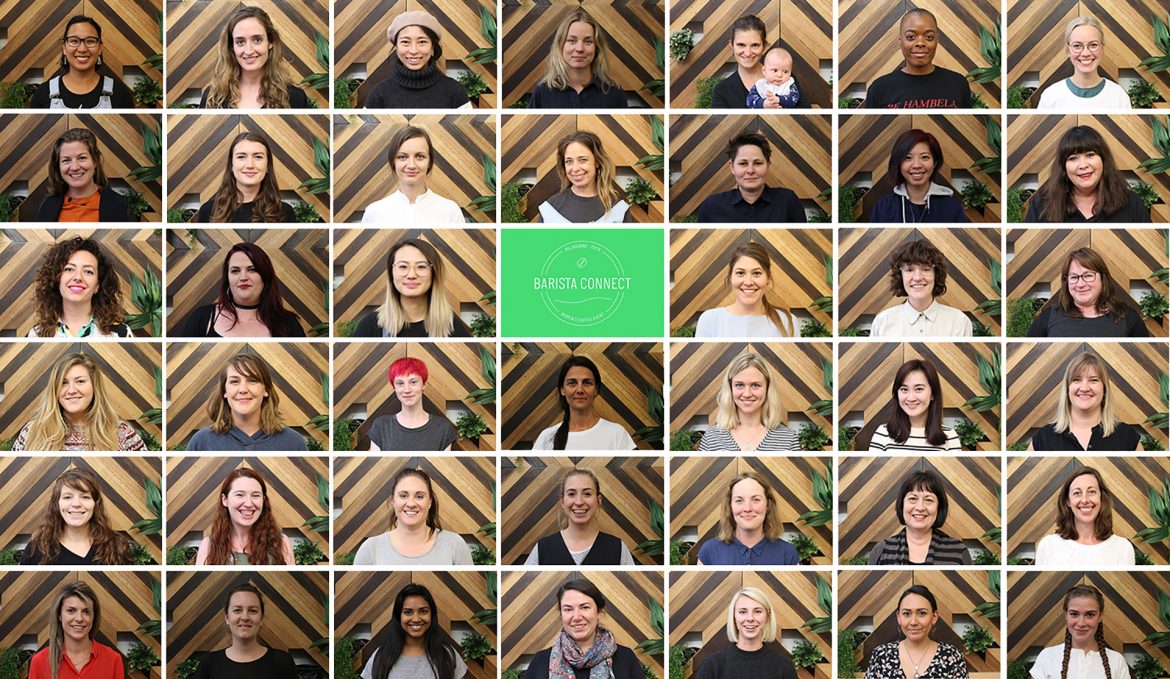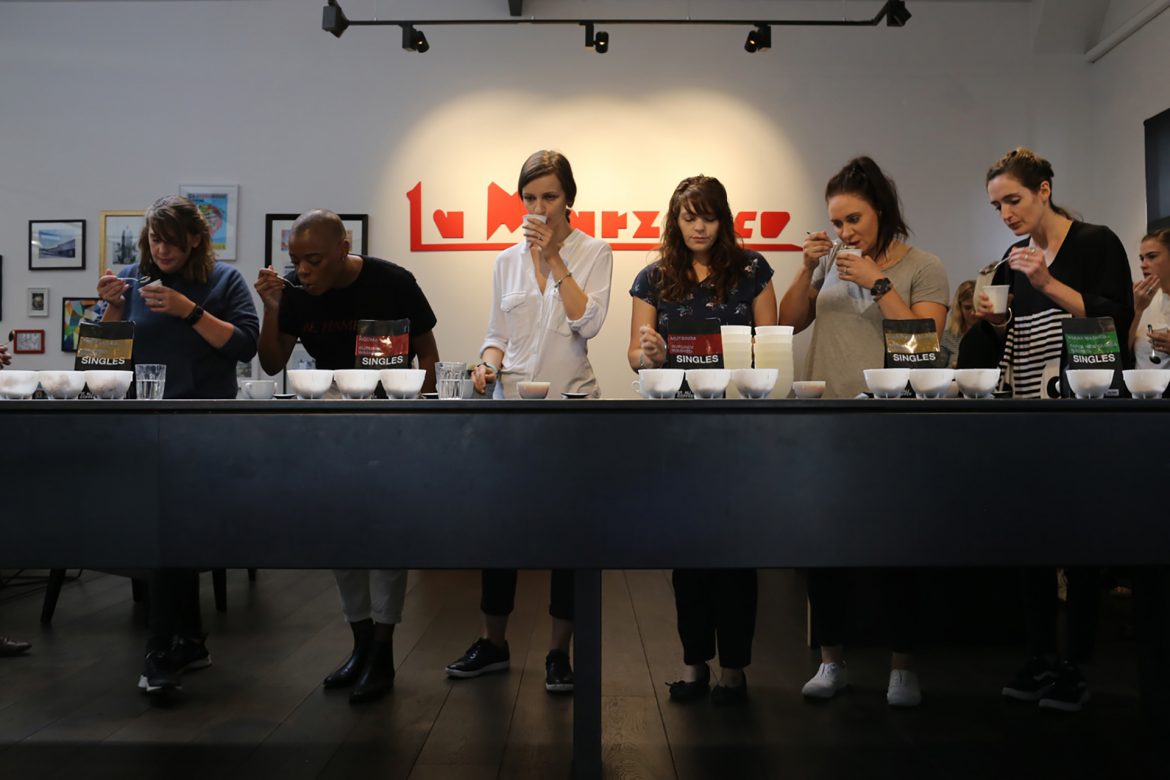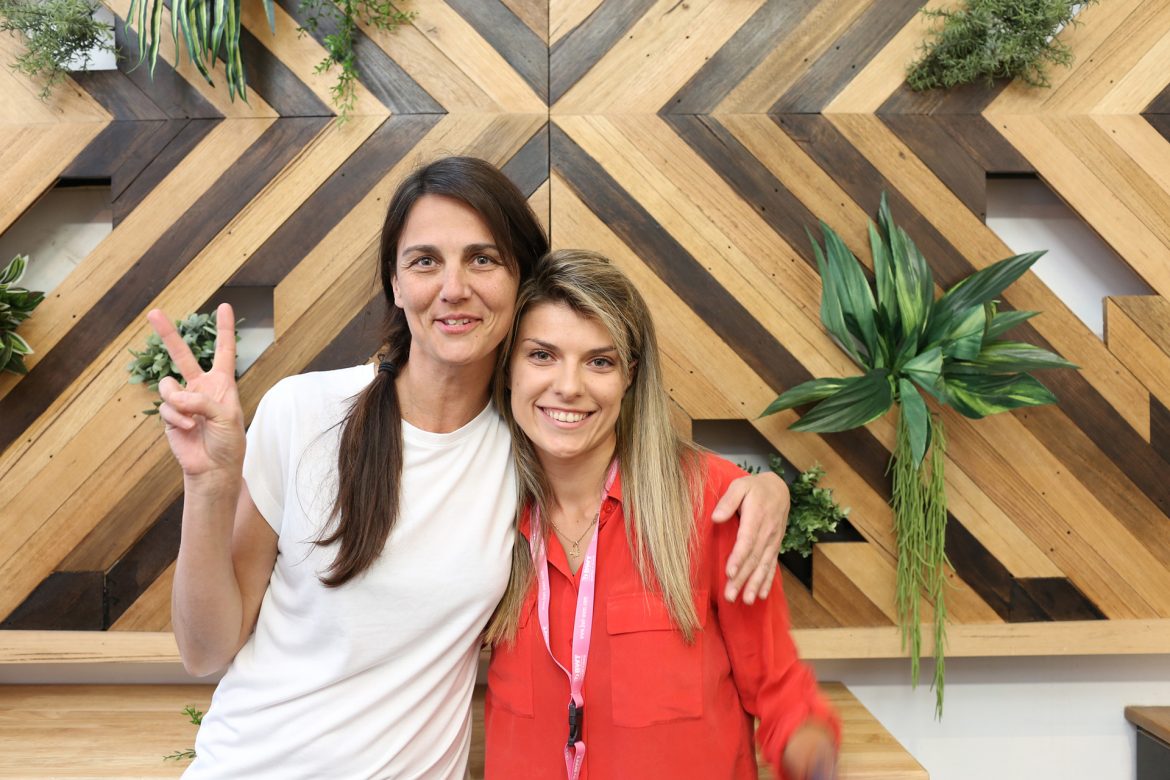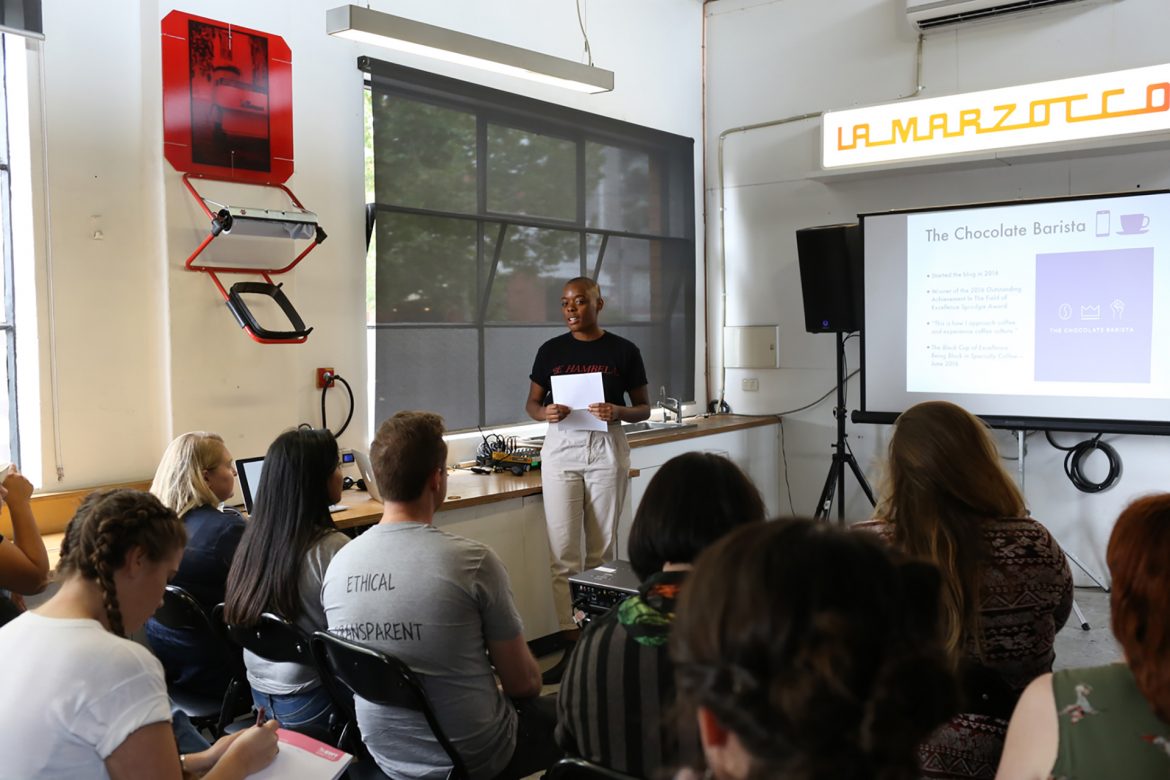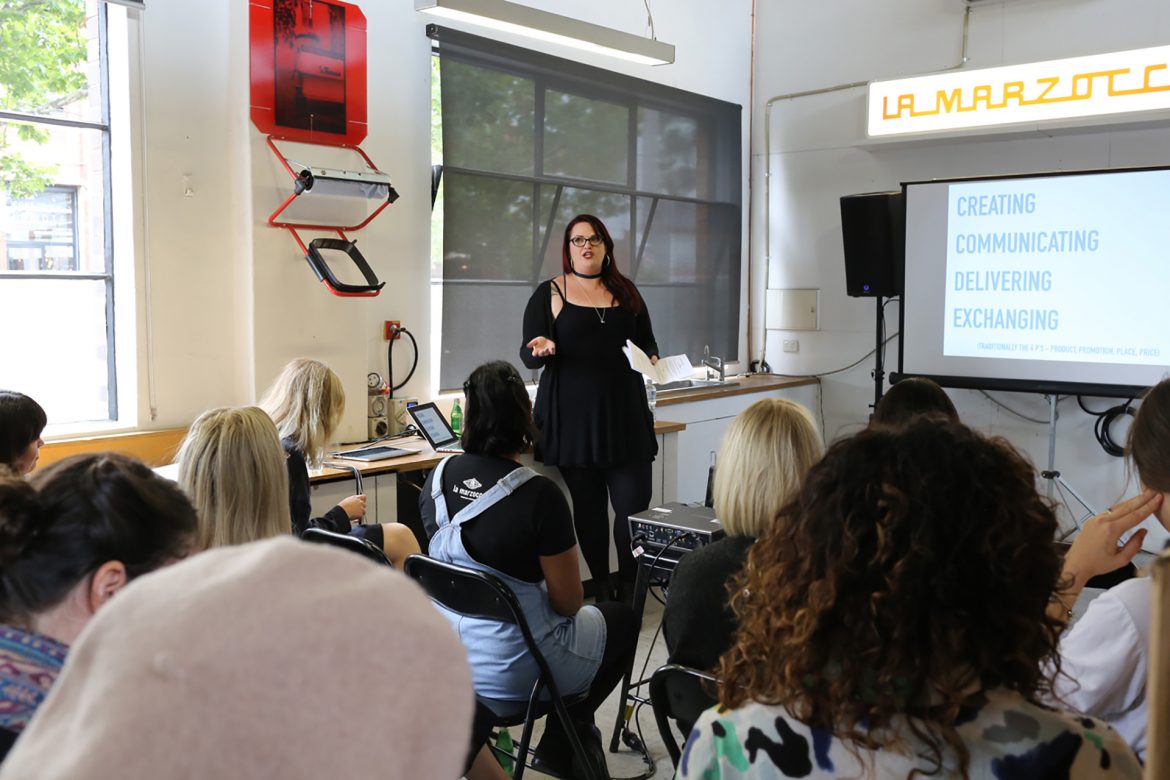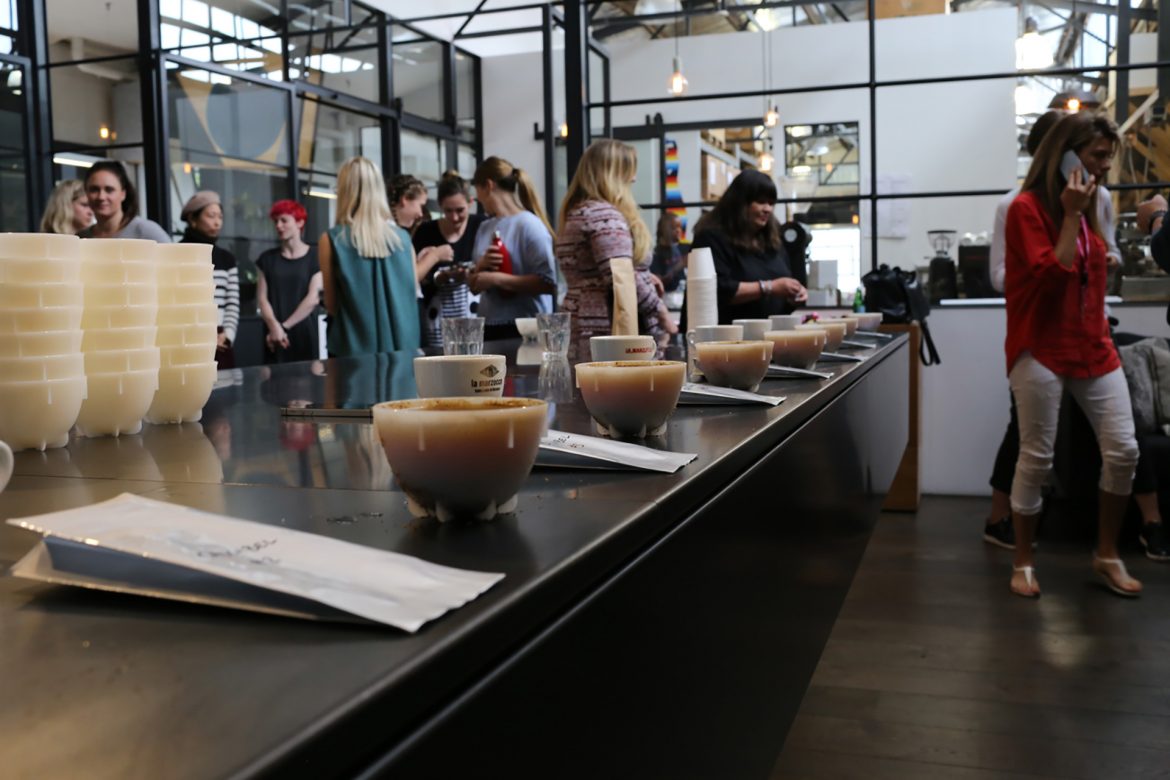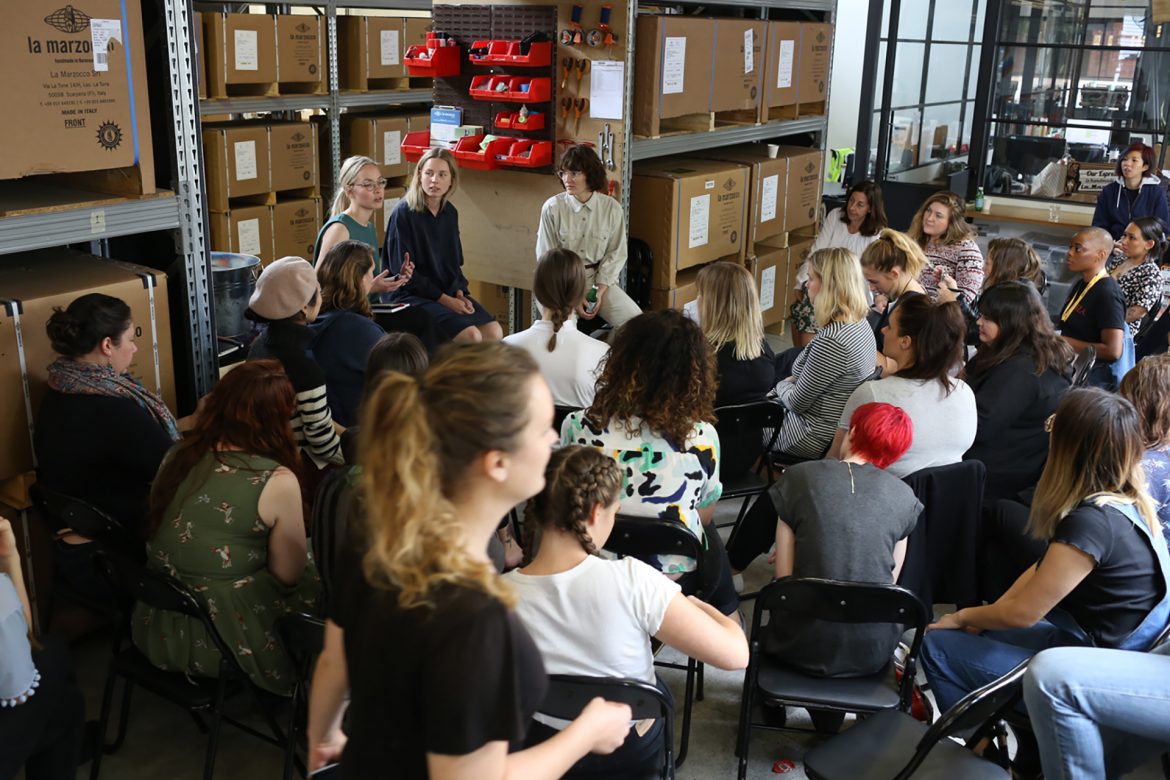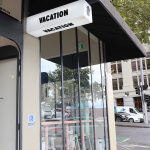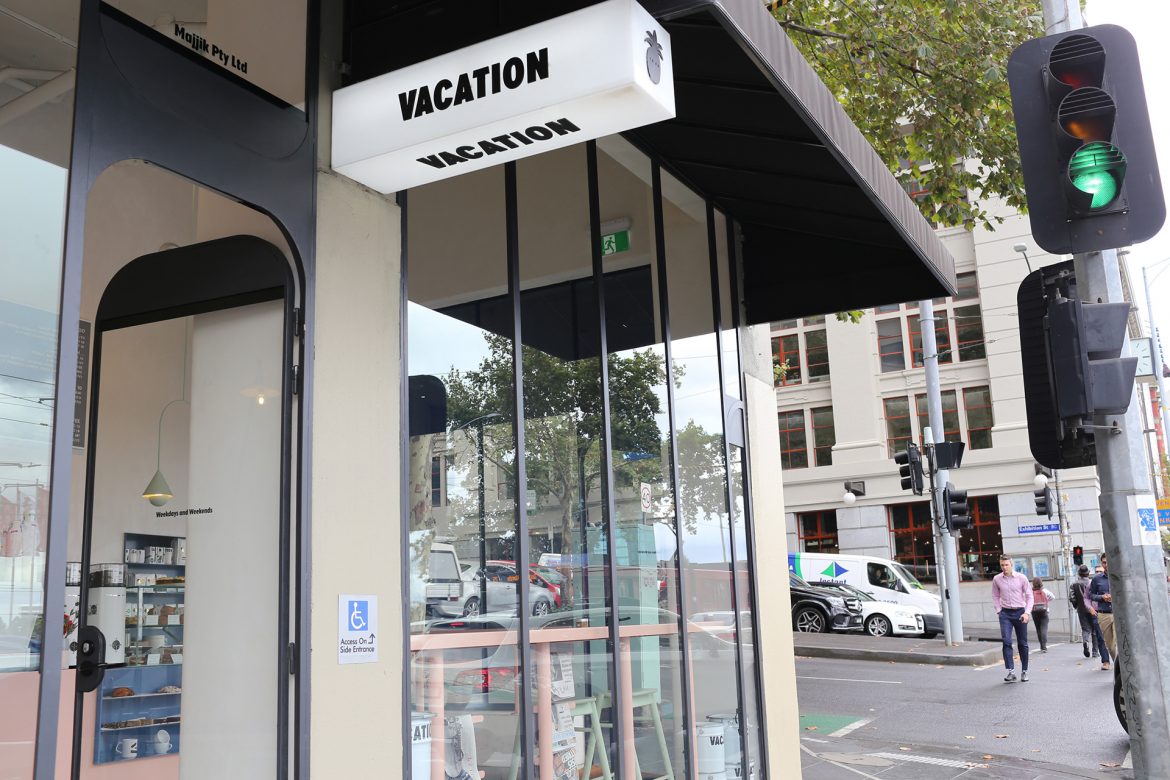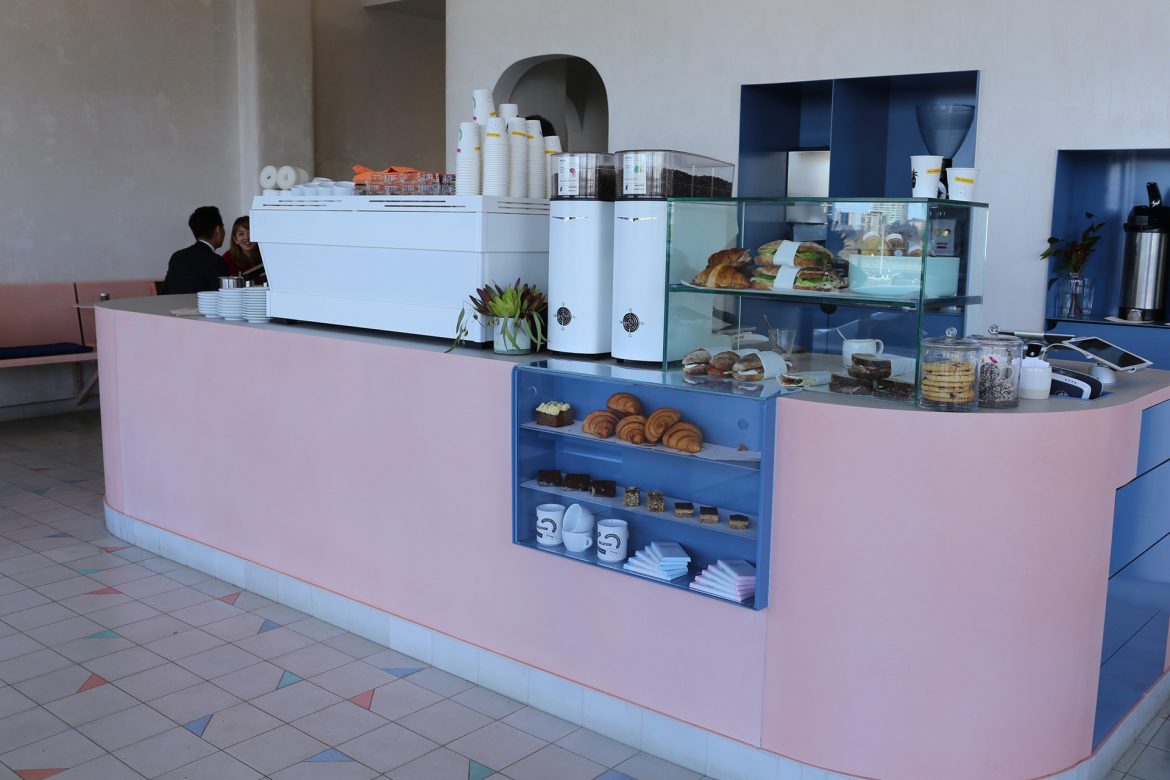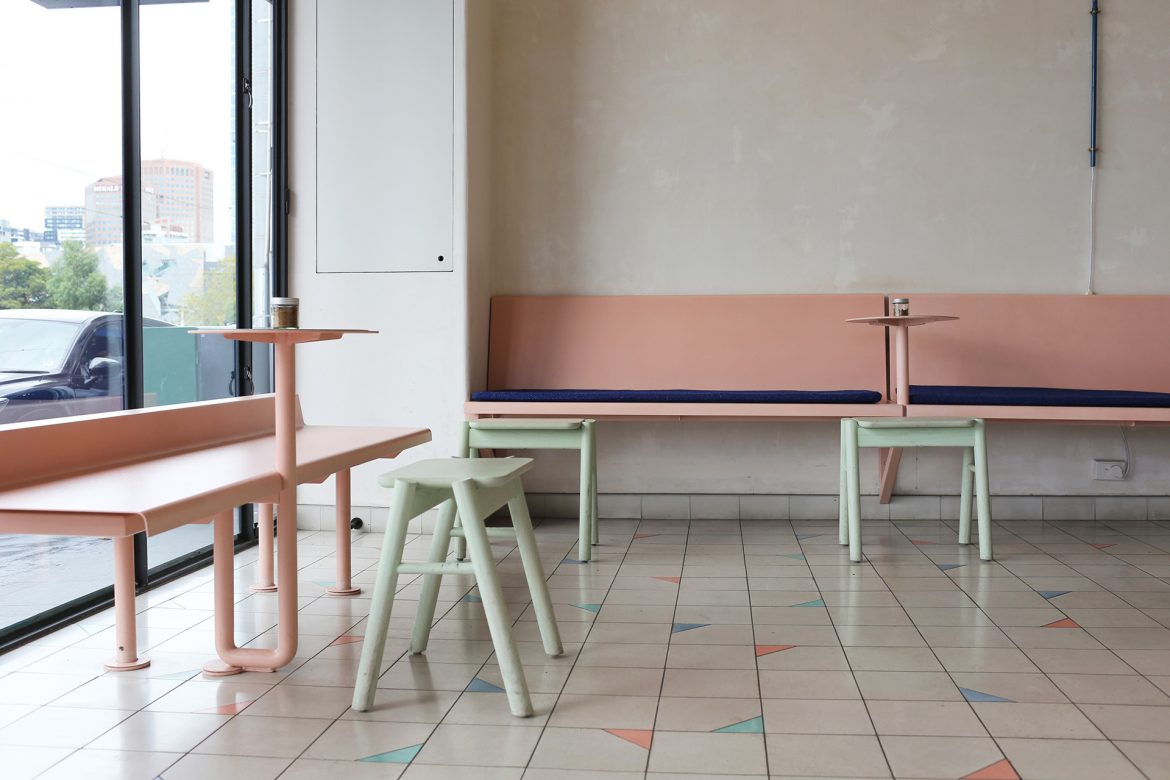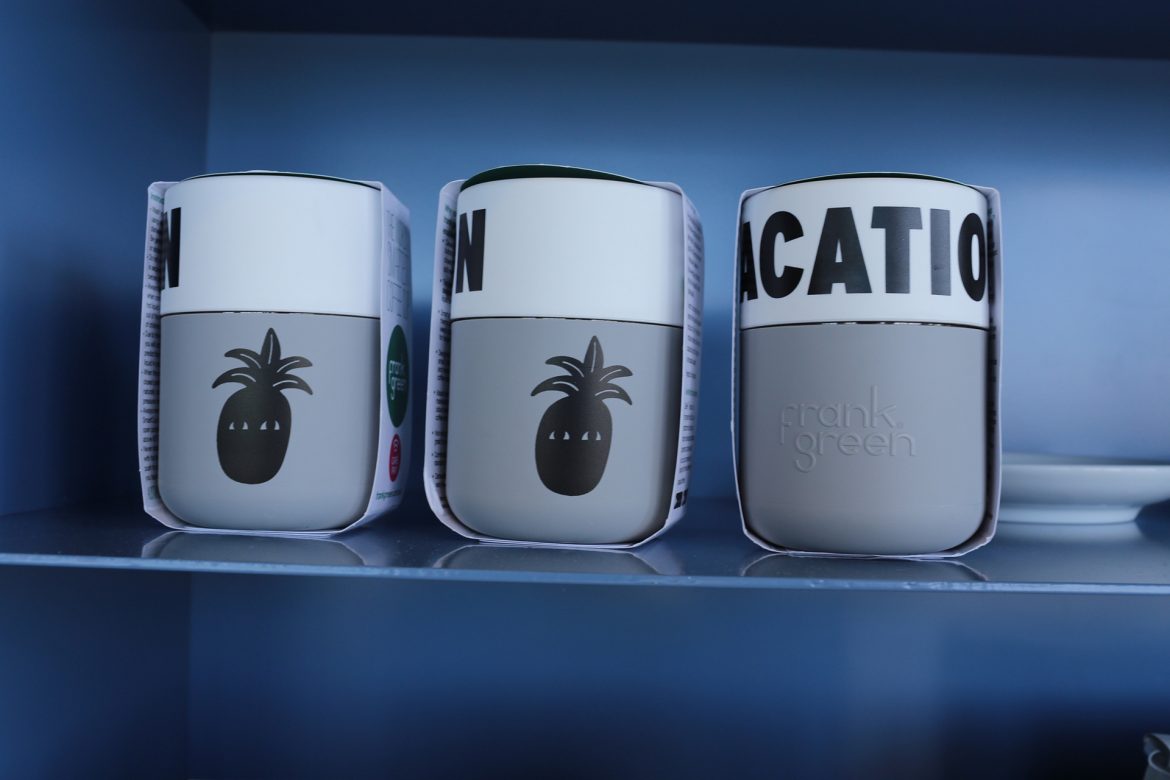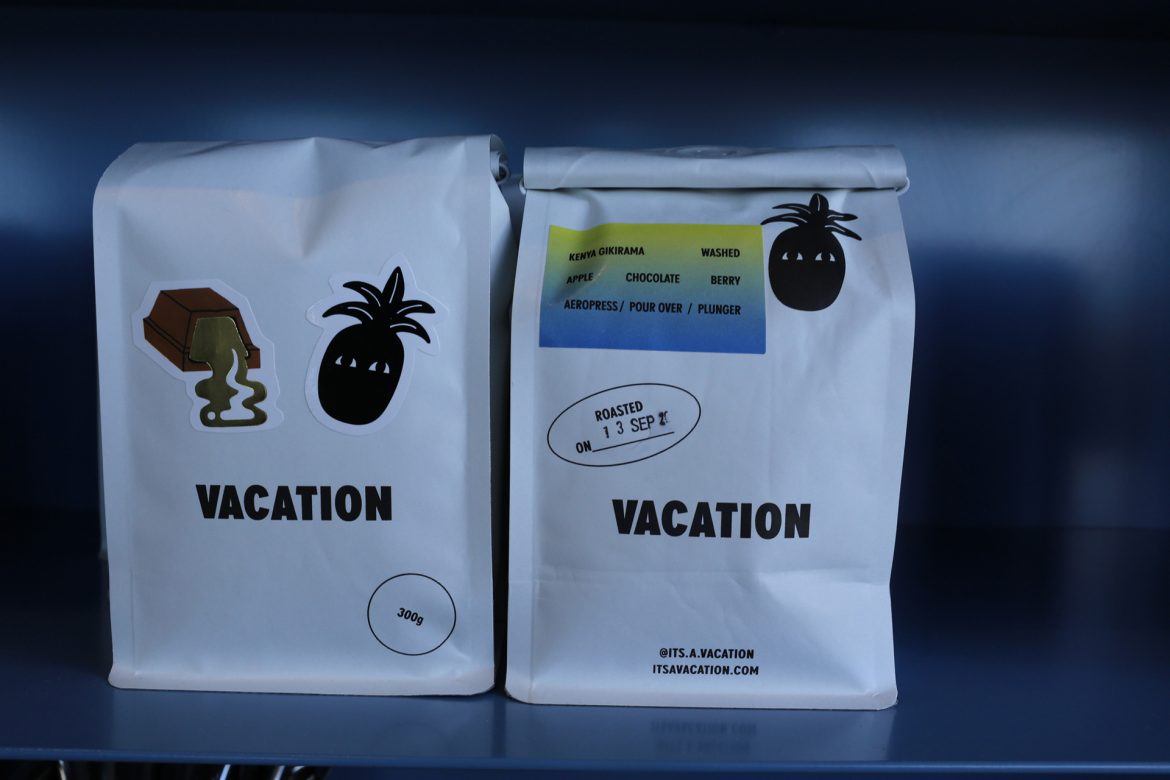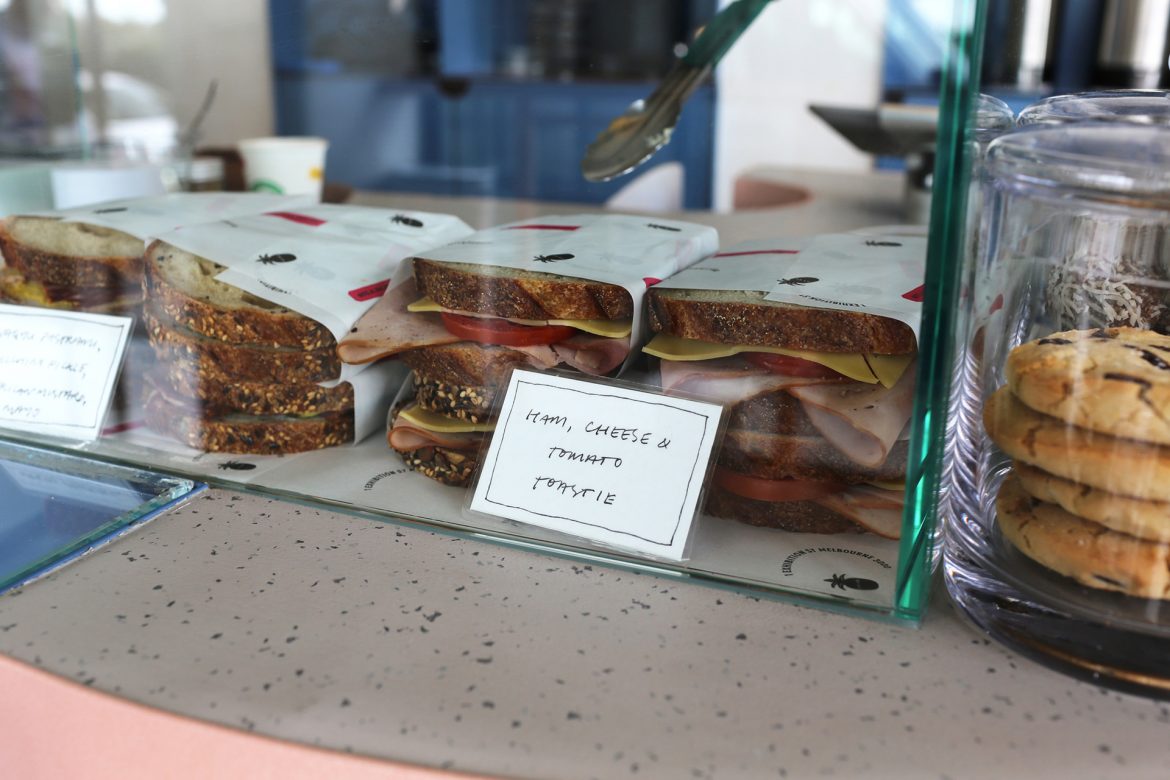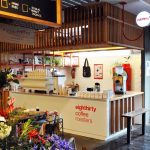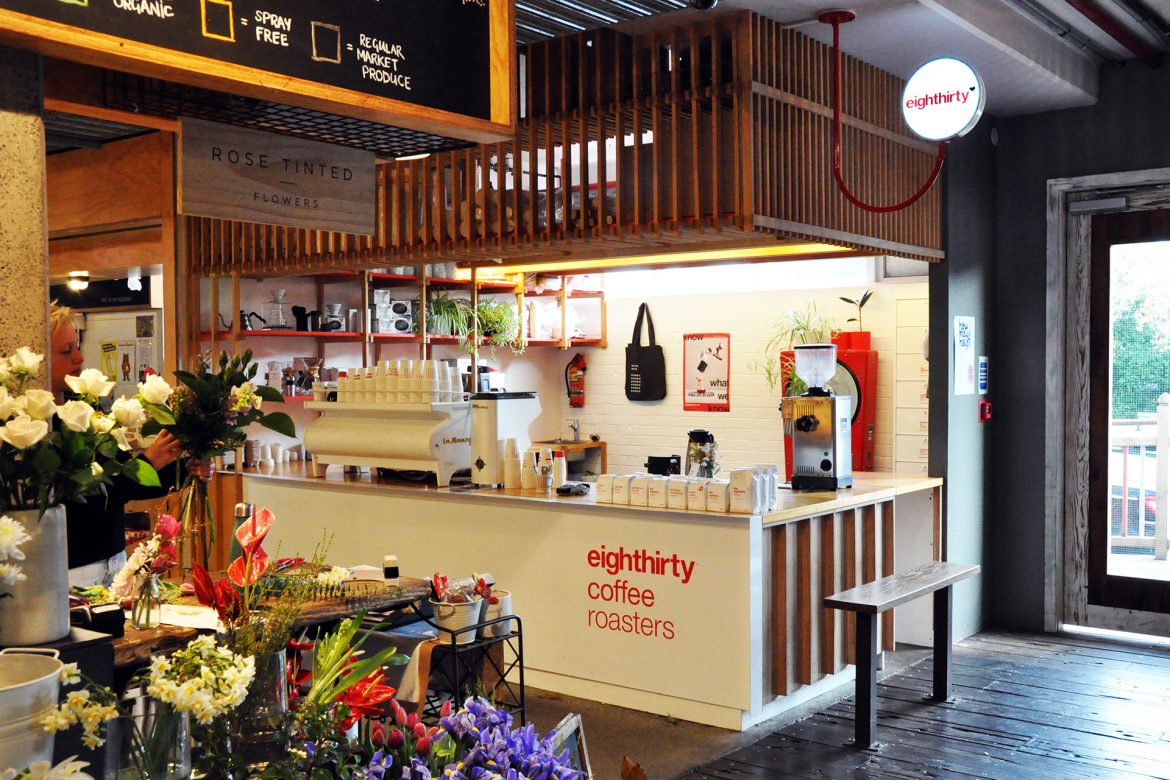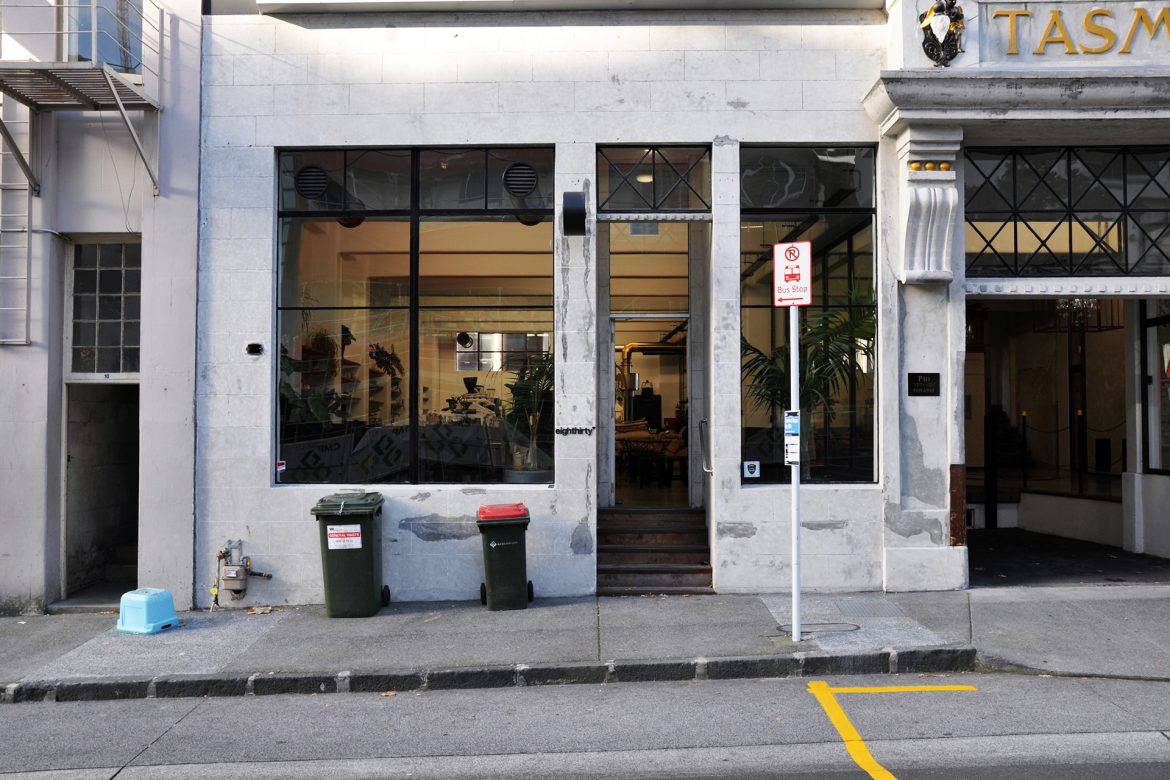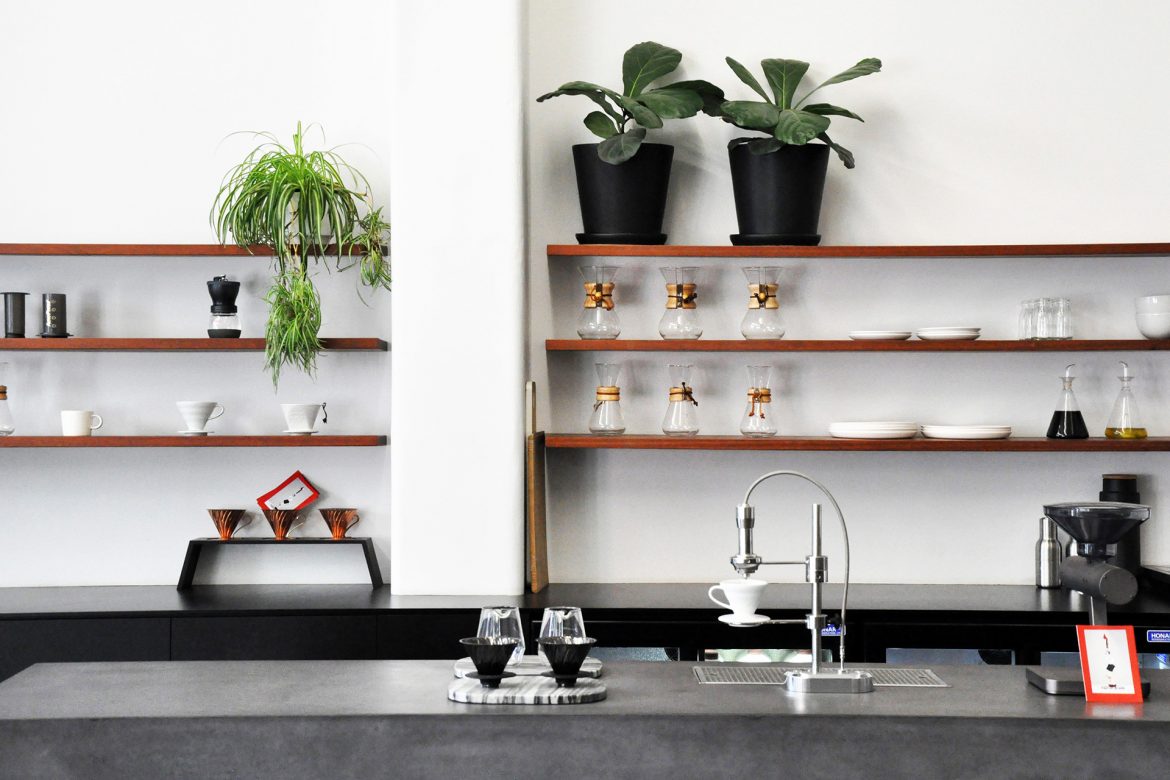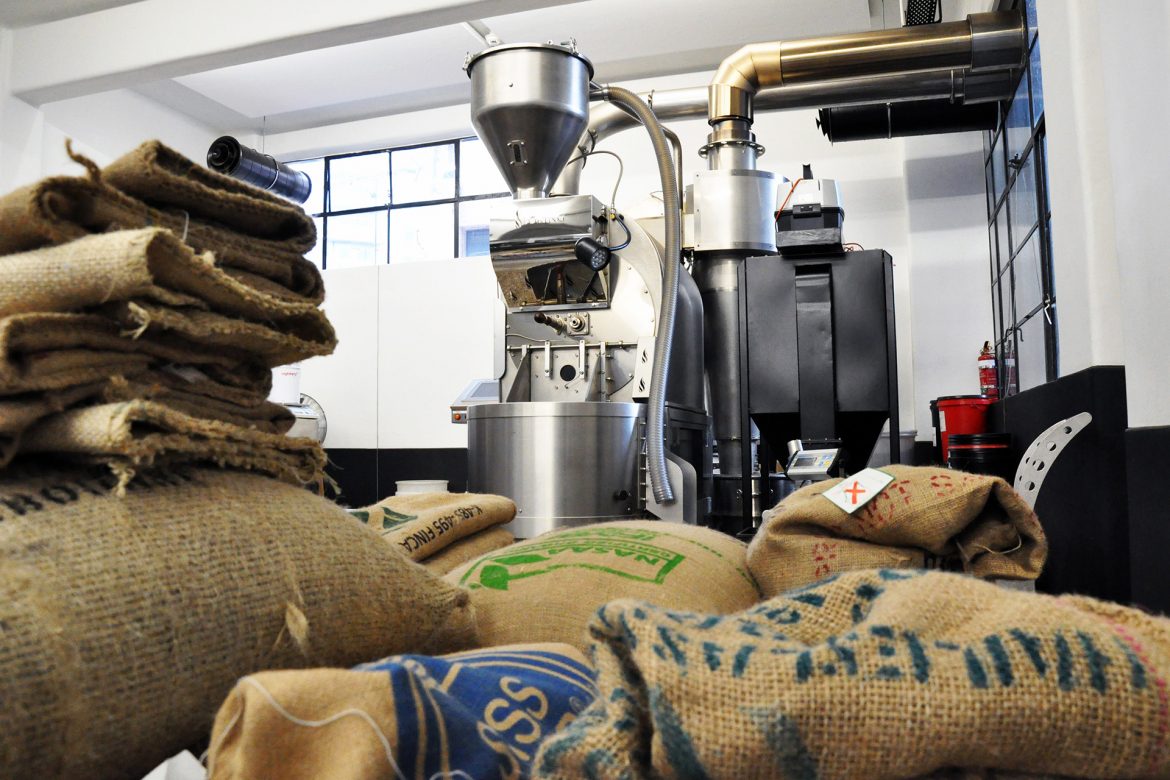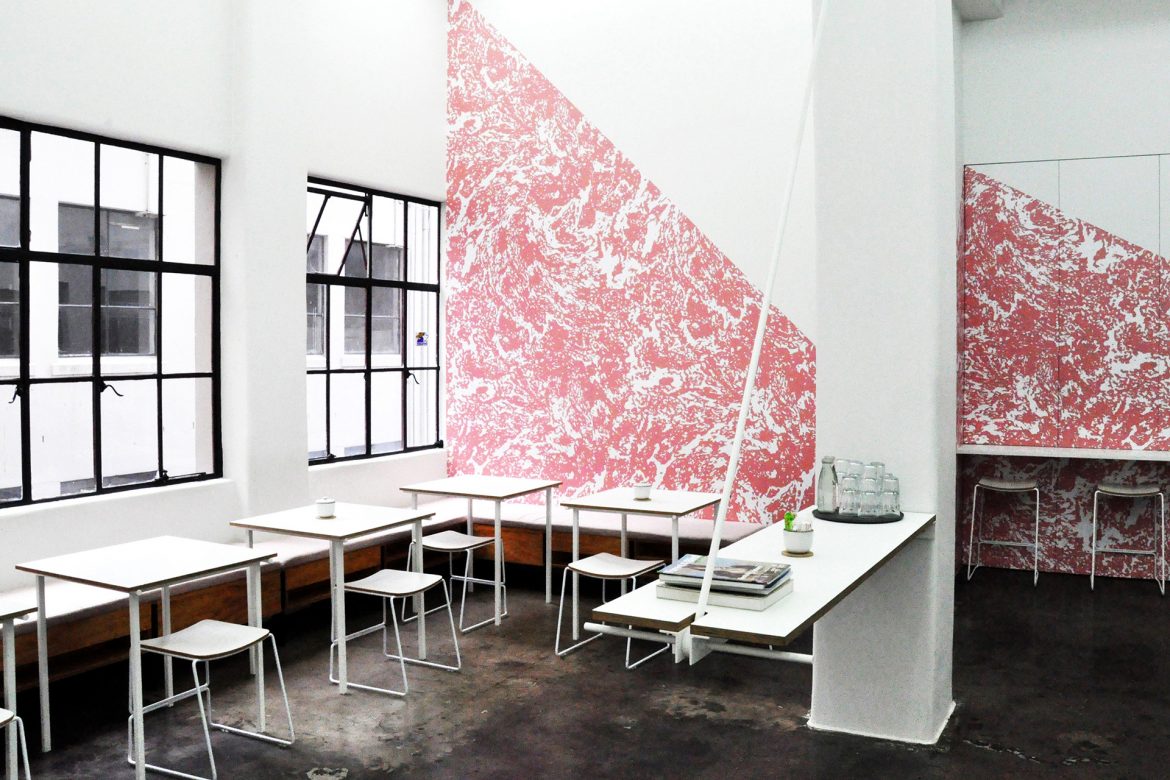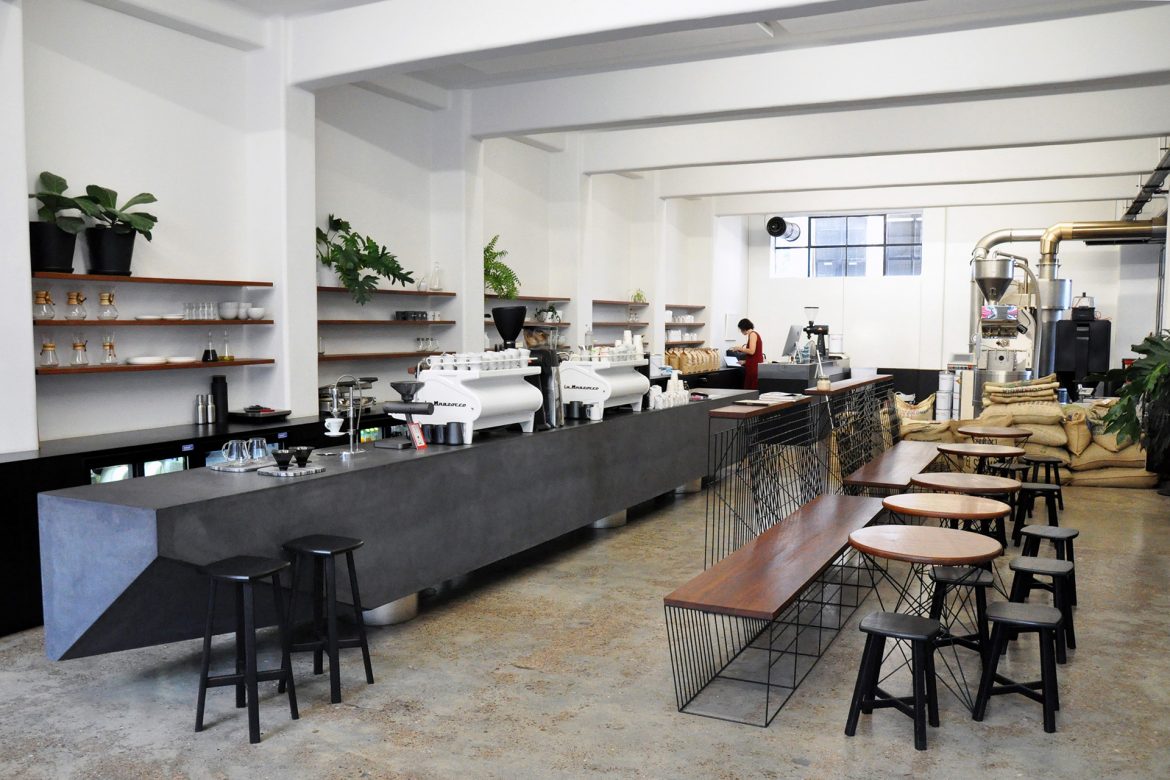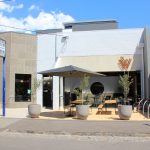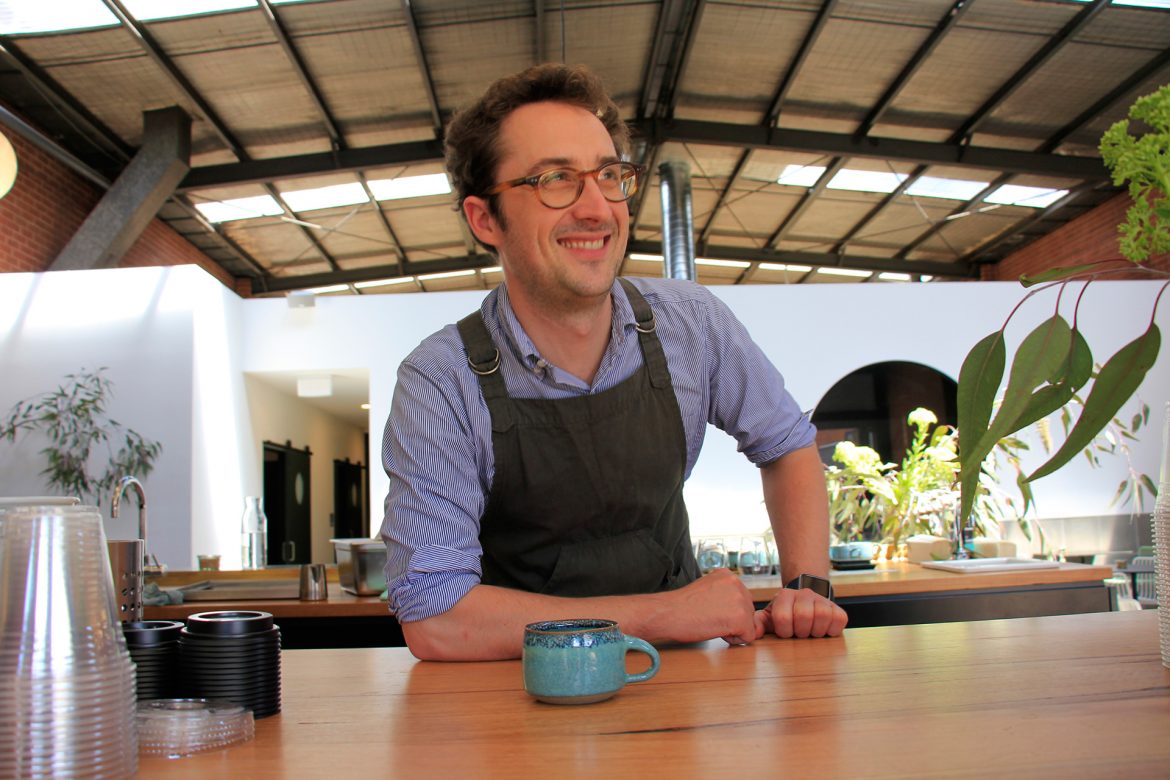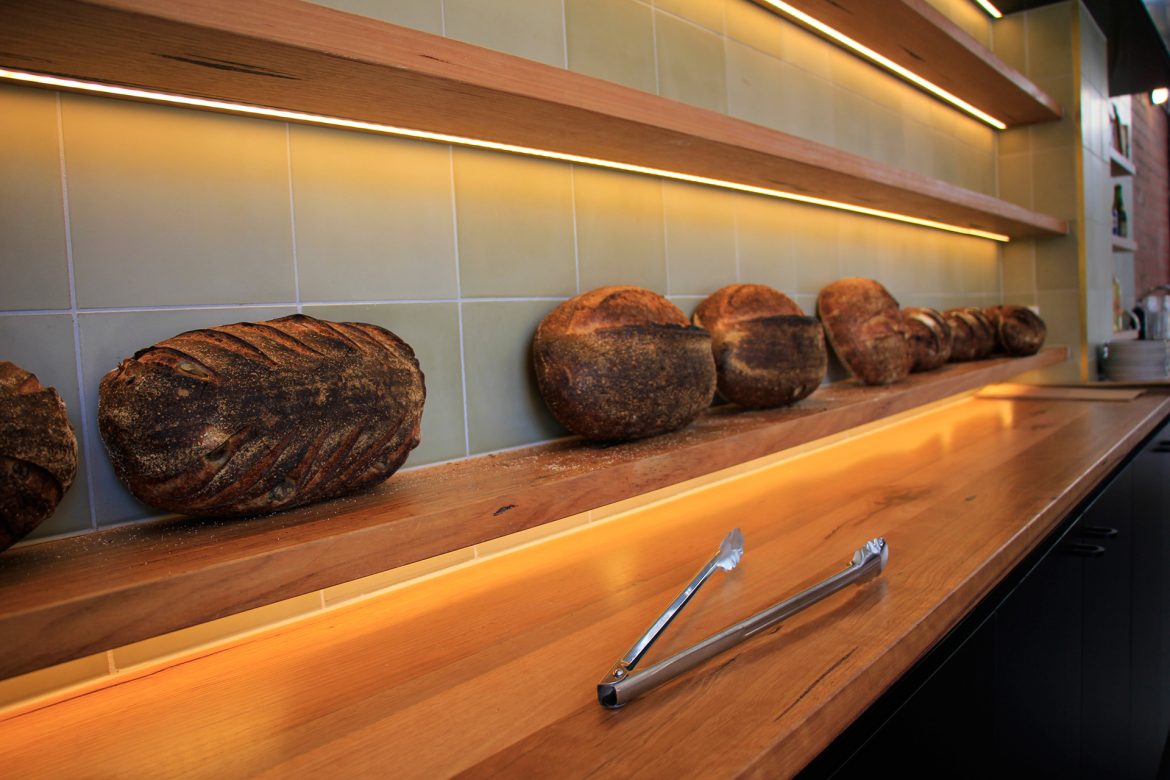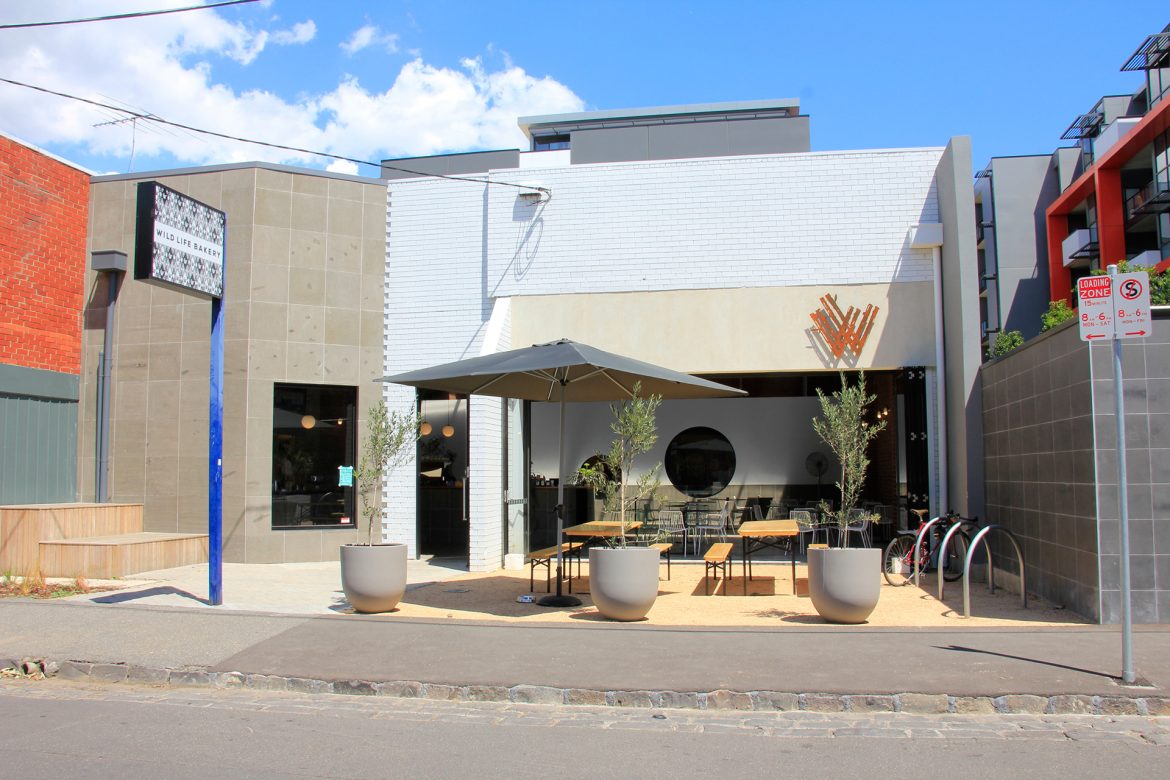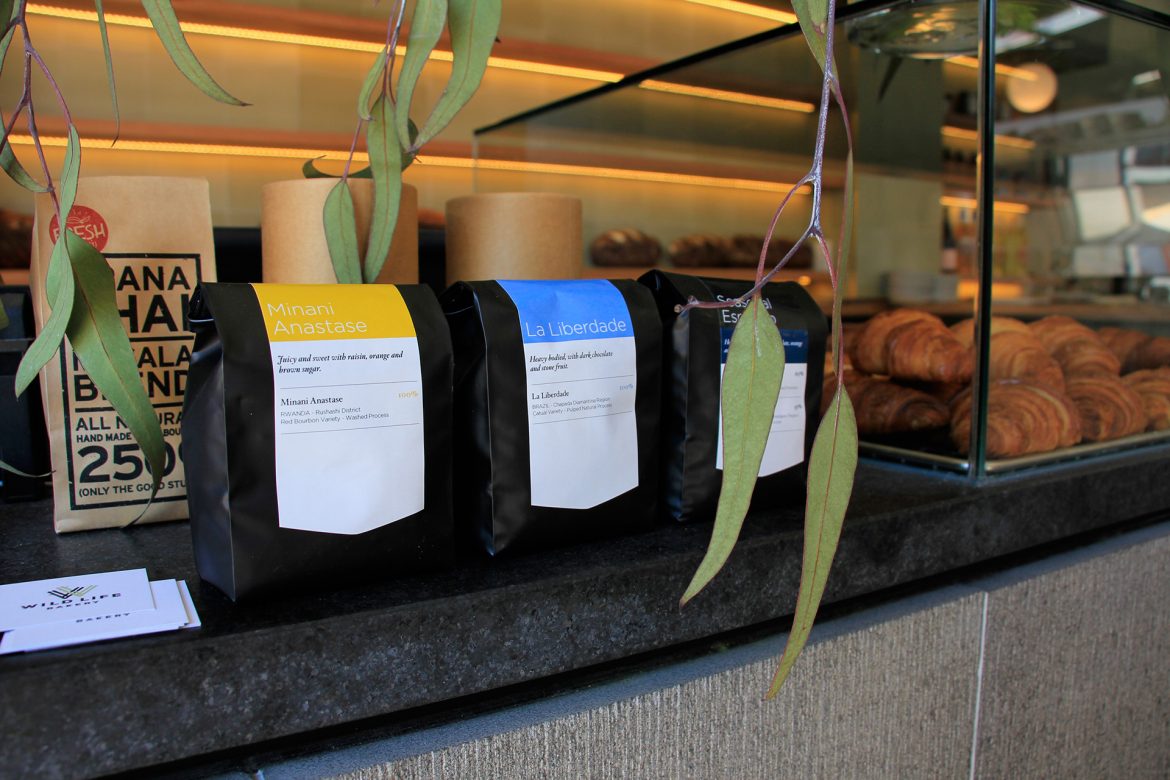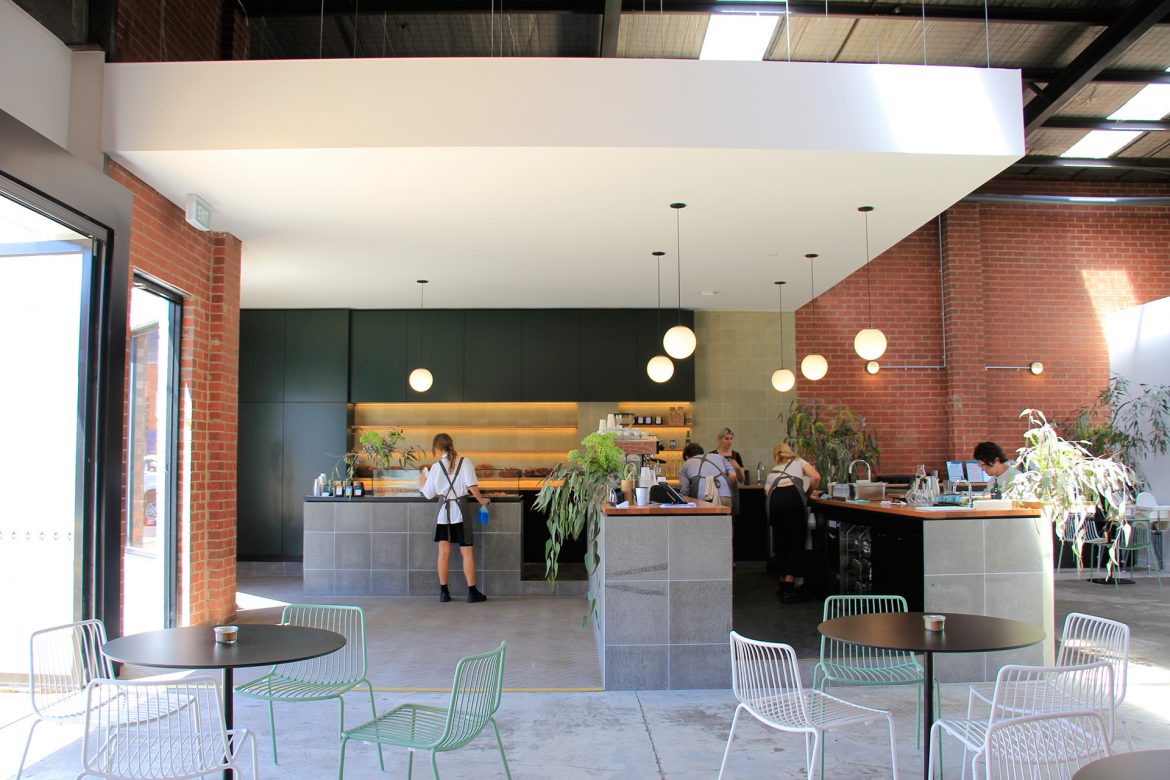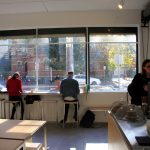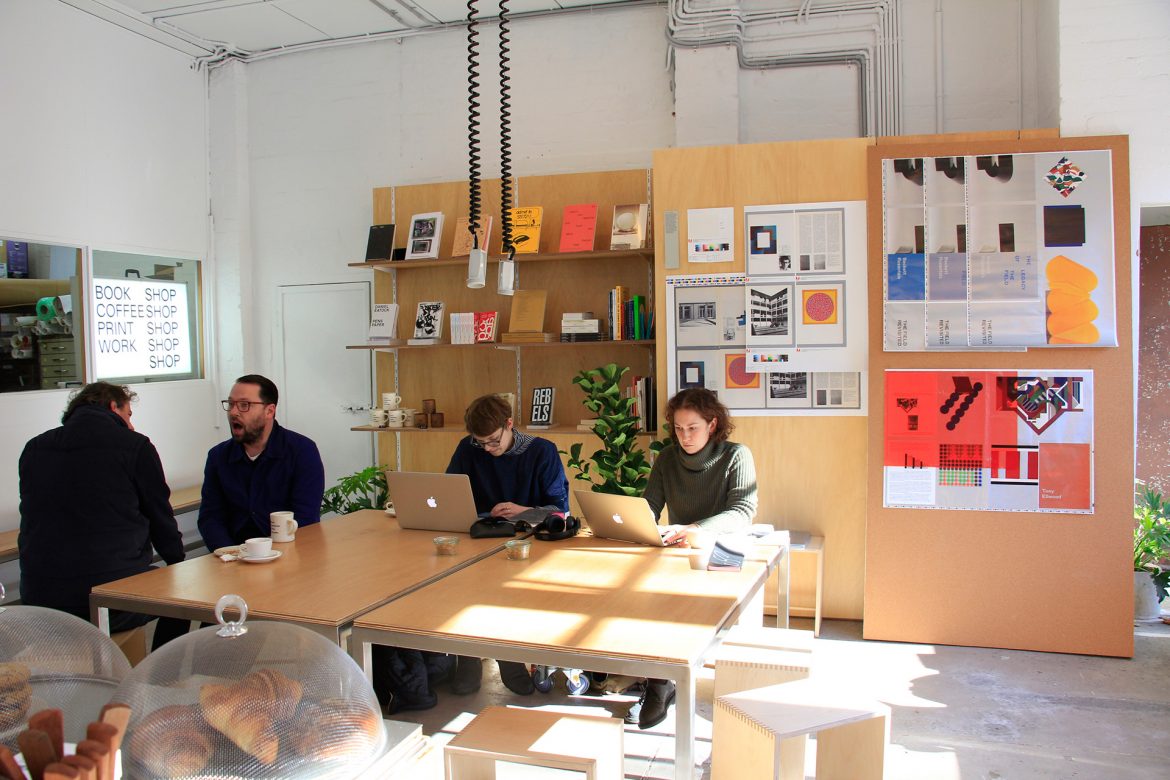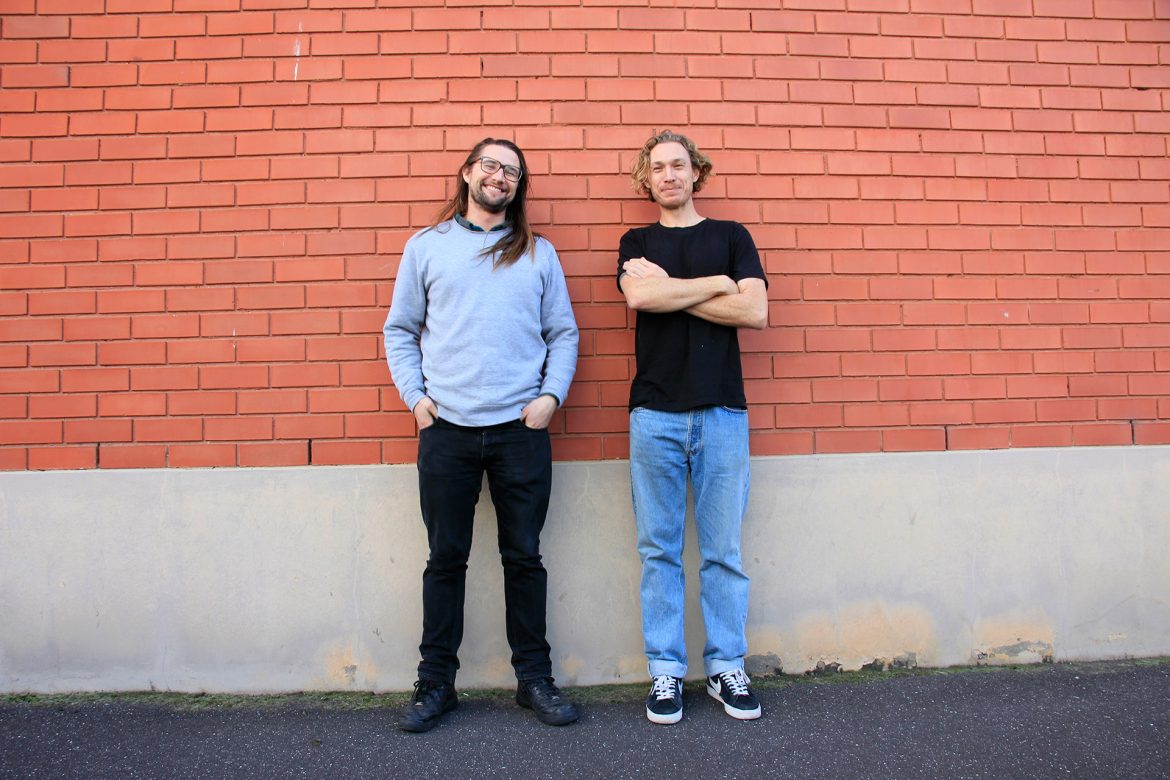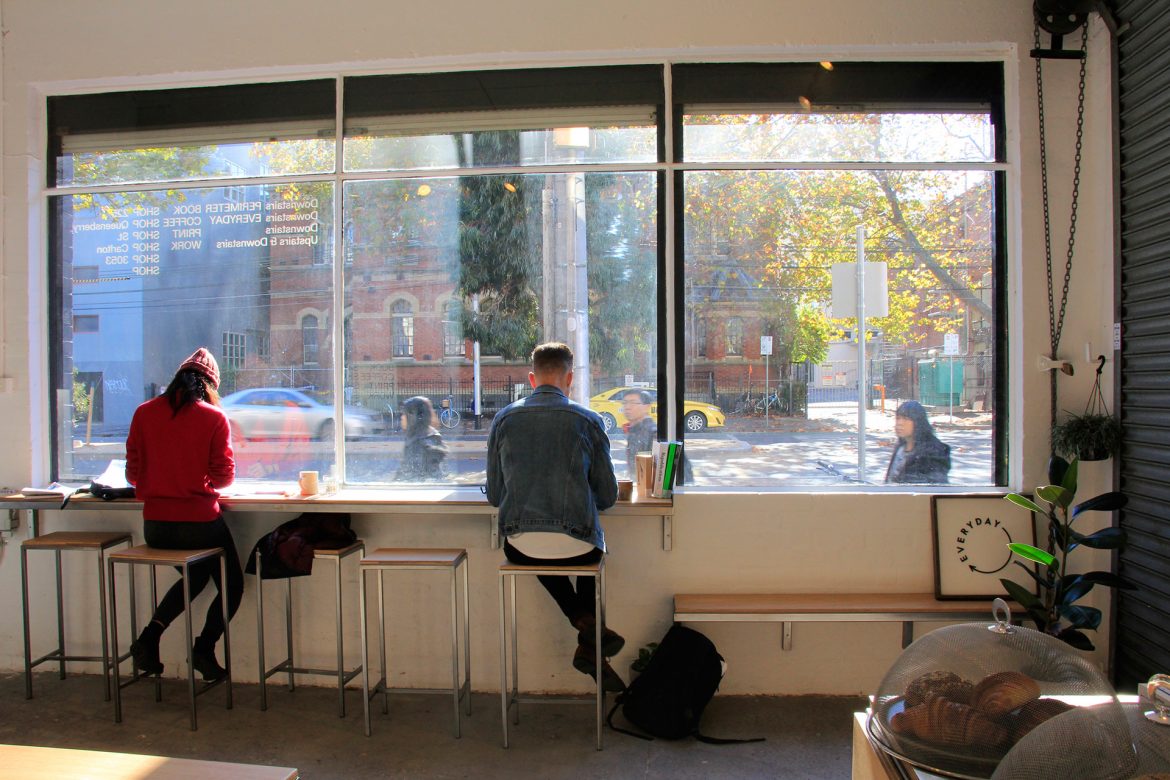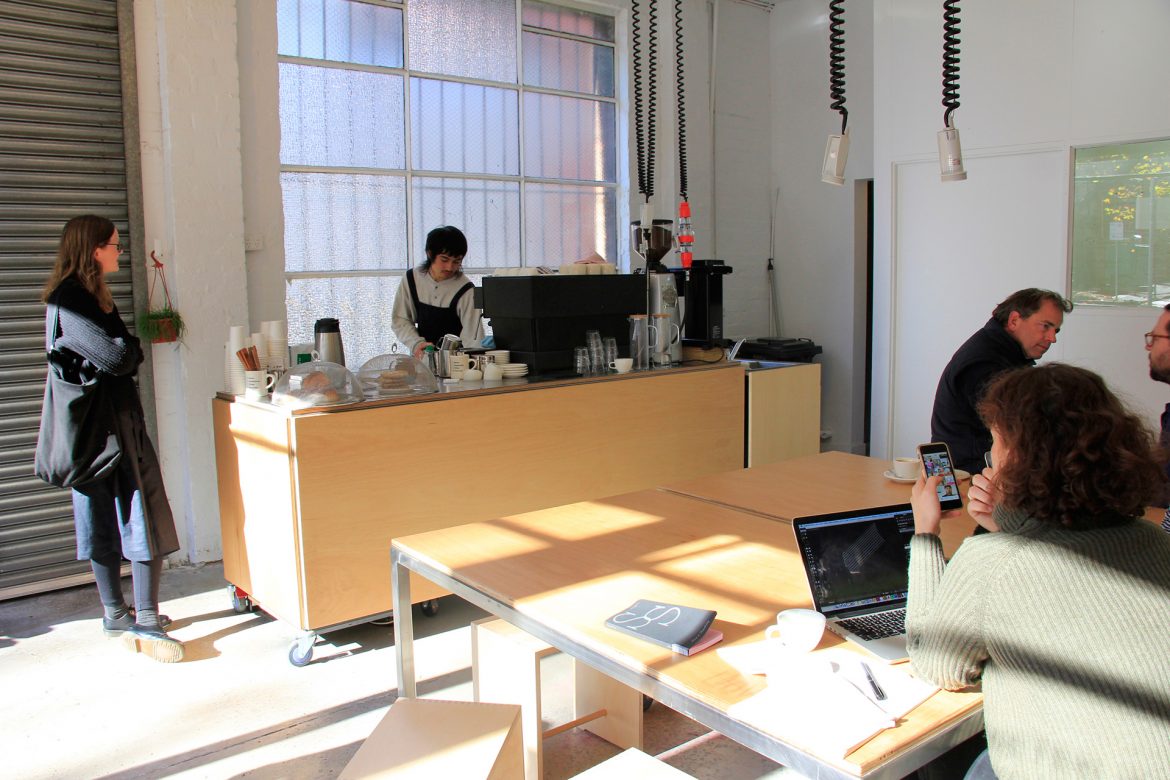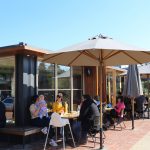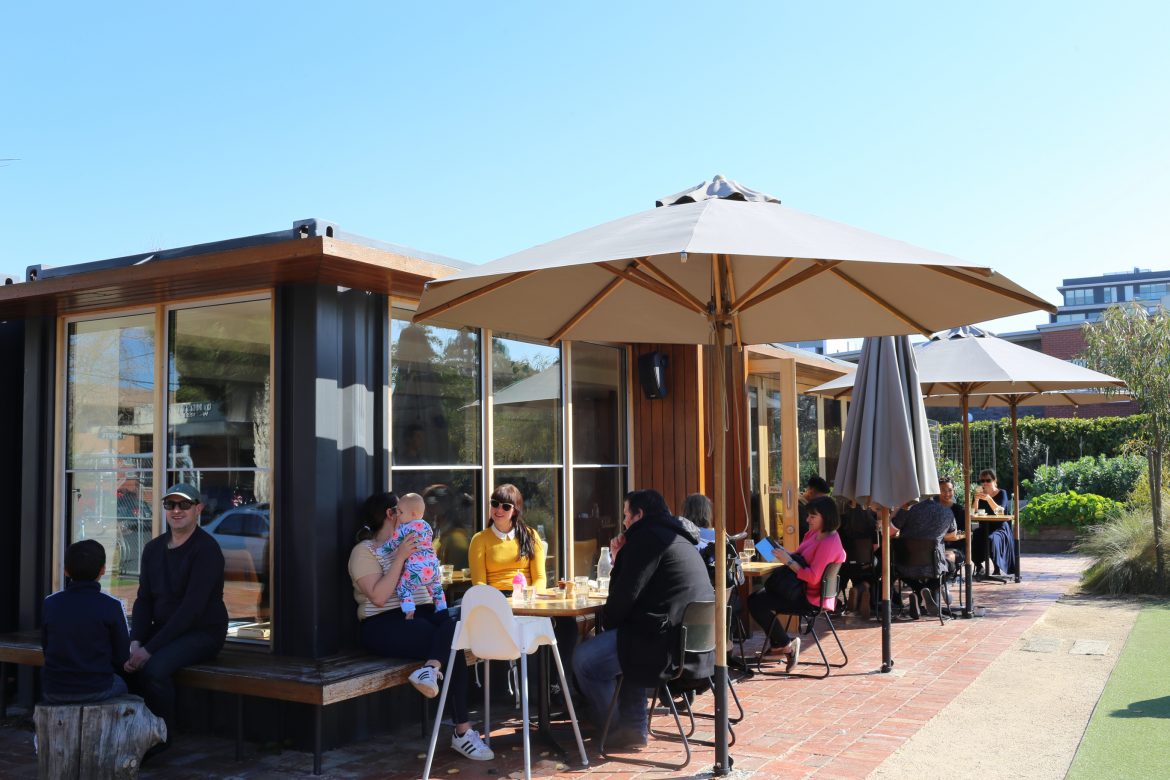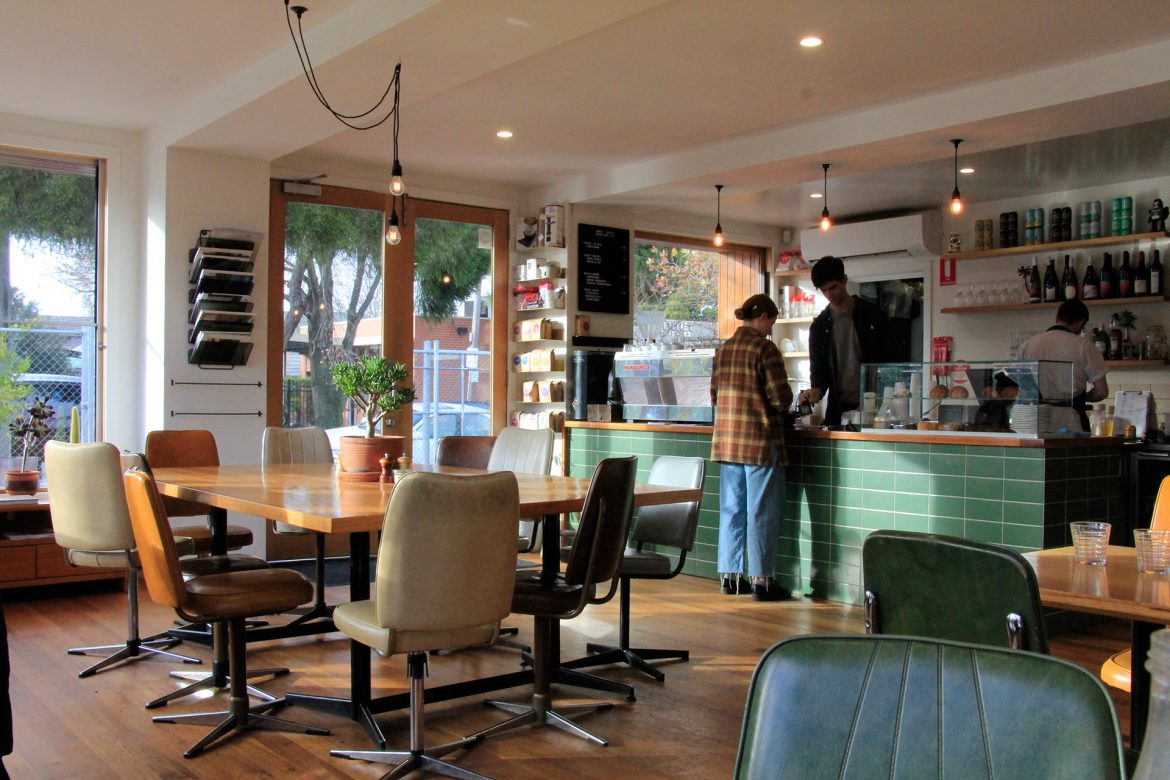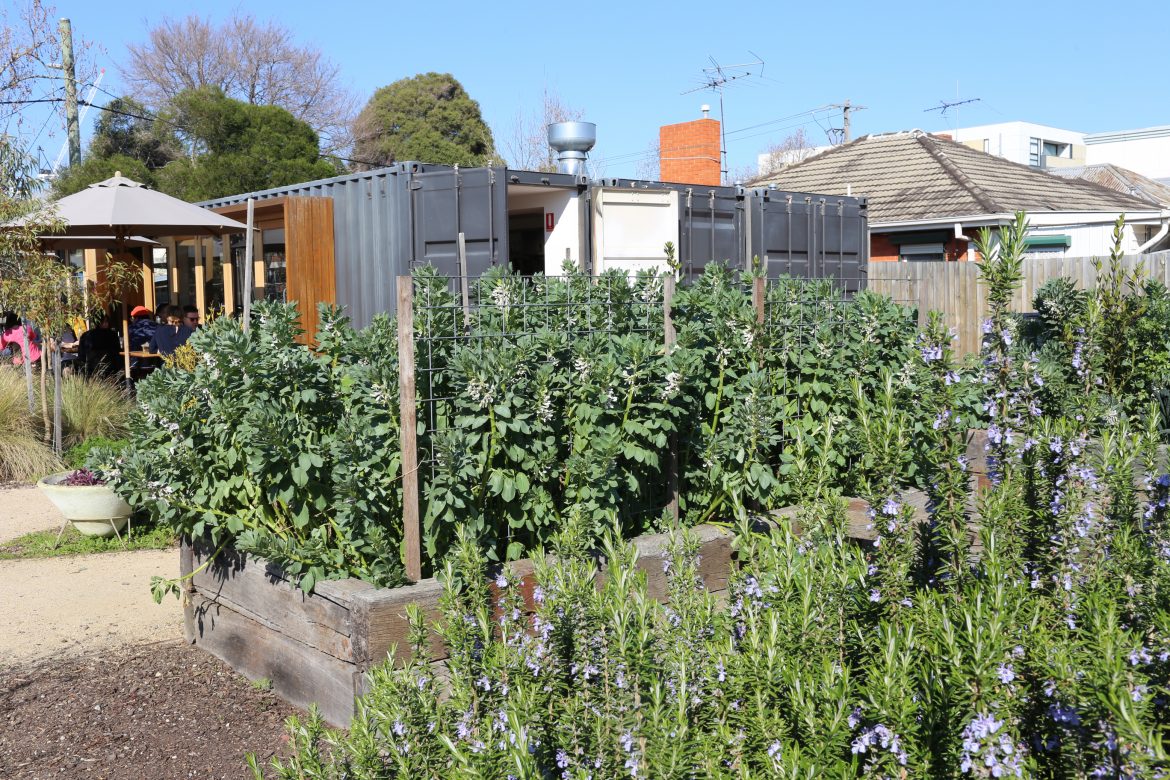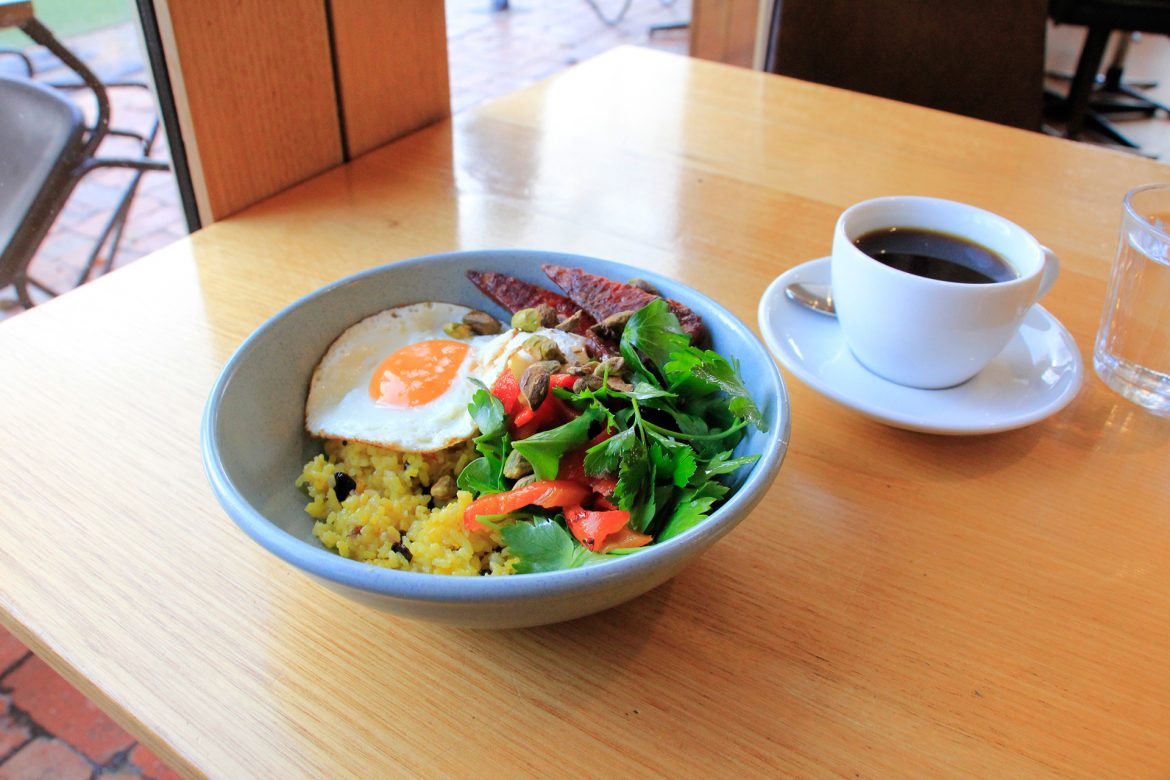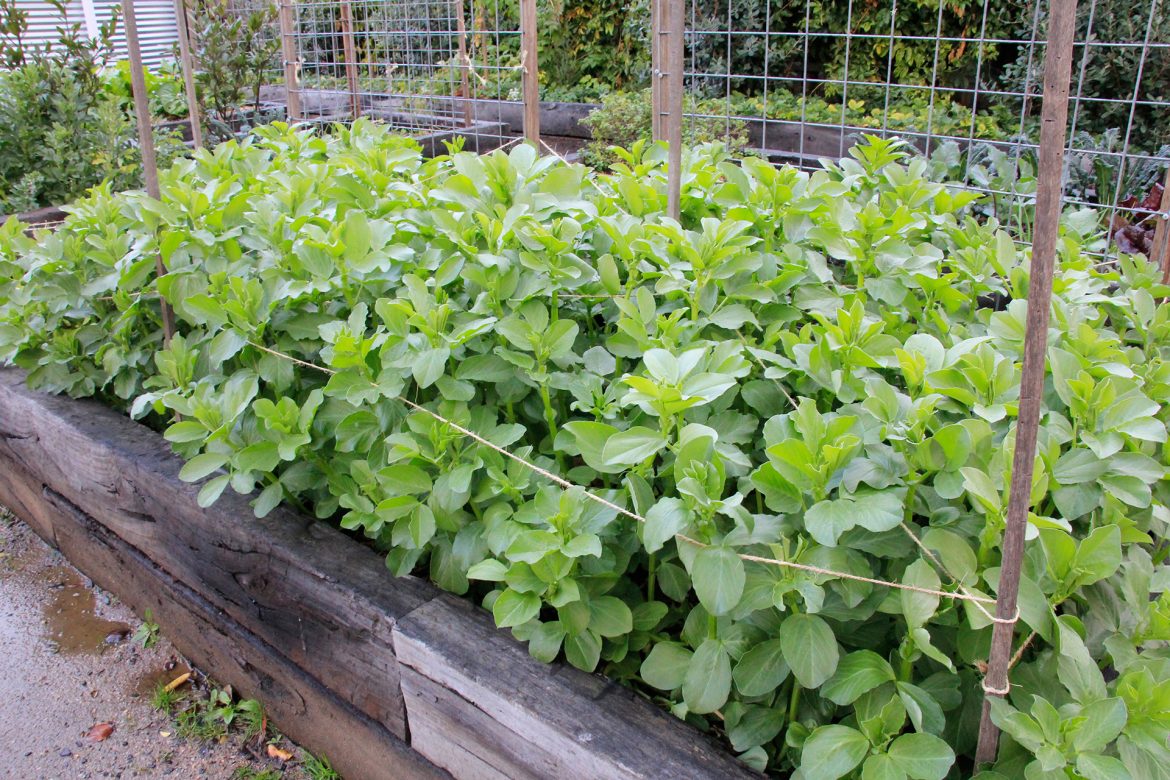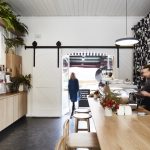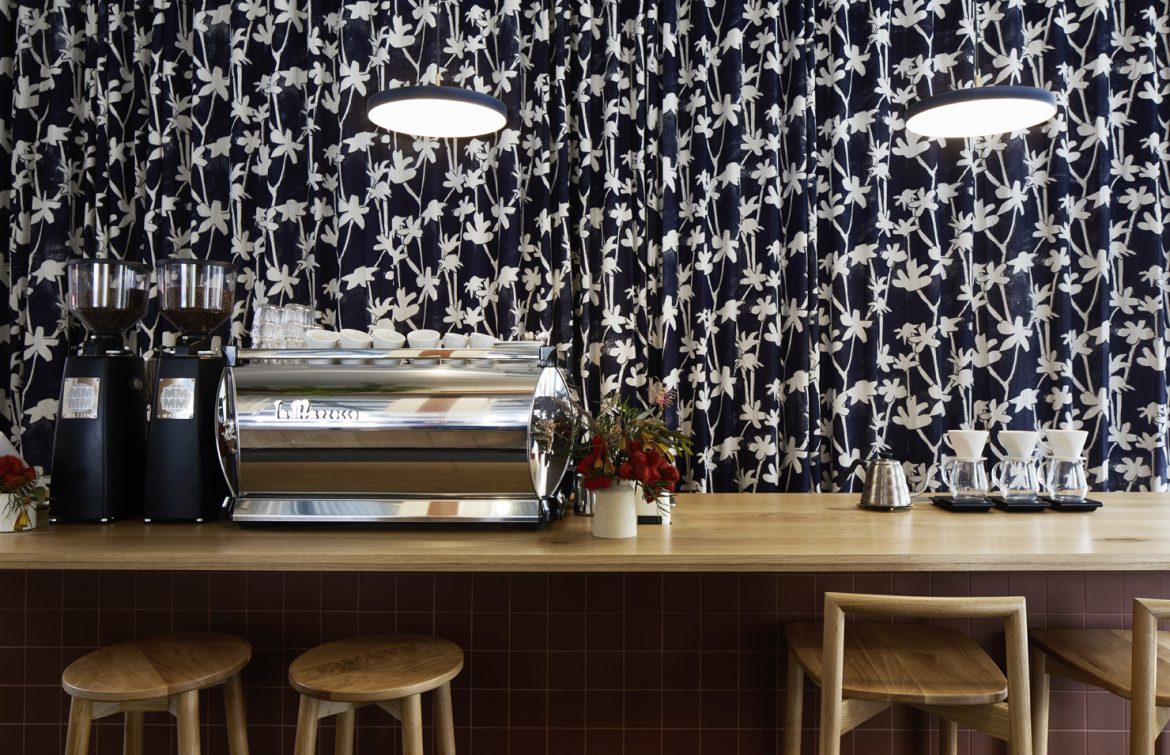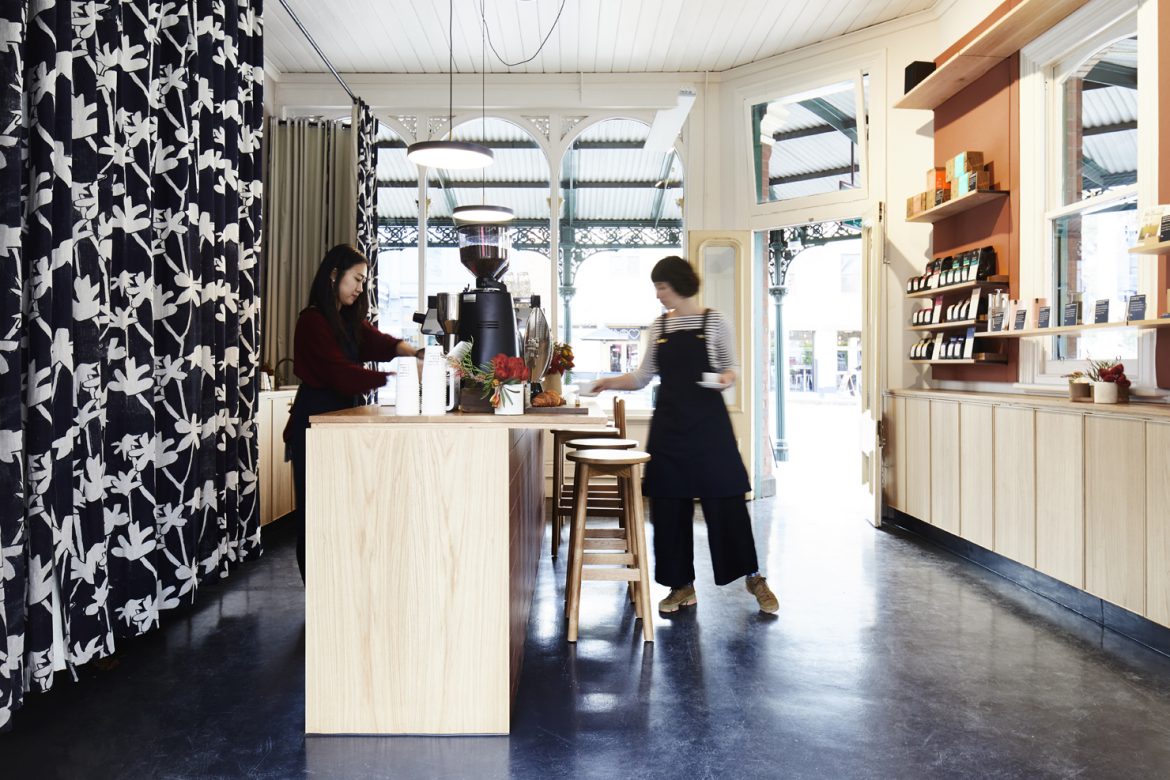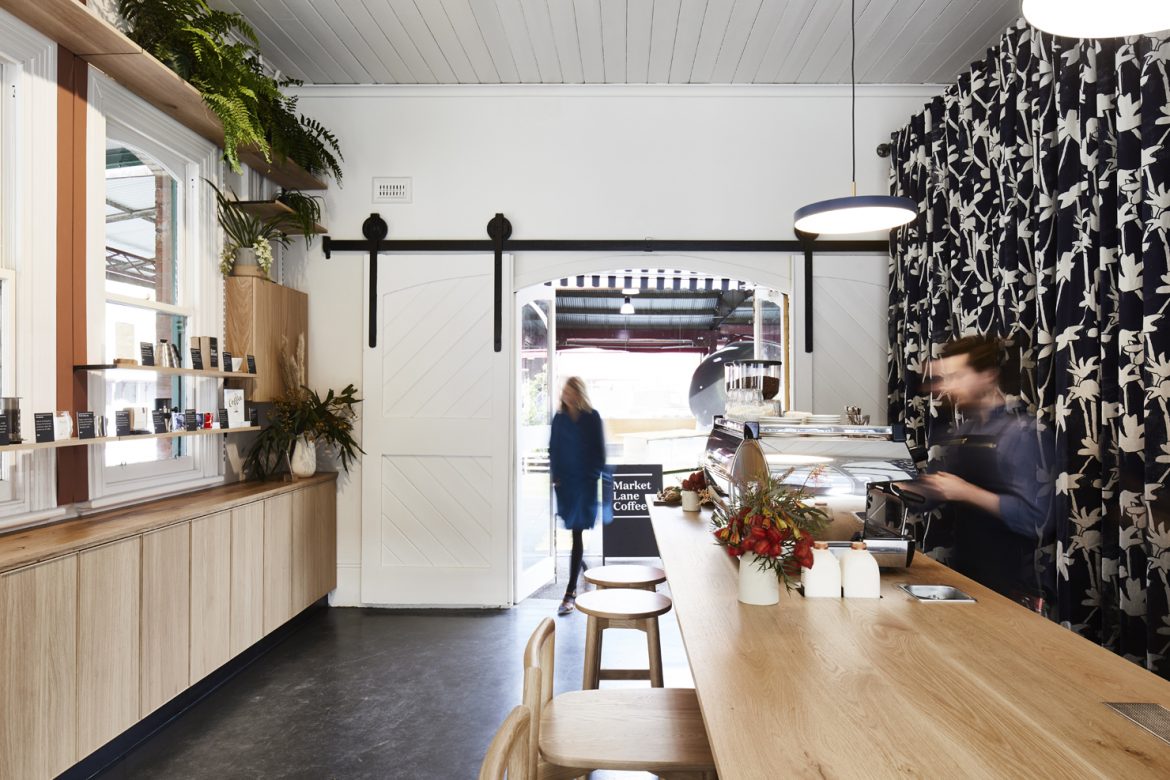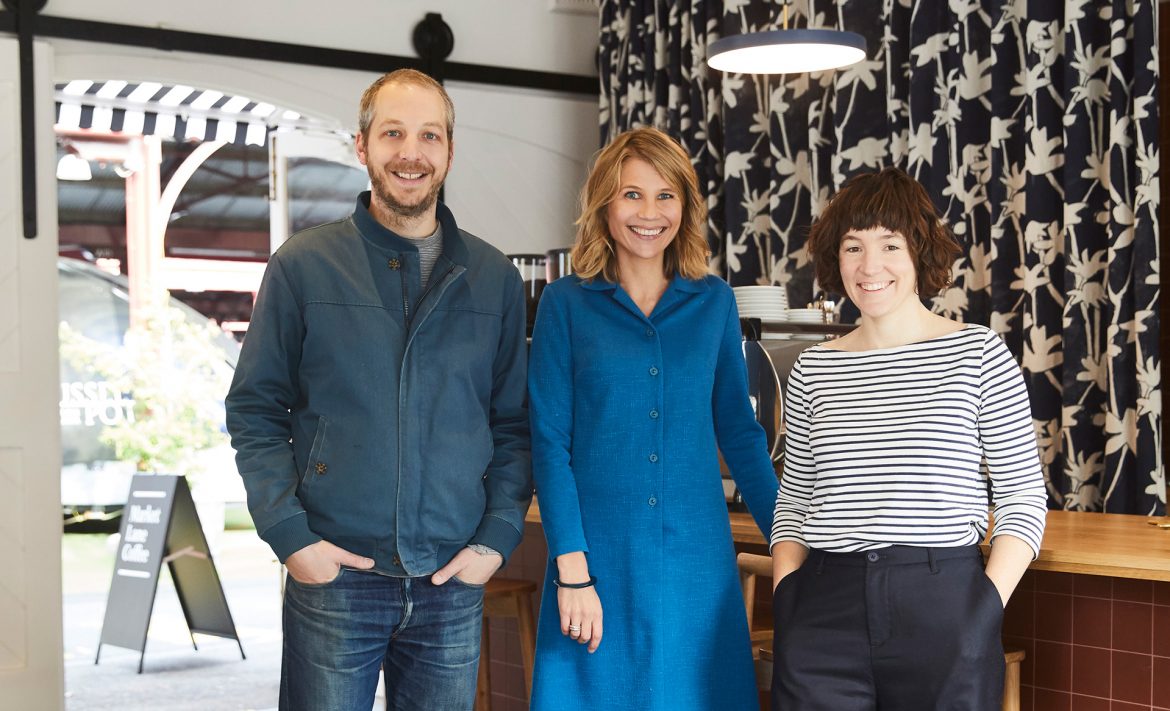
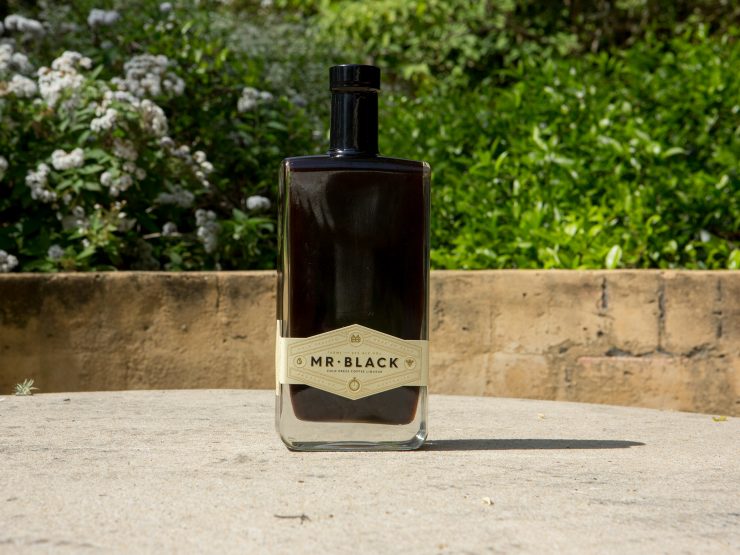
Man cannot live on coffee alone, which is why most coffee enthusiasts are also rather enthusiastic about other delicious things. The coffee nerd / foodie overlap is well-documented, but increasingly we’re seeing a good tipple become part of the coffee lover’s arsenal. This has been aided and abetted by forward-thinking bartenders, who see coffee not as a single “coffee flavor” but having a multitude of different nuances which can enrich and complement alcohol. If you love coffee cocktails, this is a great time to be alive.
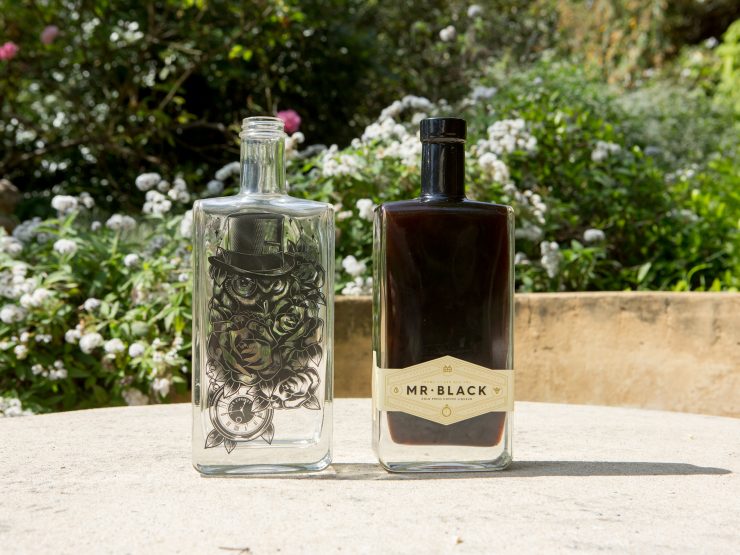
As more smart barkeeps bring coffee into the well, coffee liqueurs and spirits are beginning to catch up. A few beautiful examples come to mind stateside, from folks like J. Rieger and Co. and St. George. Meanwhile, down in Sydney the team at Mr Black have developed an elegant new coffee spirit that ought to become standard issue in any modern bartender’s toolkit. Mind you, this is not a liqueur, a spirit classification that generally has added sugars. This little “Black” number has no added sugar, but rather, is cold brewed and pressed to yield pleasingly real coffee flavors and aromatics. It’s one of the best new coffee spirits currently on the market anywhere in the world.
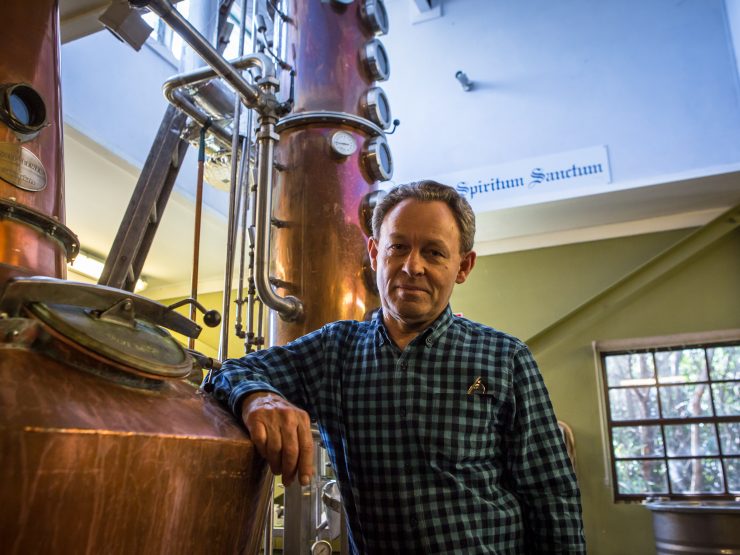
Noted distiller Philip Moore.
Mr. Black got its start in 2012 as the brainchild of designer Tom Baker and distiller Philip Moore, proprietor of Distillery Botanica, one of Australia’s highest-awarded distilling houses. Mr. Black is brewed at the Distillery Botanica facility in New South Wales, around 50 miles up the coast north of Sydney. Over the course of a daylong visit to the site, I was blown away by Moore & Co.’s dedication to making distinctive Australian spirits using local botanicals, in particular their much-lauded “garden grown” gin, distilled with the distinctive Murraya botannical pleasingly in the fore. Moore’s background as a horticulturist and herbalist has clearly served him well in the distilling game, and he tells me, “My guiding principle at the distillery is to source the very best quality botanicals, marry them with the purest spirit possible, then let the botanicals do the talking.”
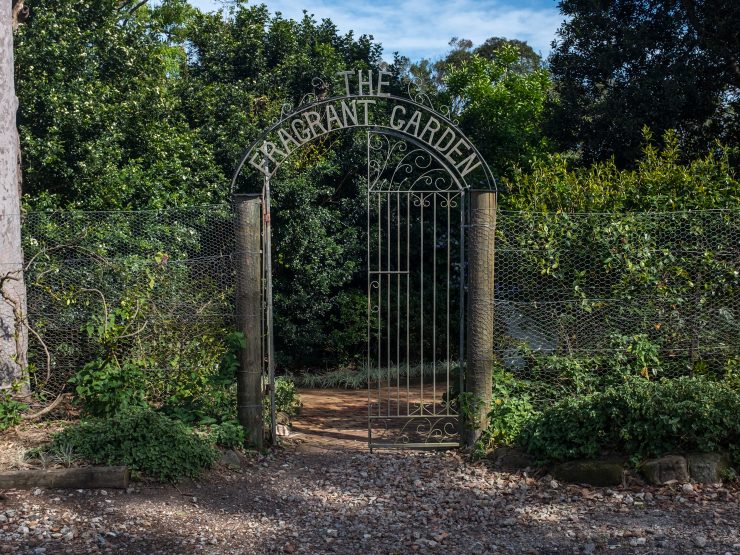
You won’t find false sweeteners and flavor maskers like vanilla and caramel here. Instead, Botanica’s facility is accessed by walking first through “The Fragrant Garden”, with native Australian flora and a sense of place surrounding you. Once you arrive at the visitor’s center, you’ll discover a distillery and coffee roasting facility conveniently located under one roof. Until recently Mr Black coffee was roasted by Campos Coffee in Sydney, but with increase in production the roasting has been brought in-house and overseen by Moore, who roasts to a specific profile to serve the spirit. “There was plenty of room for a coffee liqueur made 100% from coffee beans,” says Moore, “and I also love the smoky toffee and chocolate flavours that are produced from the Maillard reaction during roasting of coffee beans. Coffee is even more prone to oxidation than wine and as such presents an enjoyable challenge to be overcome.”
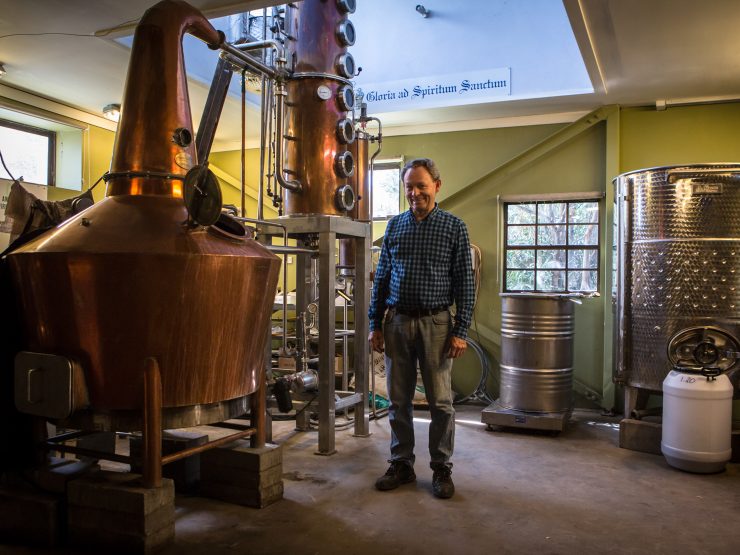
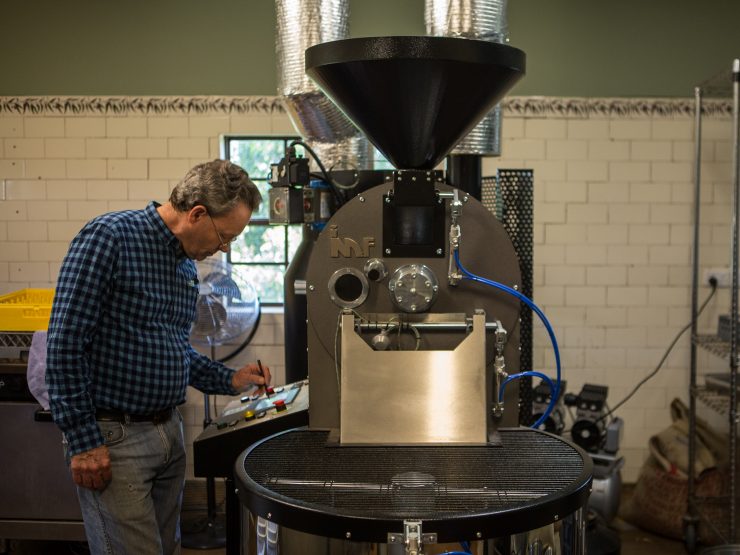
Once roasted the coffee is ground, cold brewed, and mixed with alcohol, and left to sit. When it’s ready Moore & his team press-extract as much of the liquid as possible—a deceptively simple production method that belies a hands-on approach and attention to detail in each batch.
A busy holiday season saw Mr. Black collaborating with Campos Coffee on producing a limited-edition single-origin Panama edition, plus production of a coffee-forward Old Tom Gin is on the horizon—a truly astonishing botanical coffee spirit that should be unlike most anything else on the spirits market. Sprudge readers in Australia and the UK can find Mr. Black at fine urban liquor stores; readers in the United States, be on the lookout in 2017 when the product is set to roll out to select cities across North America.
If my editors have any say, they’ll start exporting a bit of that Australian botanical gin to the States as well.
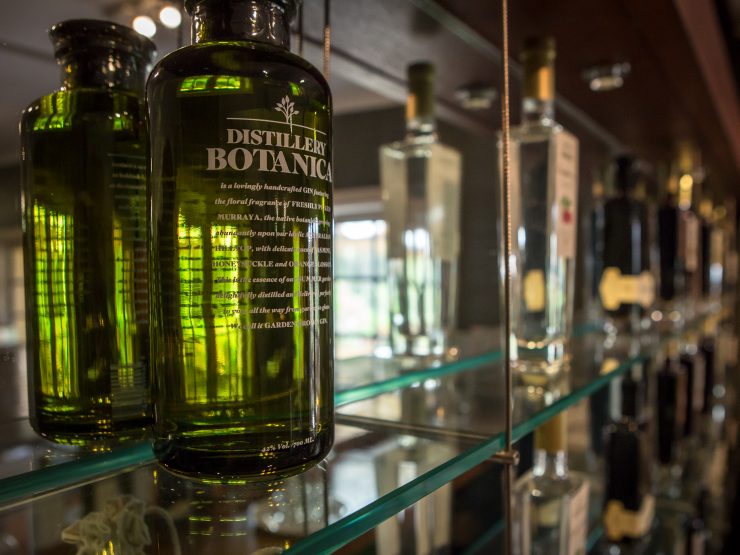
Vic Frankowski is a Sprudge contributor, photojournalist, and coffee professional based in London. Read more Victor Frankowski on Sprudge.
The post Mr. Black Could Well Be The World’s Finest Coffee Liqueur appeared first on Sprudge.

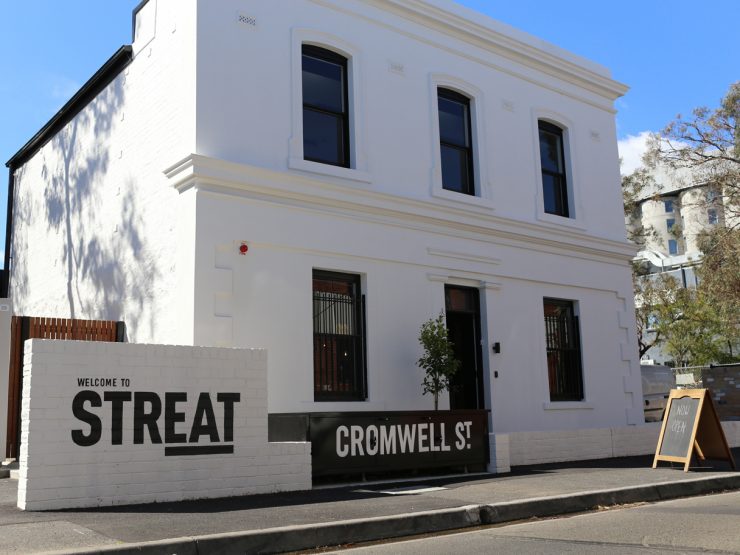
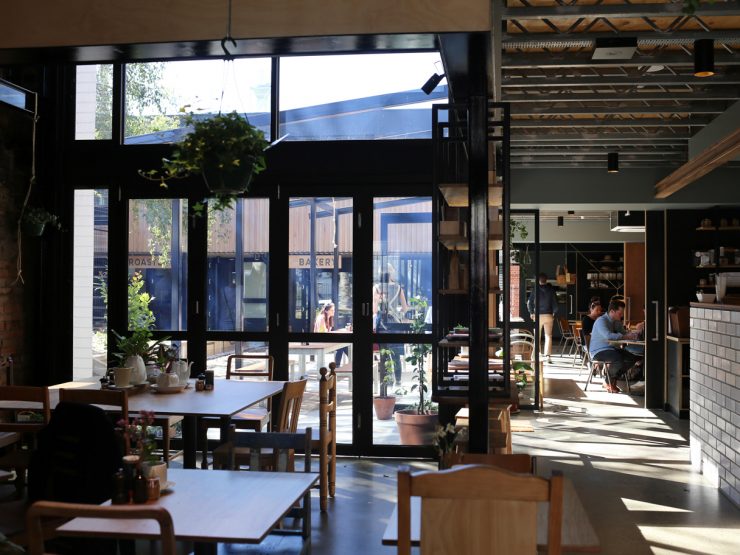
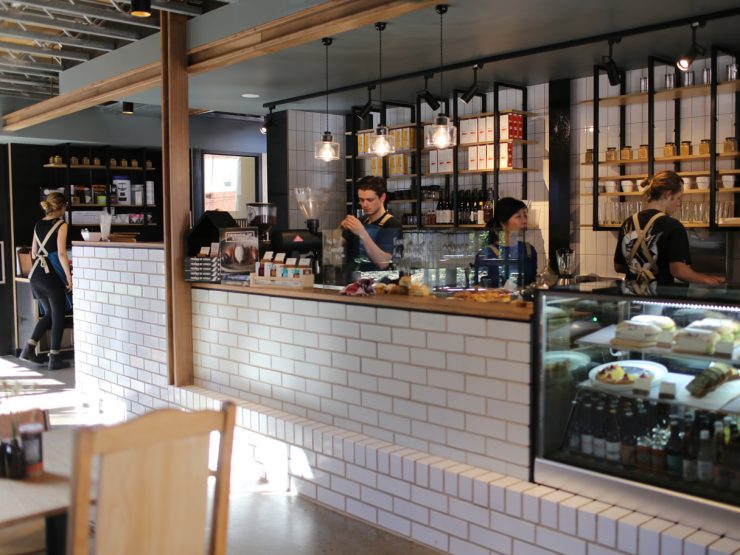
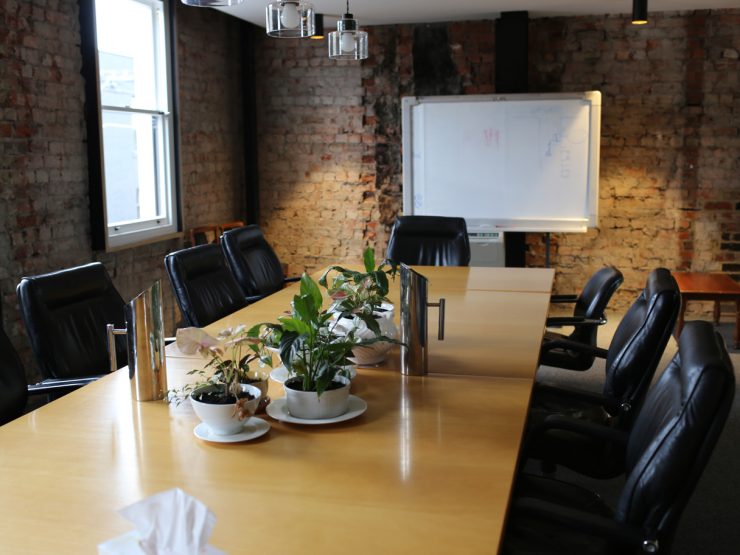
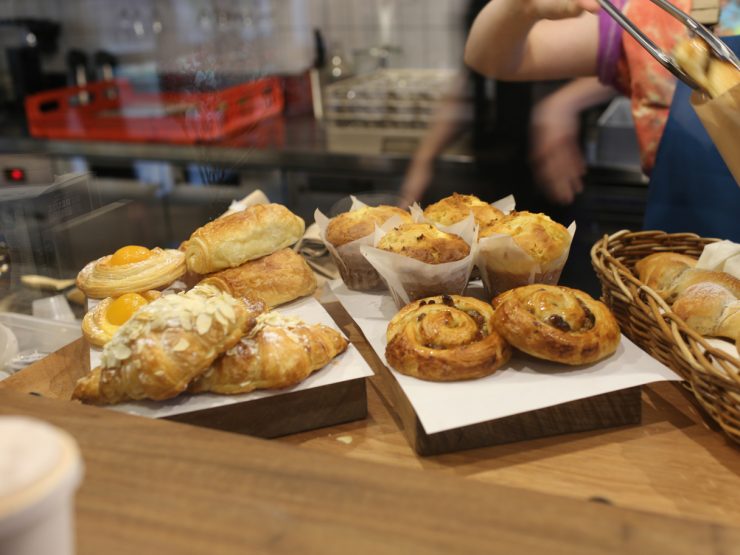
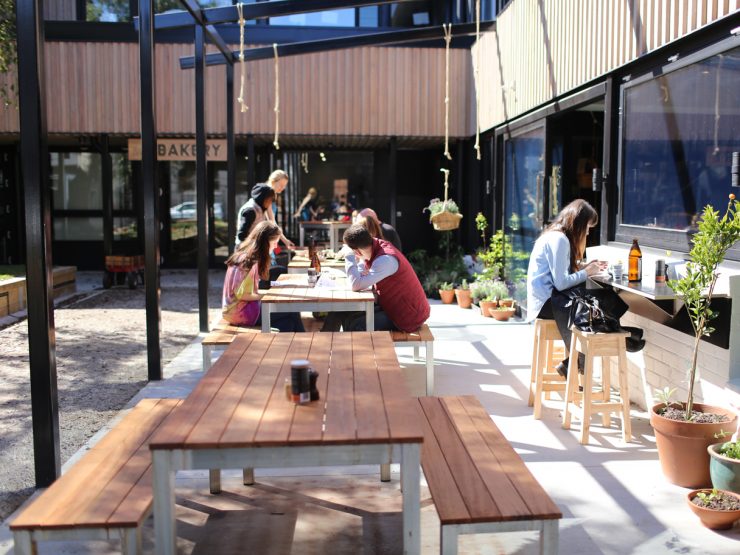

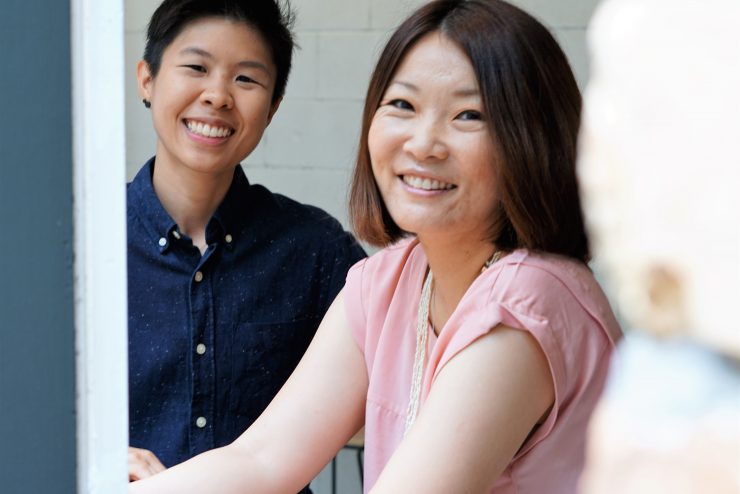
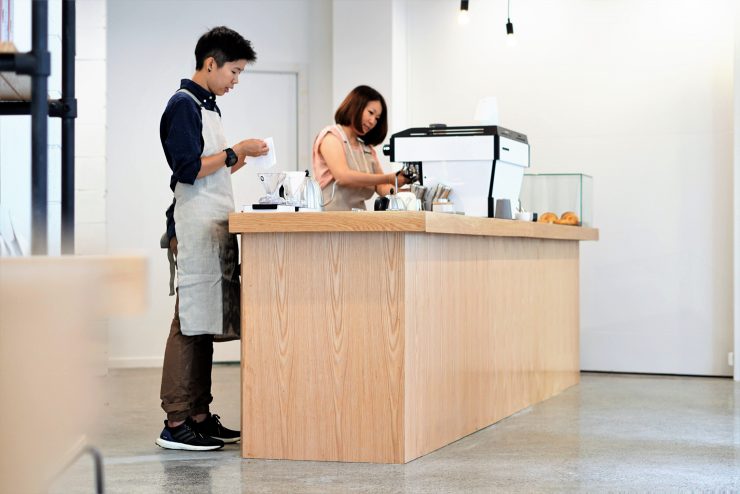
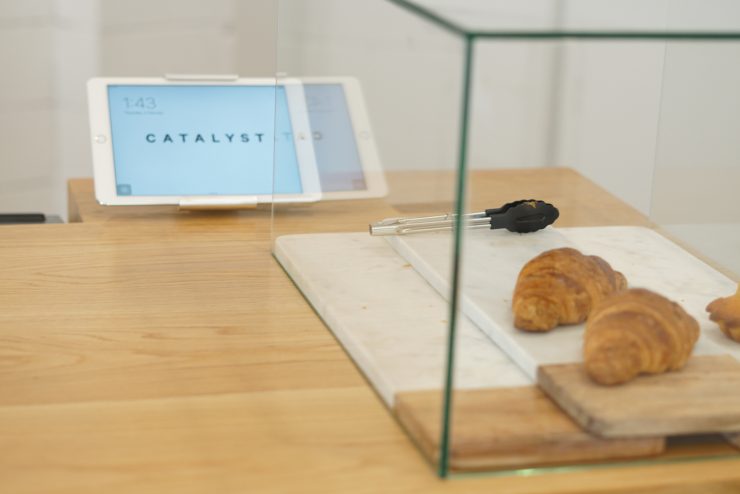
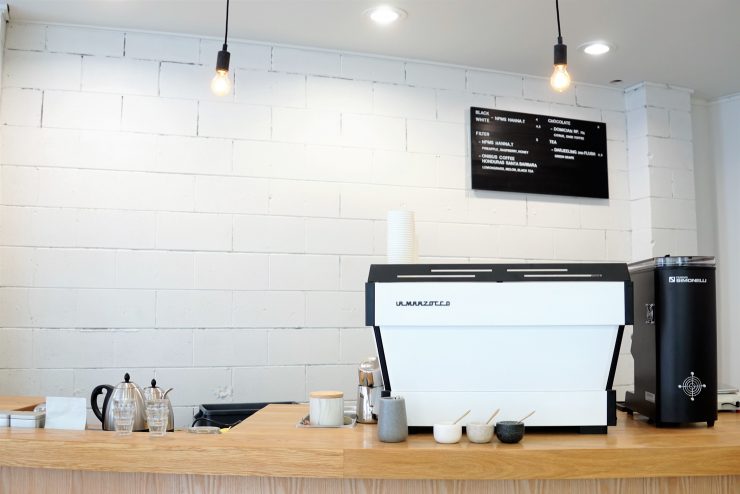
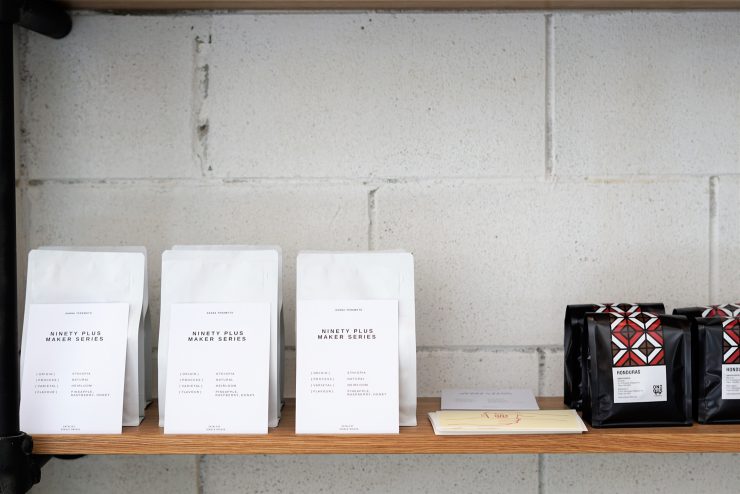
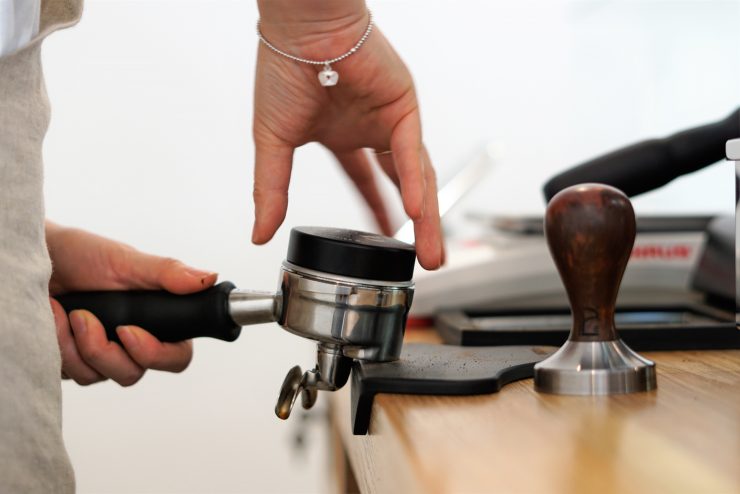
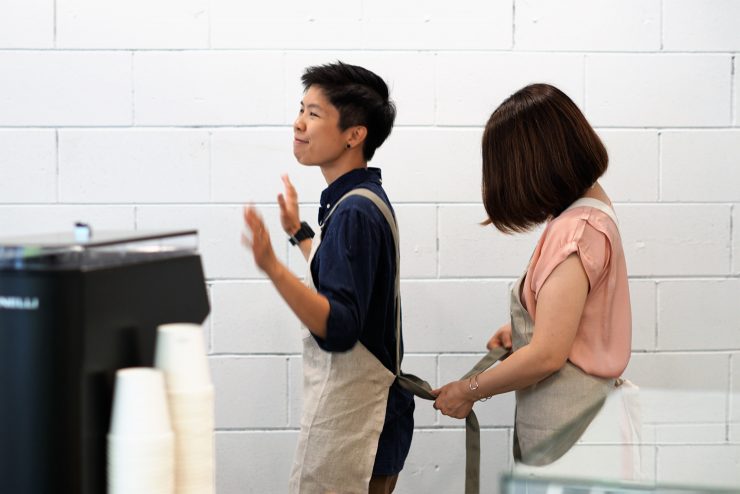

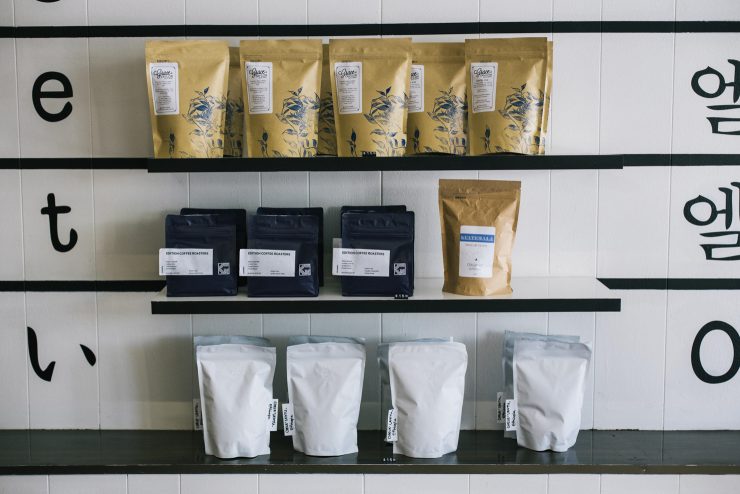
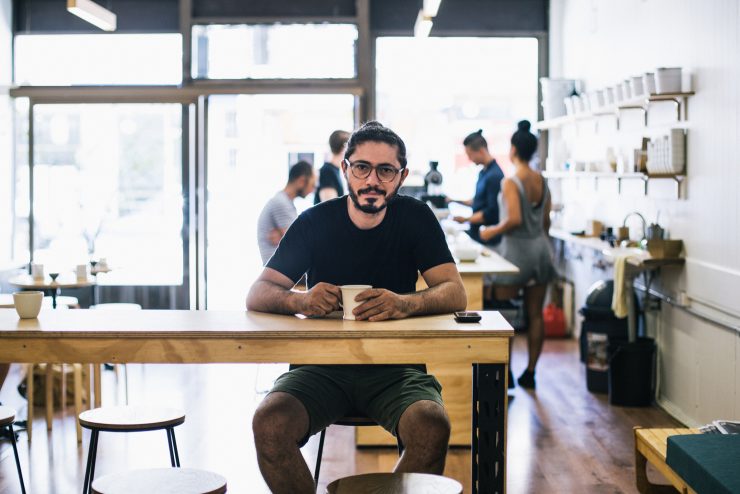
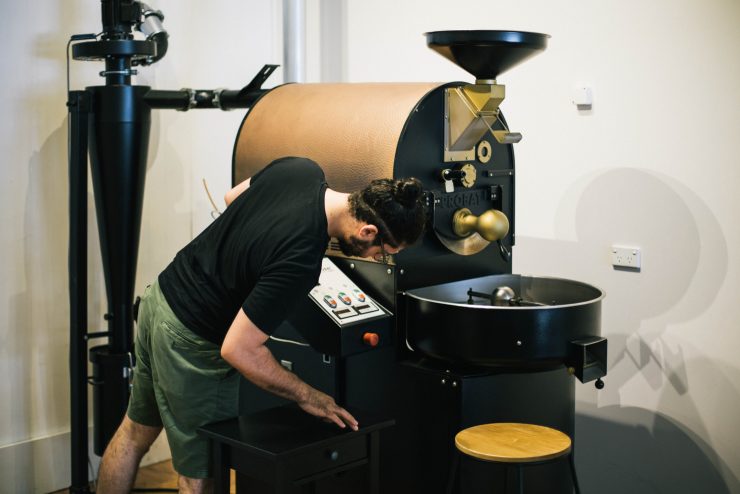
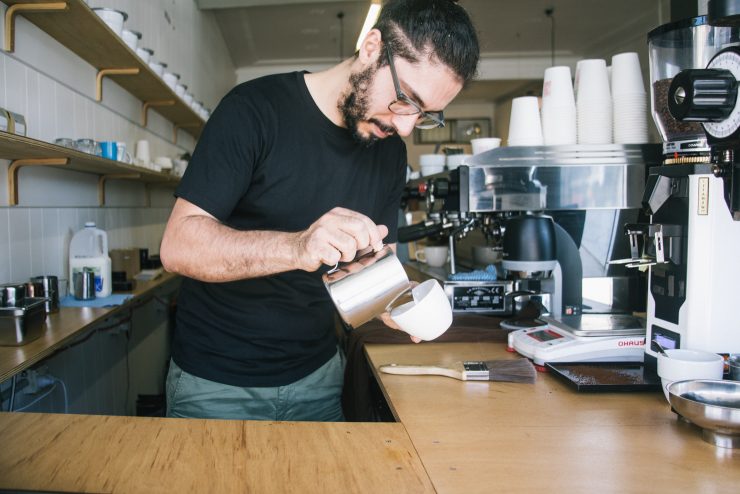


 #sanchoibao #chinesecooking #modernchinese
#sanchoibao #chinesecooking #modernchinese
 Marinated in rice wine and soy ginger, deep fried snapper w/ a sweet and sour sauce made with passion fruit / nectarines and shiso Dish origin: Zhejiang. Eastern china, where marine and fresh water resources are abundant. Well known typical flavours from this region include red vinegar and rice wine in a lot of the dishes. #chinesecooking #foodporn #samlowcooks #sweetnsour #fish #chinese #homecooking
Marinated in rice wine and soy ginger, deep fried snapper w/ a sweet and sour sauce made with passion fruit / nectarines and shiso Dish origin: Zhejiang. Eastern china, where marine and fresh water resources are abundant. Well known typical flavours from this region include red vinegar and rice wine in a lot of the dishes. #chinesecooking #foodporn #samlowcooks #sweetnsour #fish #chinese #homecooking

 Steak w/ mushroom jus // cos n butter beans // blistered tomato, king mushroom, Thai eggplant // grilled heirloom tomato // natural wine
Steak w/ mushroom jus // cos n butter beans // blistered tomato, king mushroom, Thai eggplant // grilled heirloom tomato // natural wine  #treatyoself #christmasevedinner #foodporn
#treatyoself #christmasevedinner #foodporn